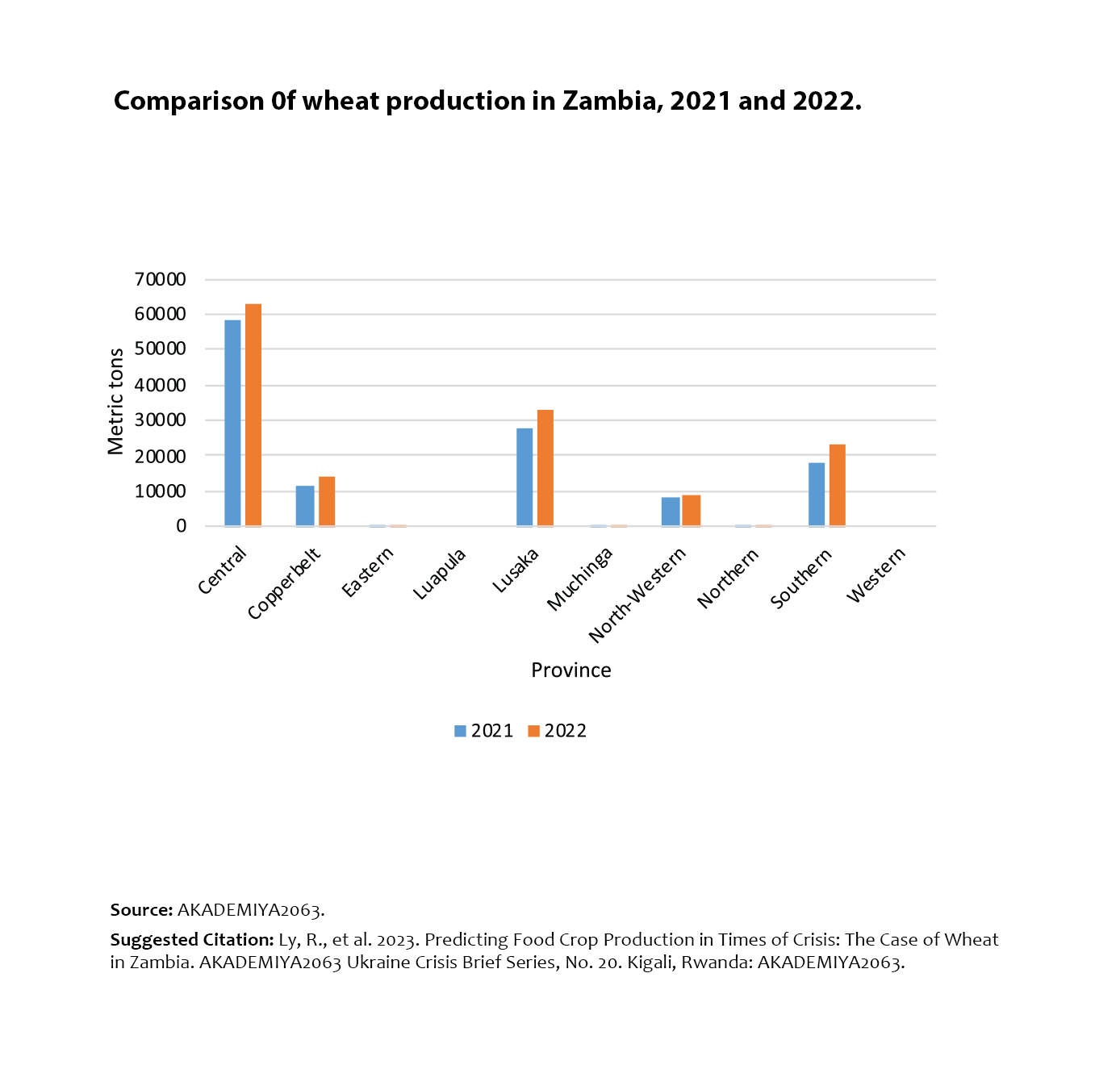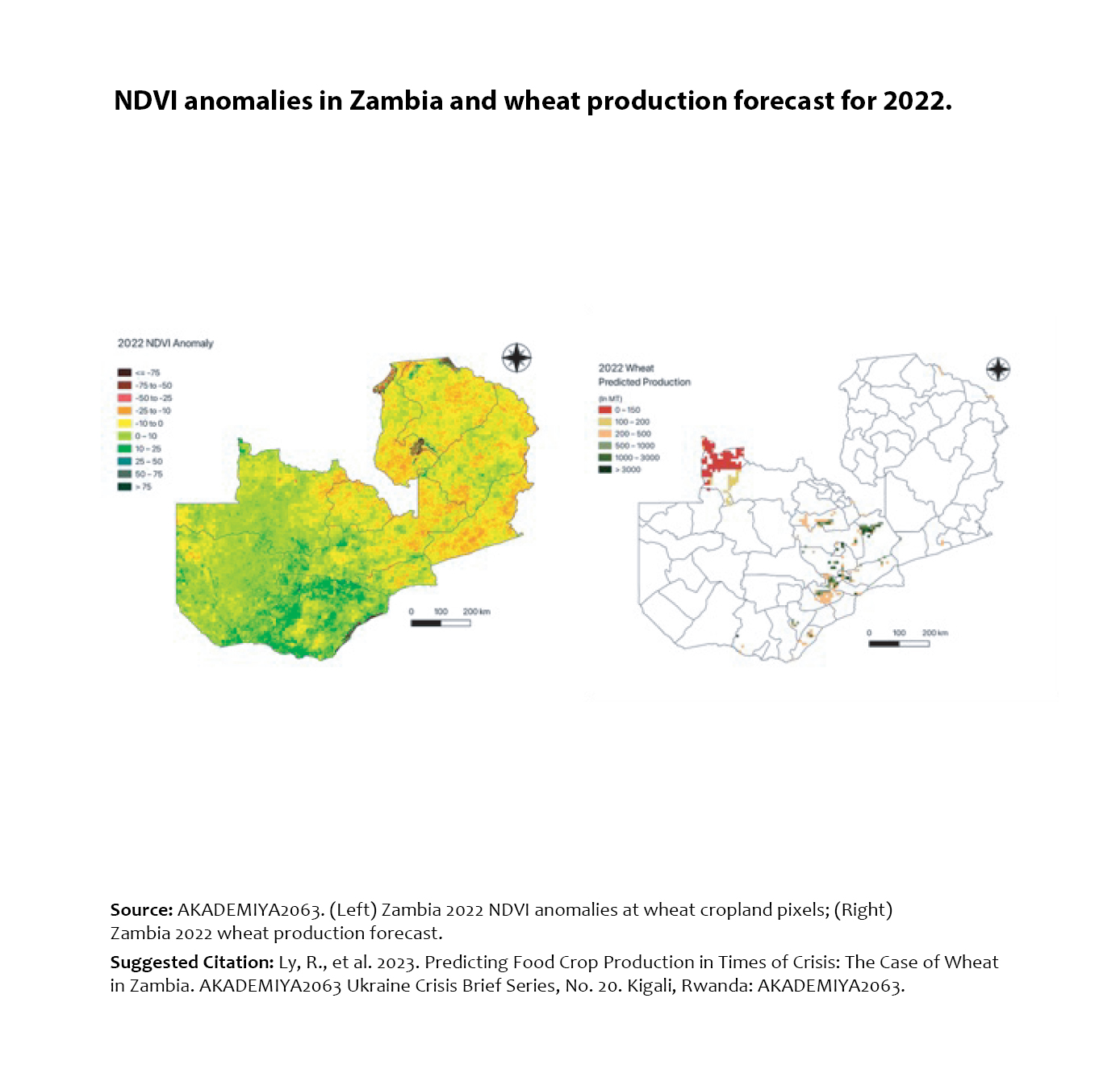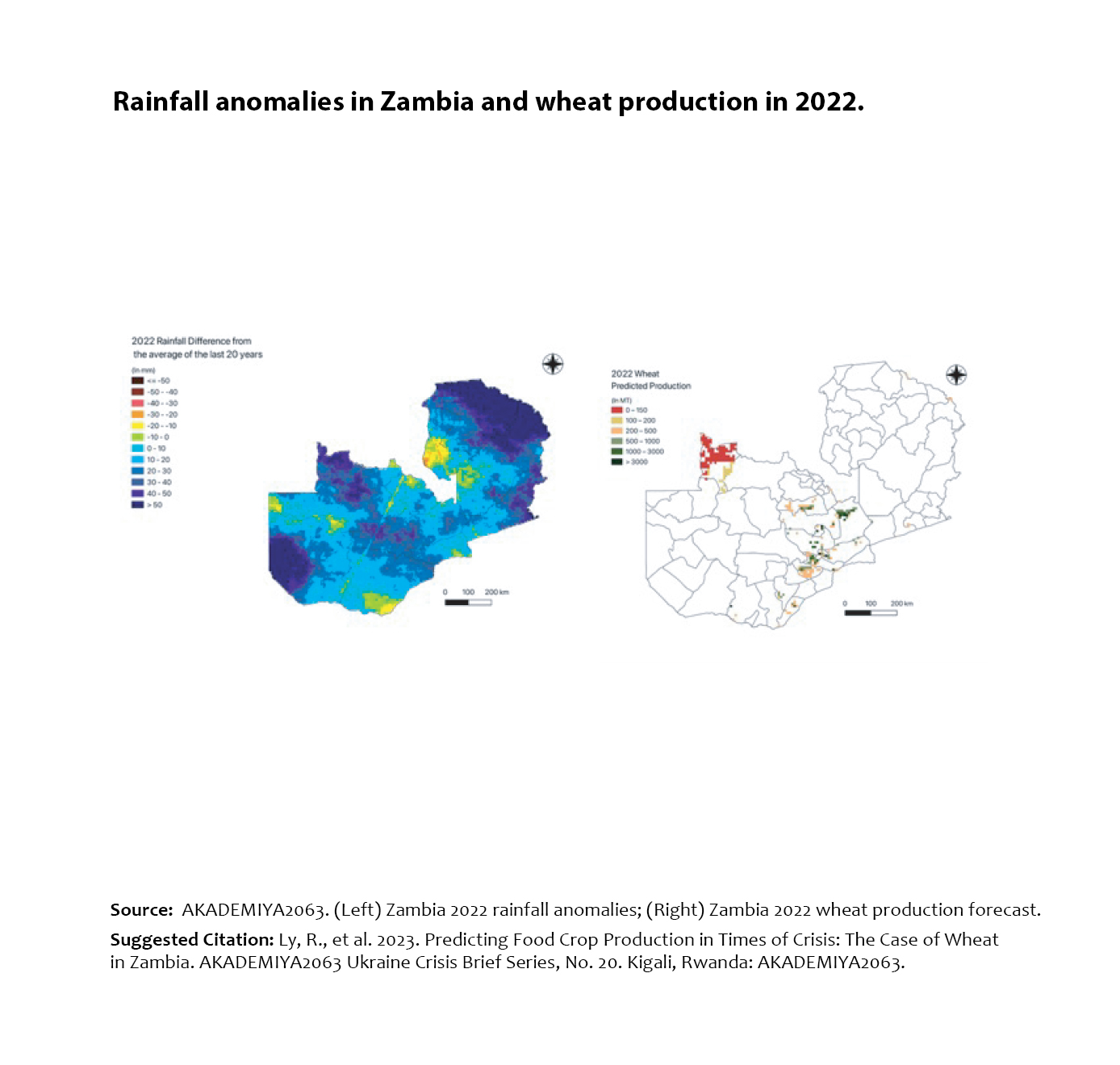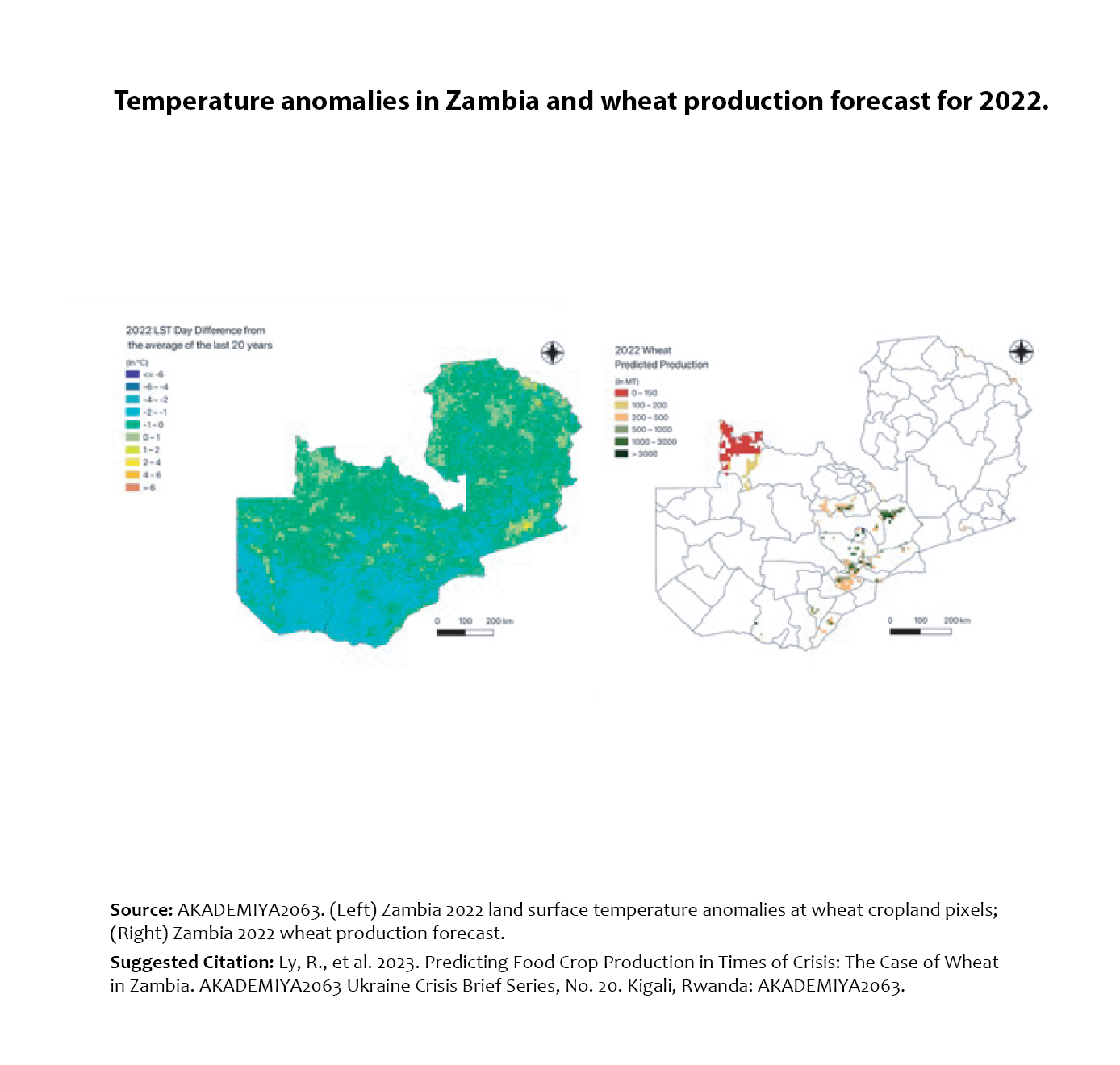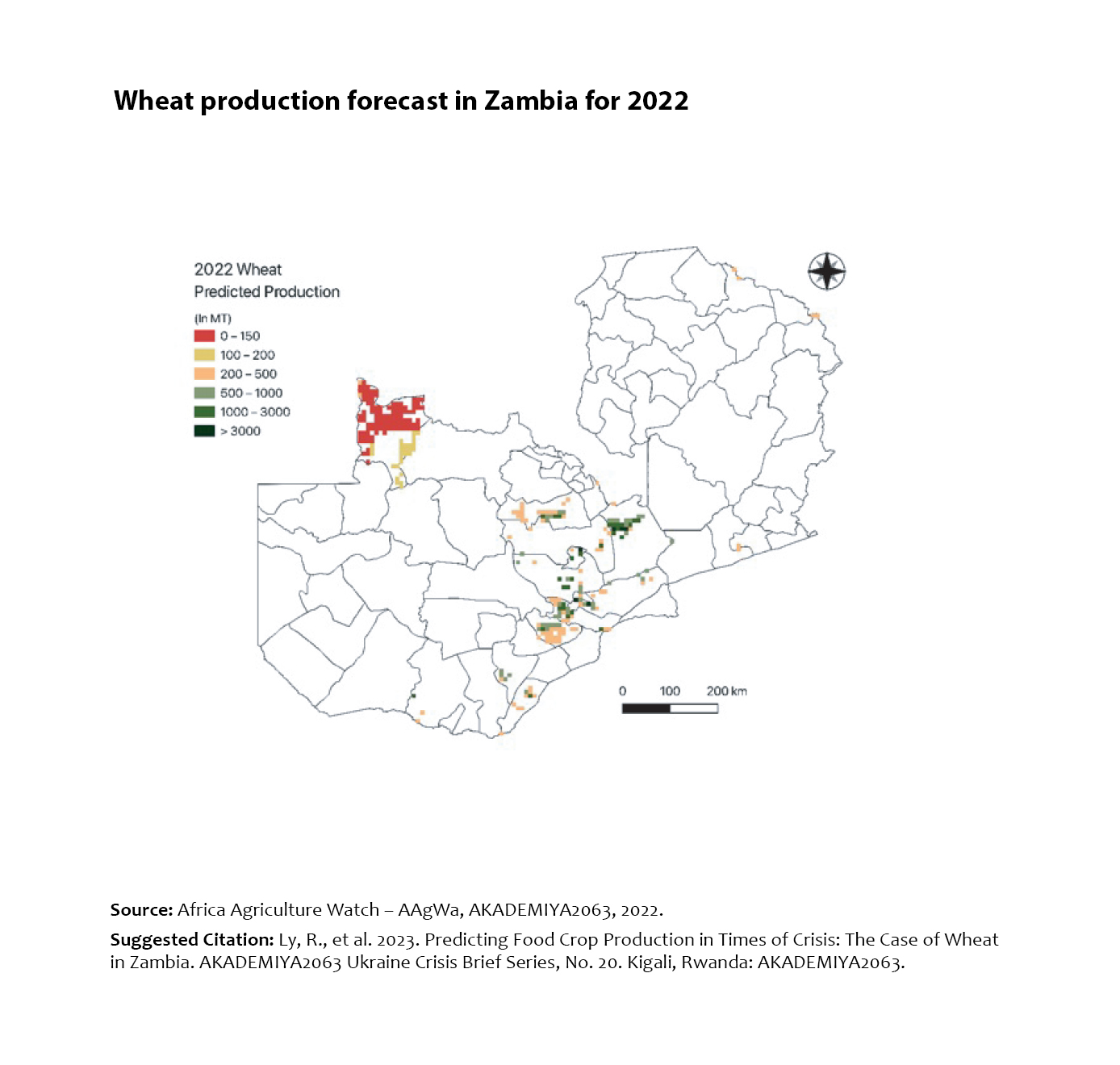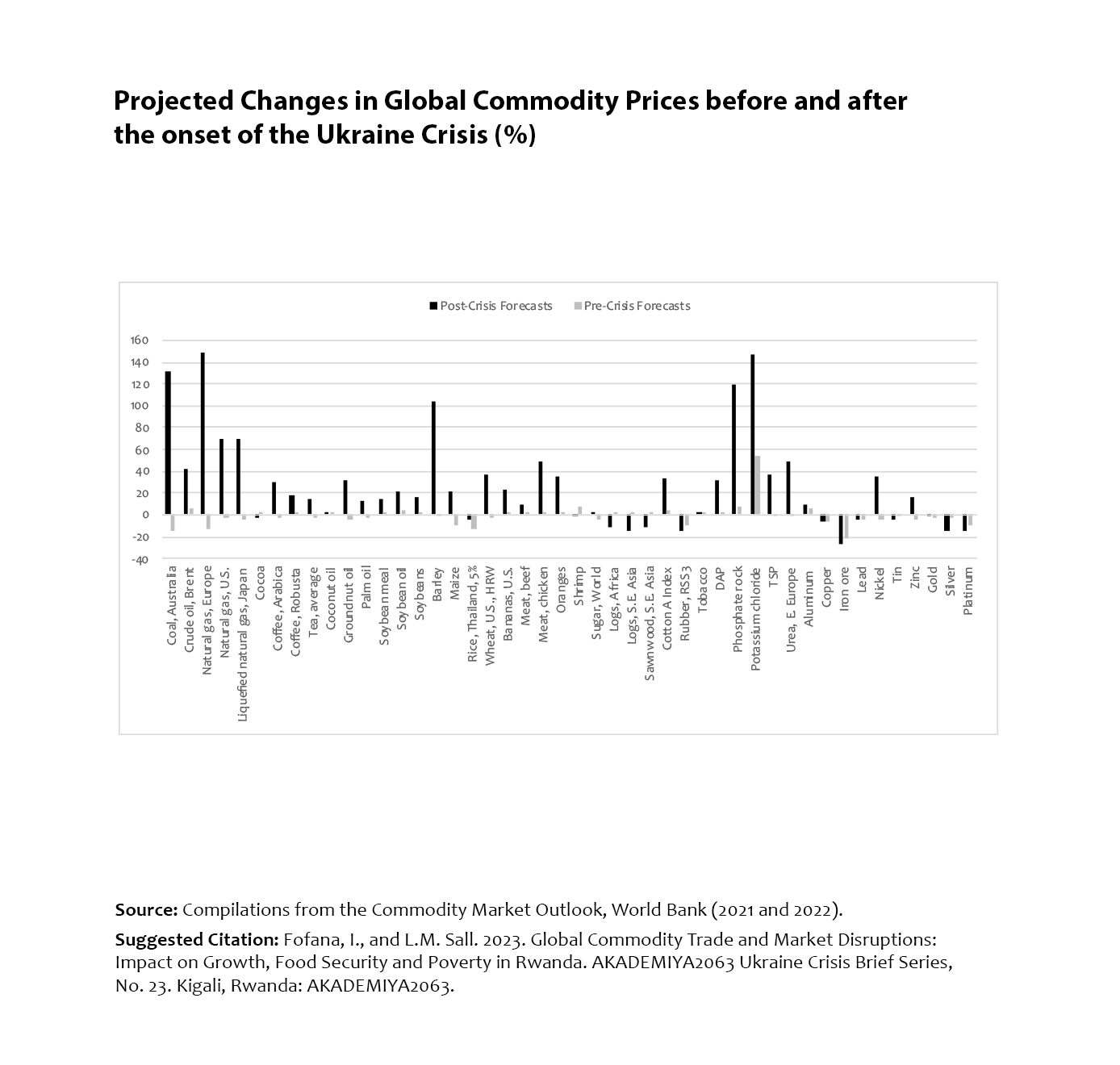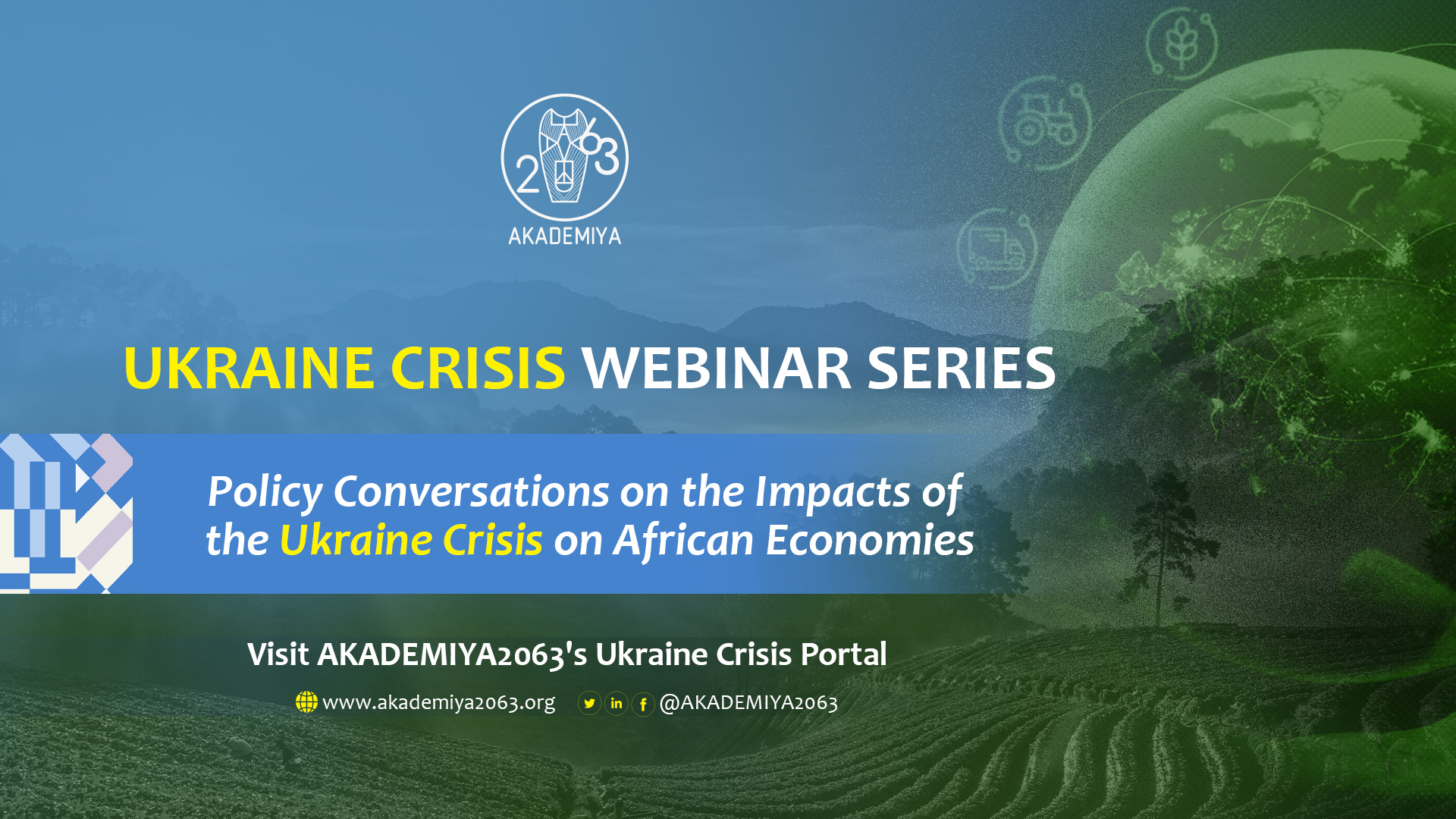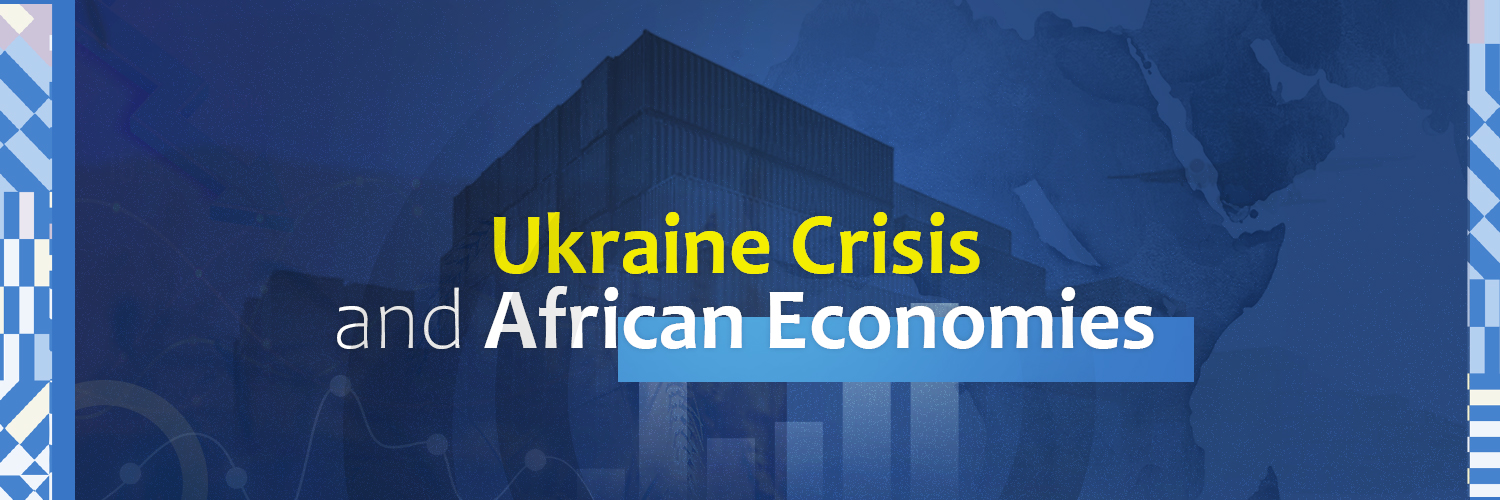
En réponse au conflit et à son impact sur les pays africains, AKADEMIYA2063 mène des recherches pour fournir des simulations basées sur des données probantes des ramifications de la crise. S'appuyant sur des données, des analyses et des modèles de crises précédentes, la série de notes sur la crise ukrainienne d'AKADEMIYA2063 analyse les impacts économiques et socio-économiques des perturbations du marché mondial induites par le conflit entre la Russie et l'Ukraine.L'analyse approfondie des scientifiques d'AKADEMIYA2063 porte principalement sur (1) les effets des perturbations du marché mondial sur les termes de l'échange des pays, les impacts résultants sur la croissance économique et l'emploi, ainsi qu'une analyse des effets sur la pauvreté et la sécurité alimentaire, (2) les effets sectoriels de la crise, couvrant les perturbations dans les secteurs du blé, des huiles végétales et des engrais et leurs effets sur les revenus, l'inflation et la sécurité alimentaire, et (3) la transmission des chocs des prix mondiaux des produits de base aux marchés locaux, soulignant les opportunités d'expansion du commerce régional. Les résultats de ces recherches sont publiés sur le portail de la crise ukrainienne d'AKADEMIYA2063.
Avec une analyse globale du continent, la série traite également d'études de cas spécifiques à certains pays, notamment l'Algérie, l'Égypte, le Kenya, le Malawi, le Maroc, le Mozambique, le Rwanda, la Tunisie, l'Ouganda, l'Afrique du Sud, la Zambie et le Zimbabwe.
Publications
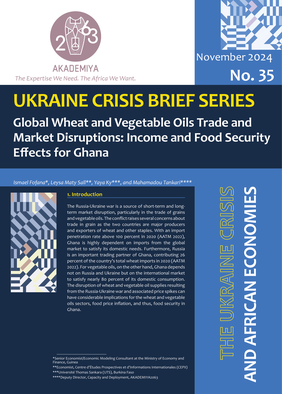
Maps and graphs
Webinaires
Partenariats
AKADEMIYA2063 is supported financially by the United States Agency for International Development (USAID), the Bill and Melinda Gates Foundation (BMGF), the German Federal Ministry for Economic Cooperation and Development (BMZ), the African Development Bank (AfDB), the UK’s Foreign, Commonwealth & Development Office (FCDO), the Global Center on Adaptation (GCA), and the Food and Agriculture Organization of the United Nations (FAO). The views expressed in these publications do not necessarily reflect those of the funders.
Map Disclaimer
The designations and presentations of the material on the various maps do not imply the expression of any opinion whatsoever on the part of AKADEMIYA2063 on the legal status or delimitation/frontiers/boundaries of any country, territory, city or area. The depiction and use of boundaries, geographic names, and related data shown on maps are not warranted to be error-free, nor do they imply official endorsement or acceptance by AKADEMIYA2063.
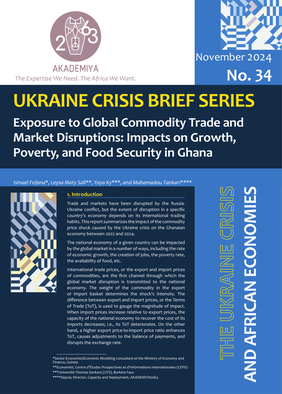
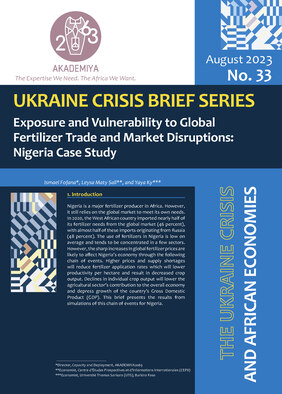
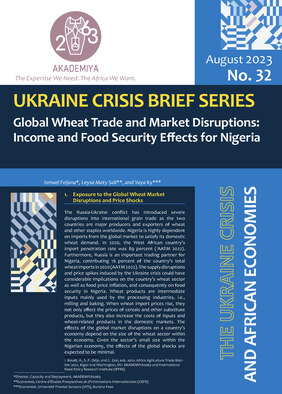
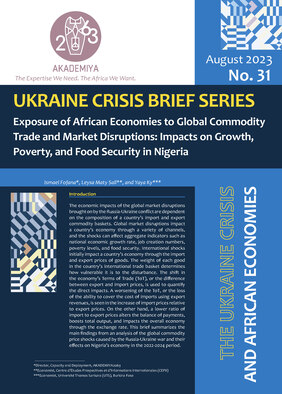
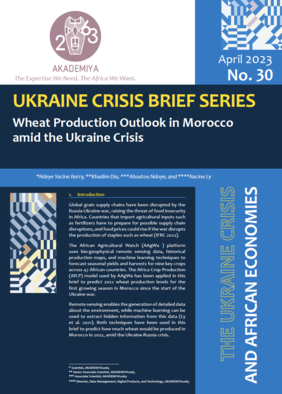
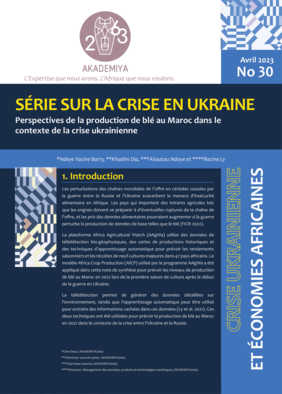
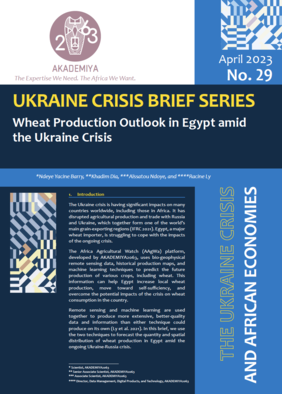
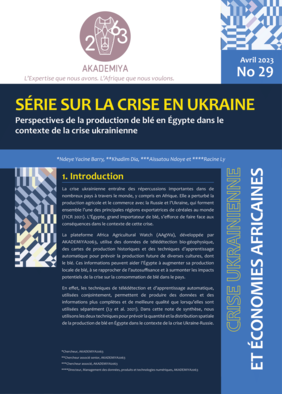
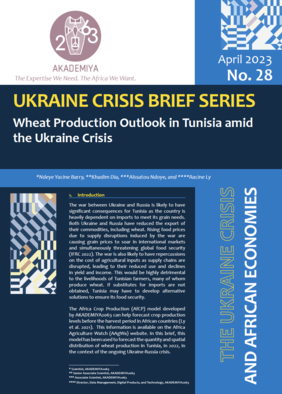
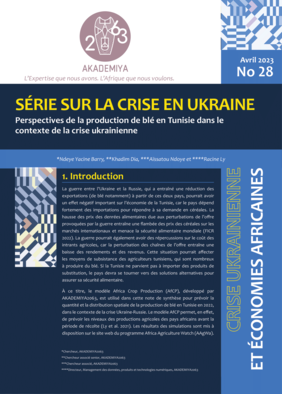
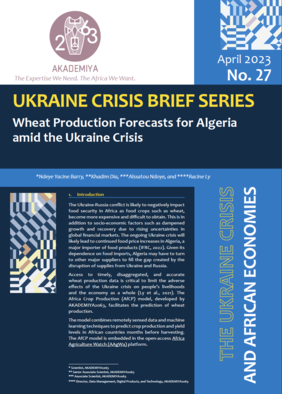
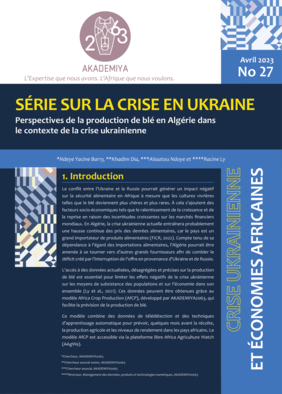
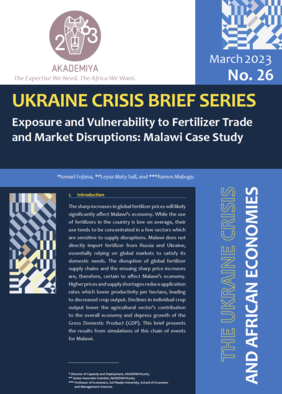
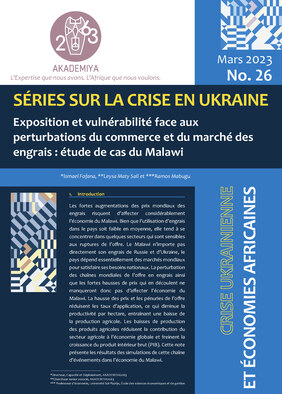
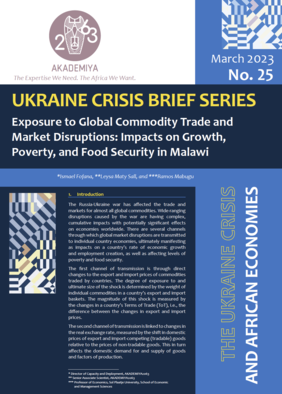
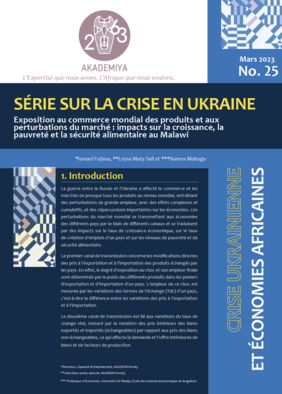
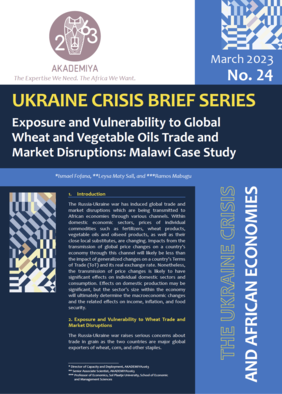

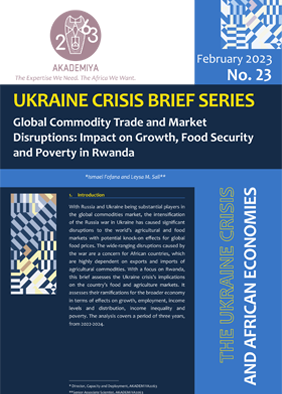
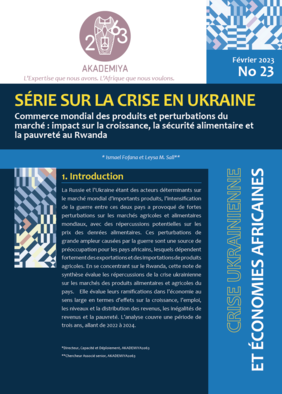
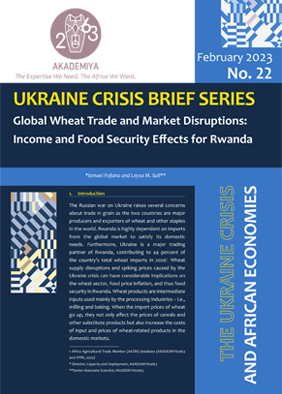
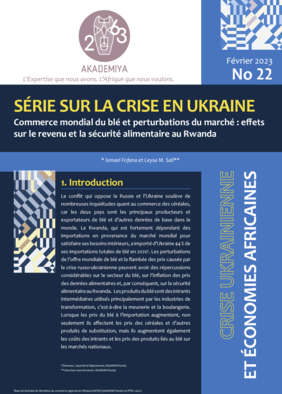
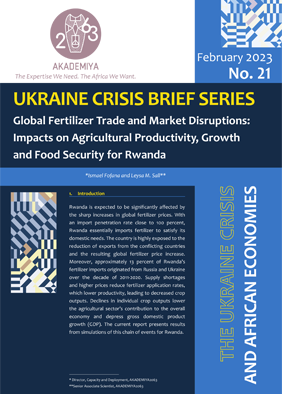
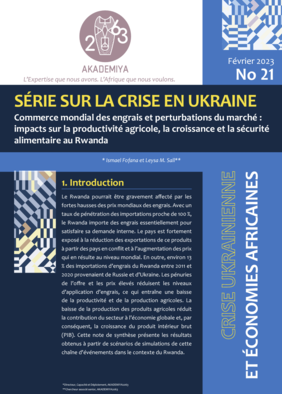
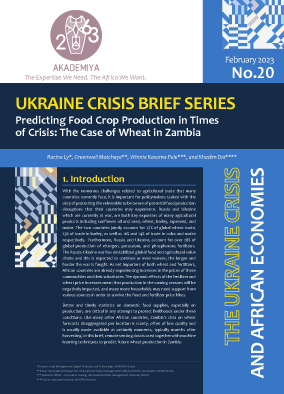
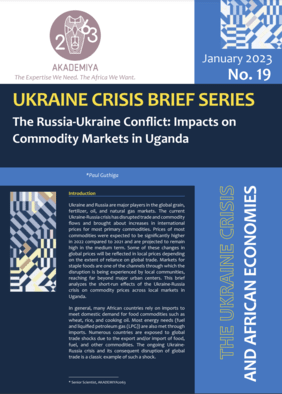
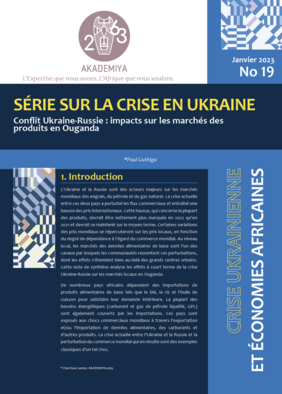
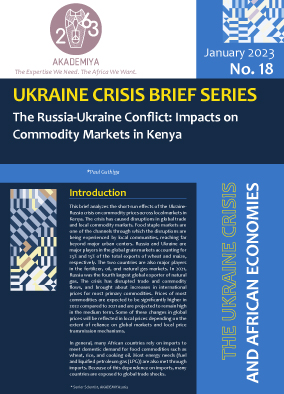

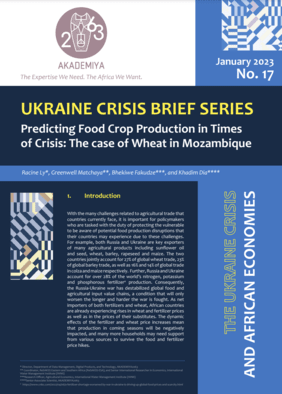
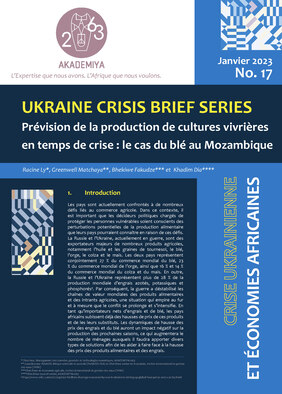
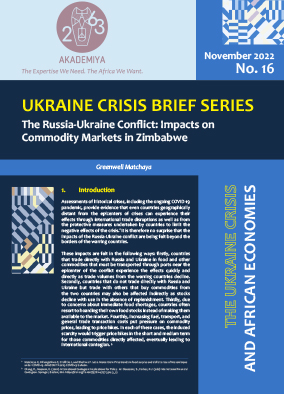
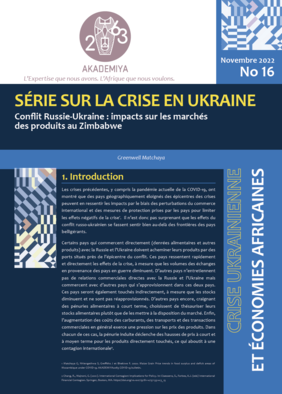
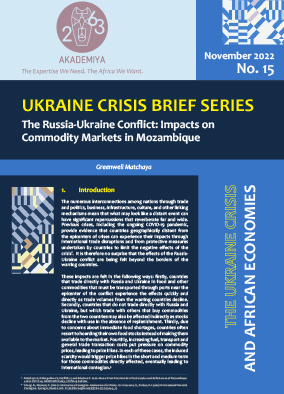

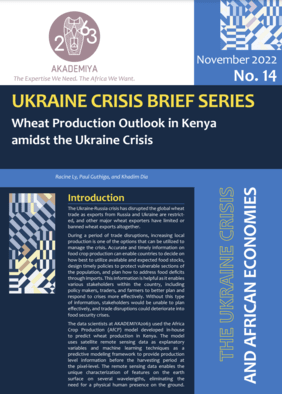
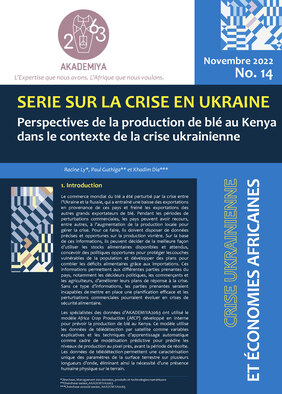
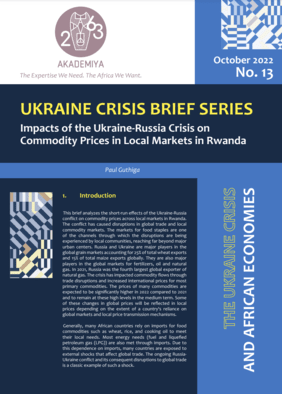

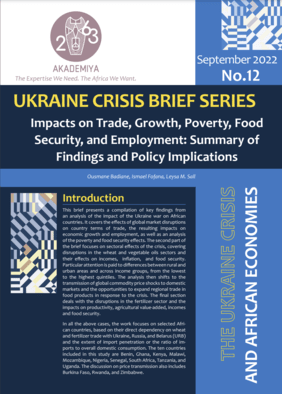

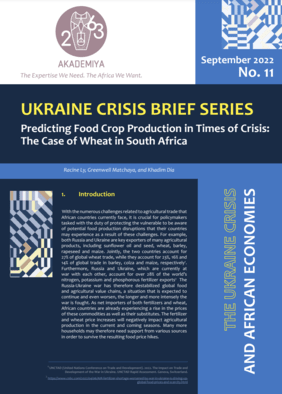

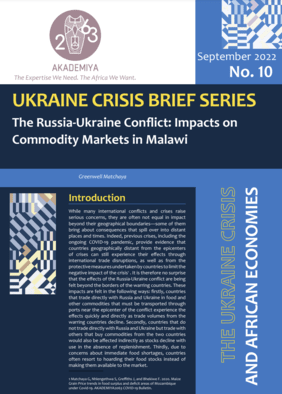

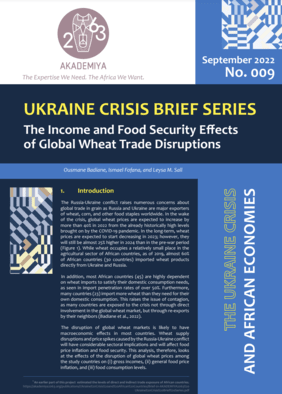
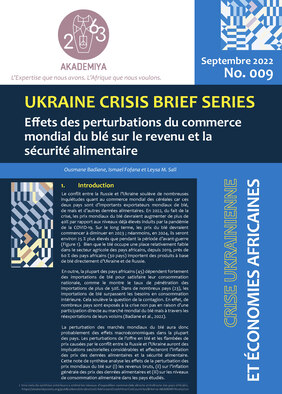
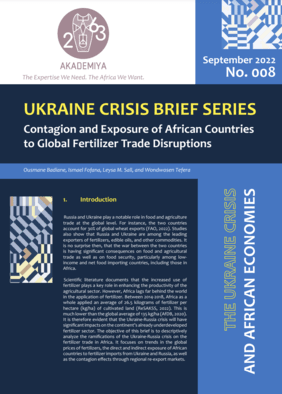
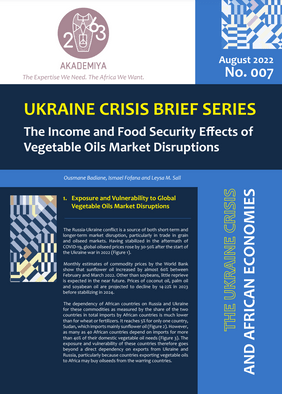

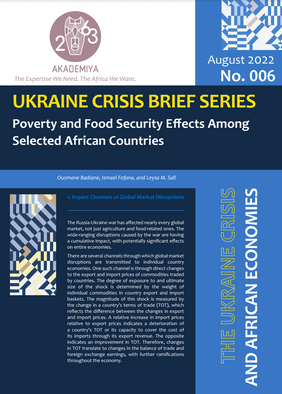

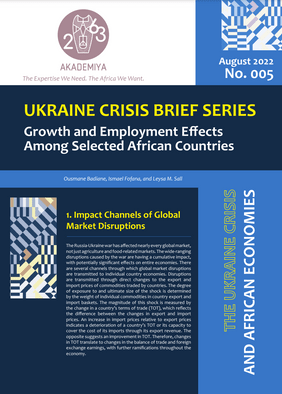
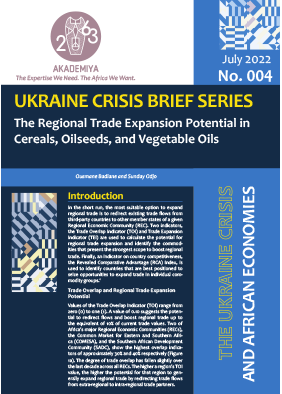

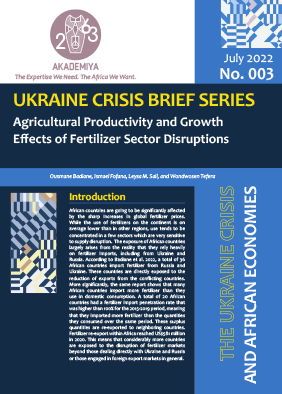
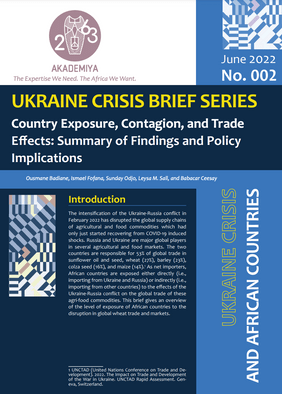

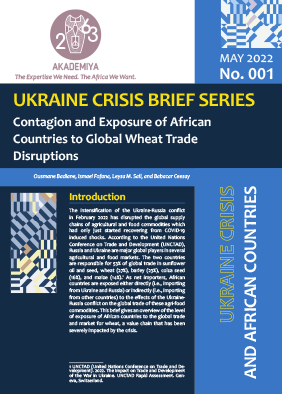


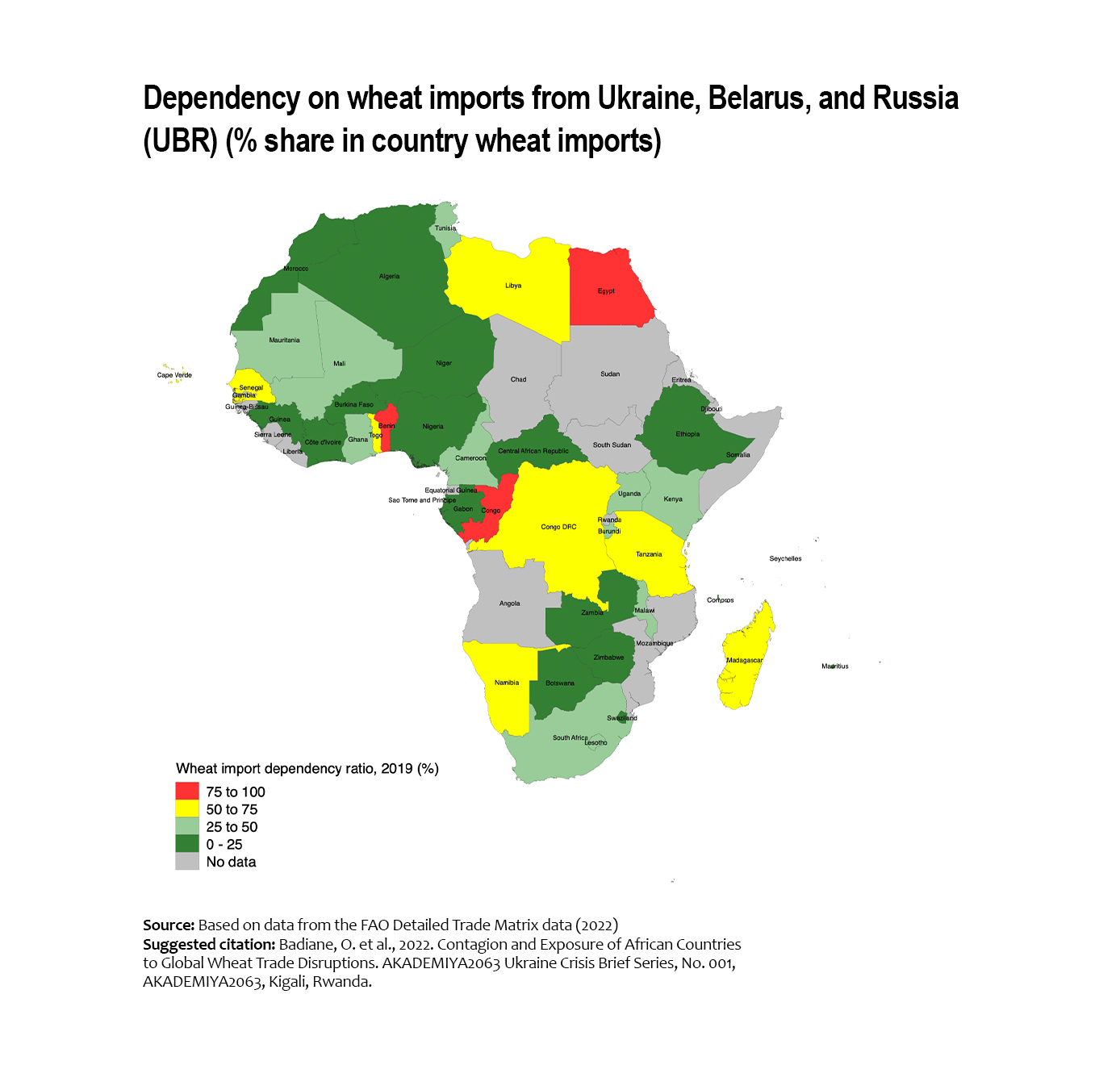
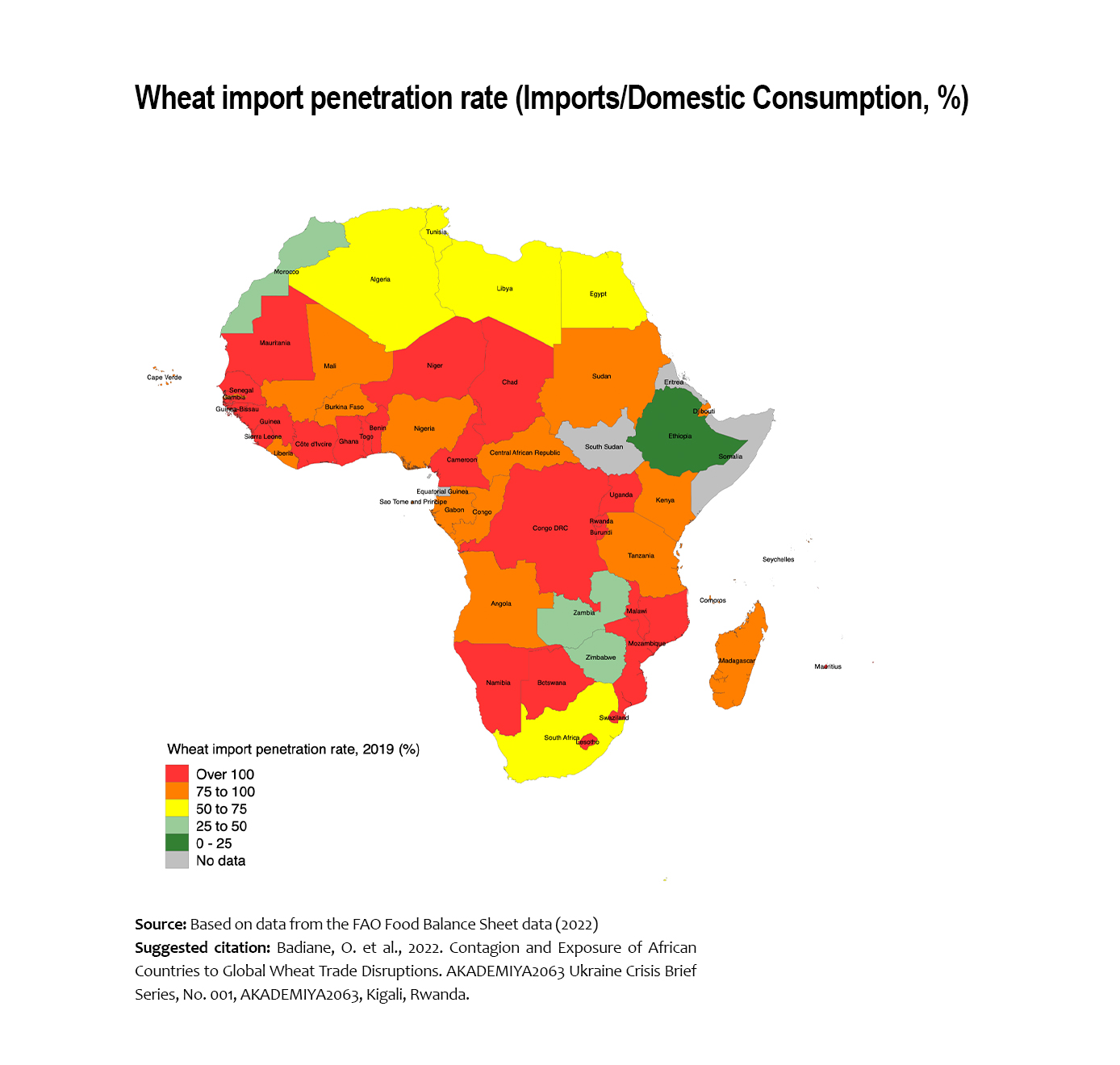
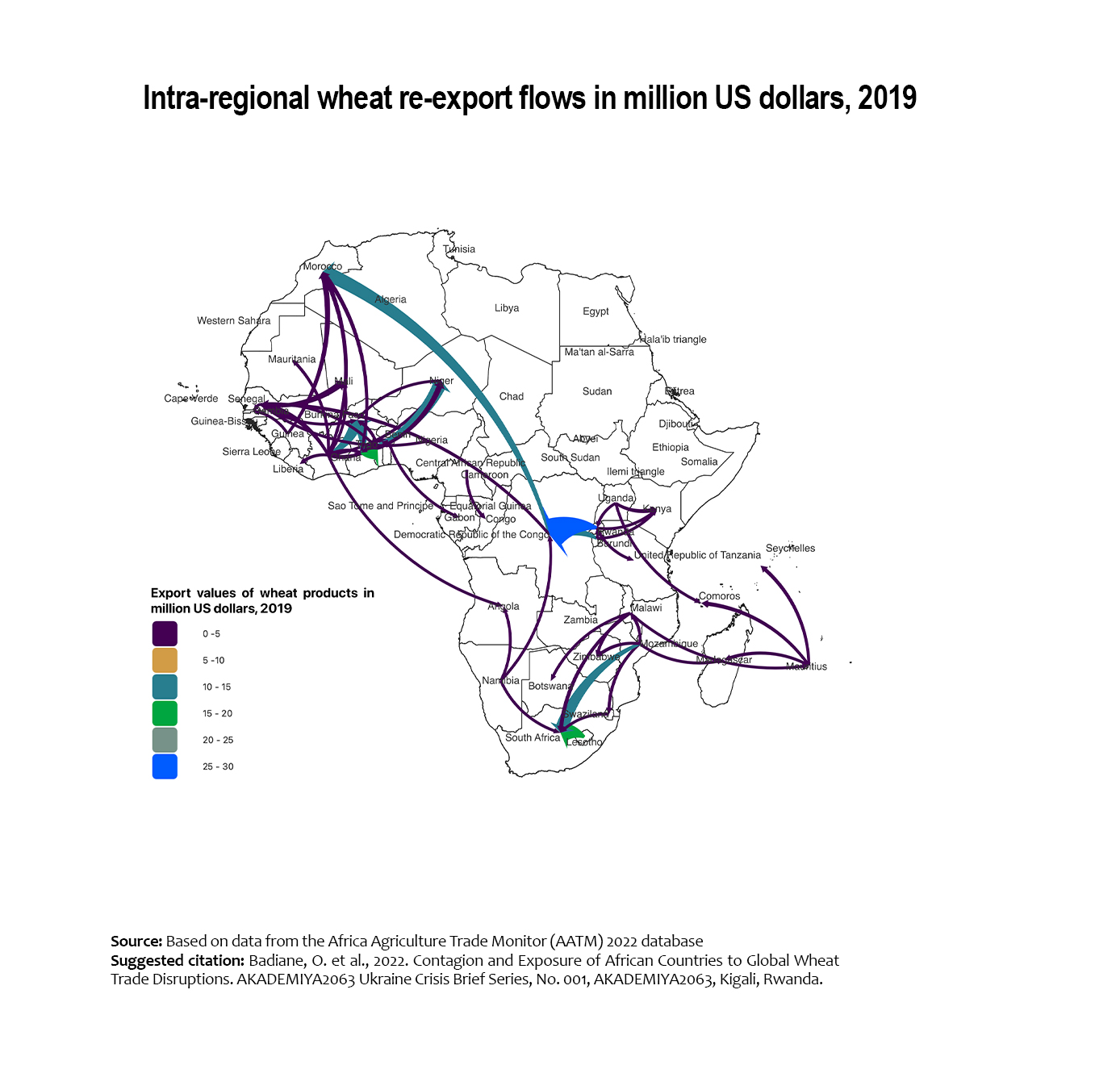
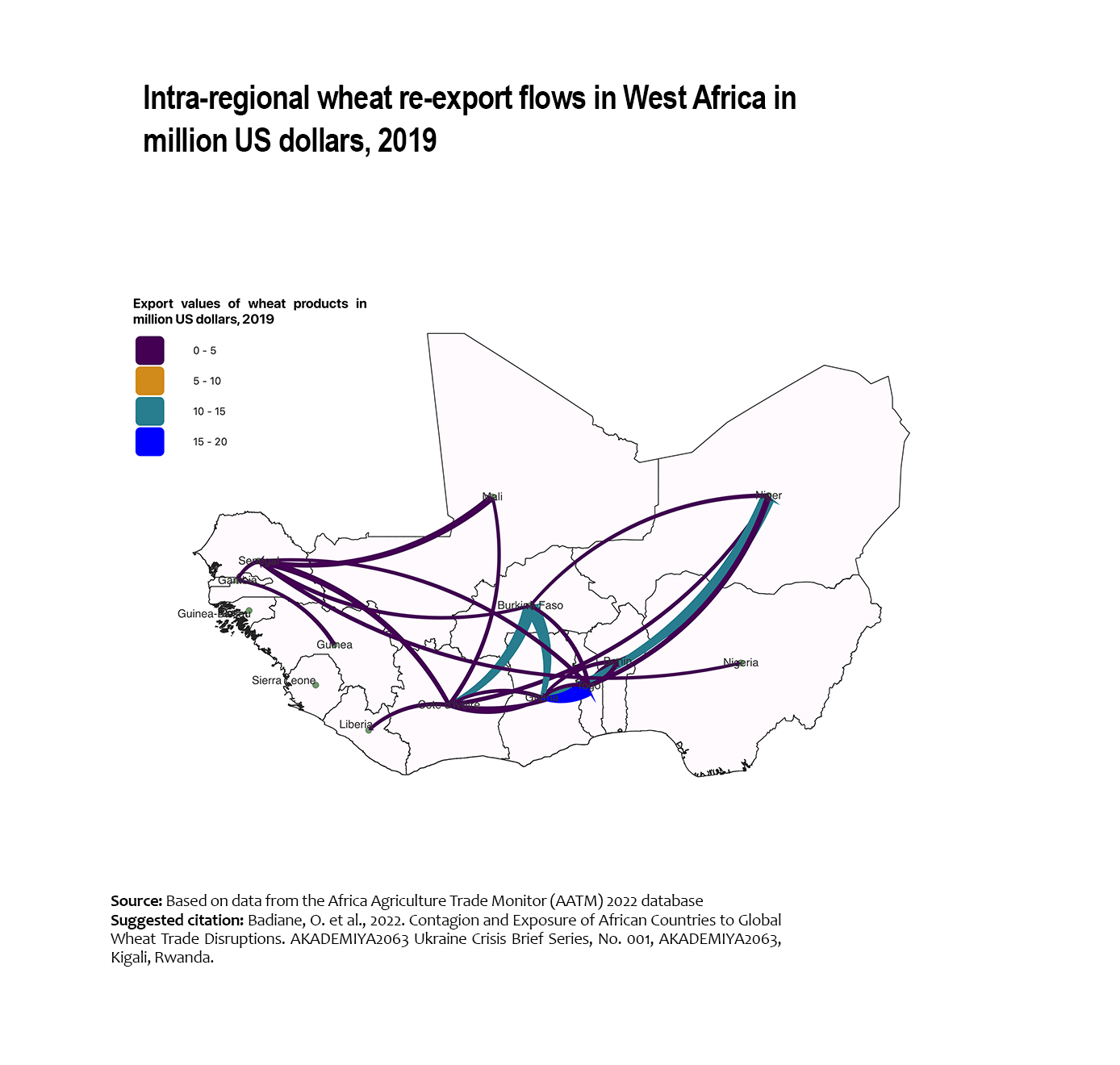
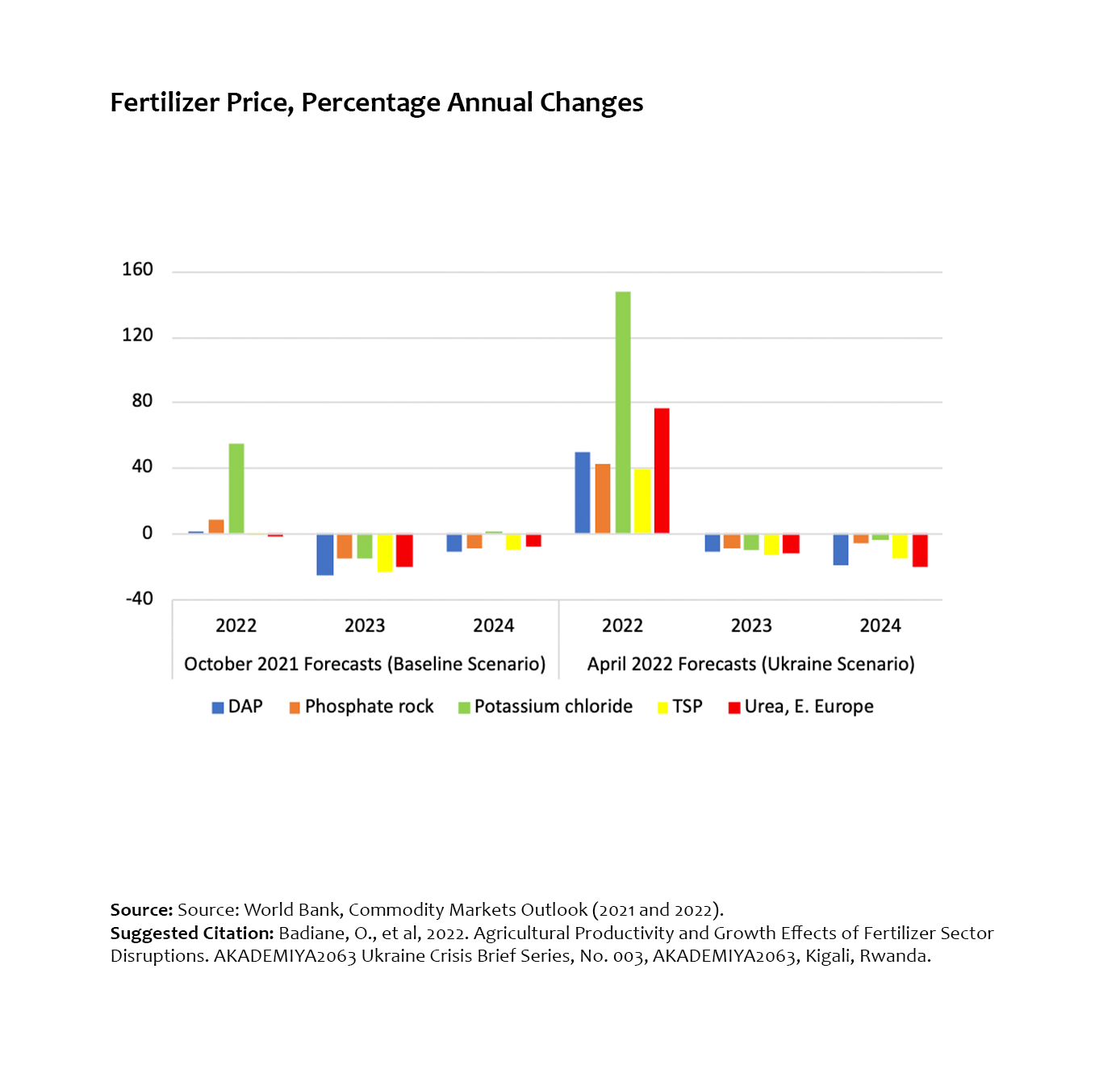
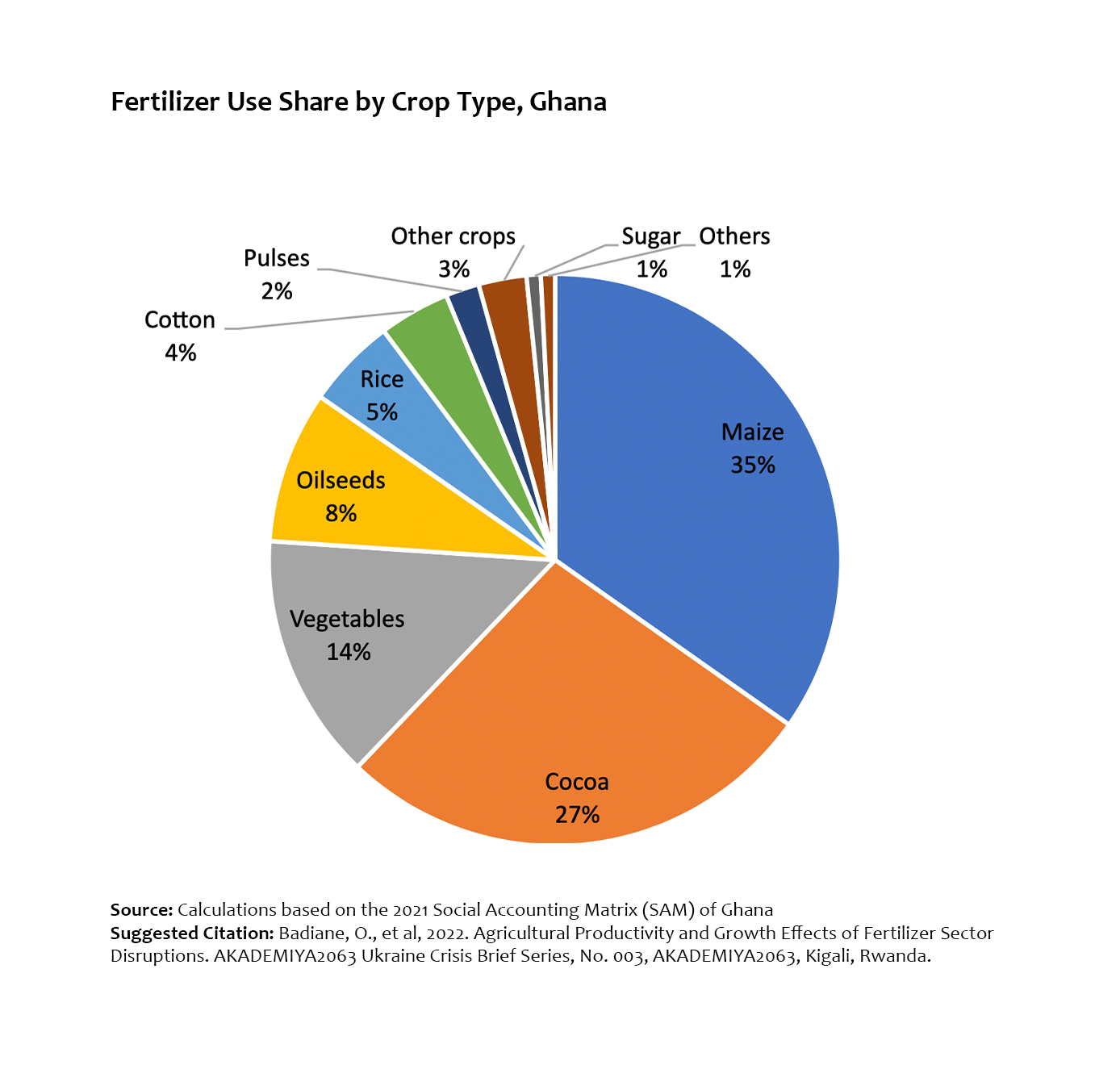
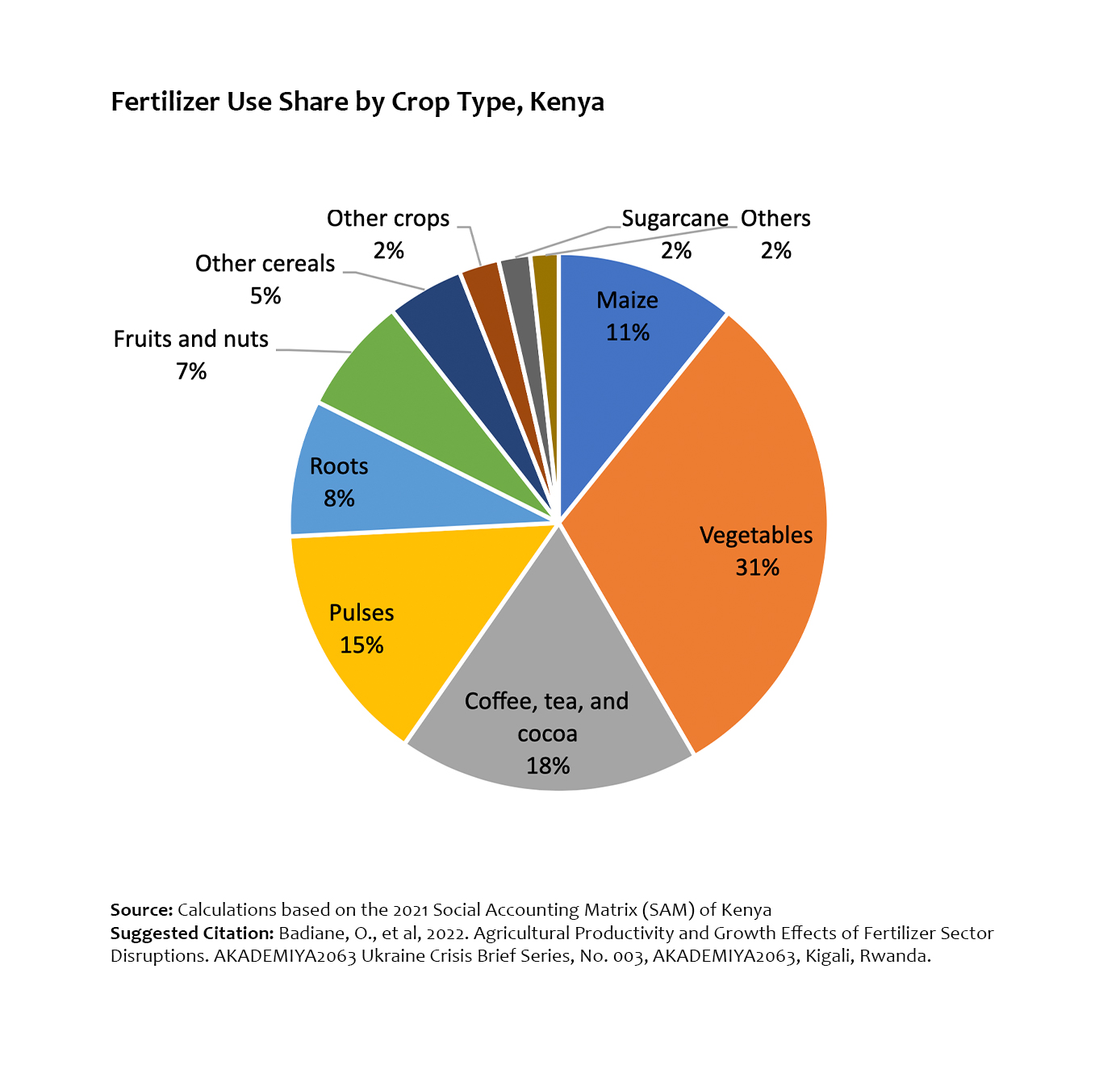
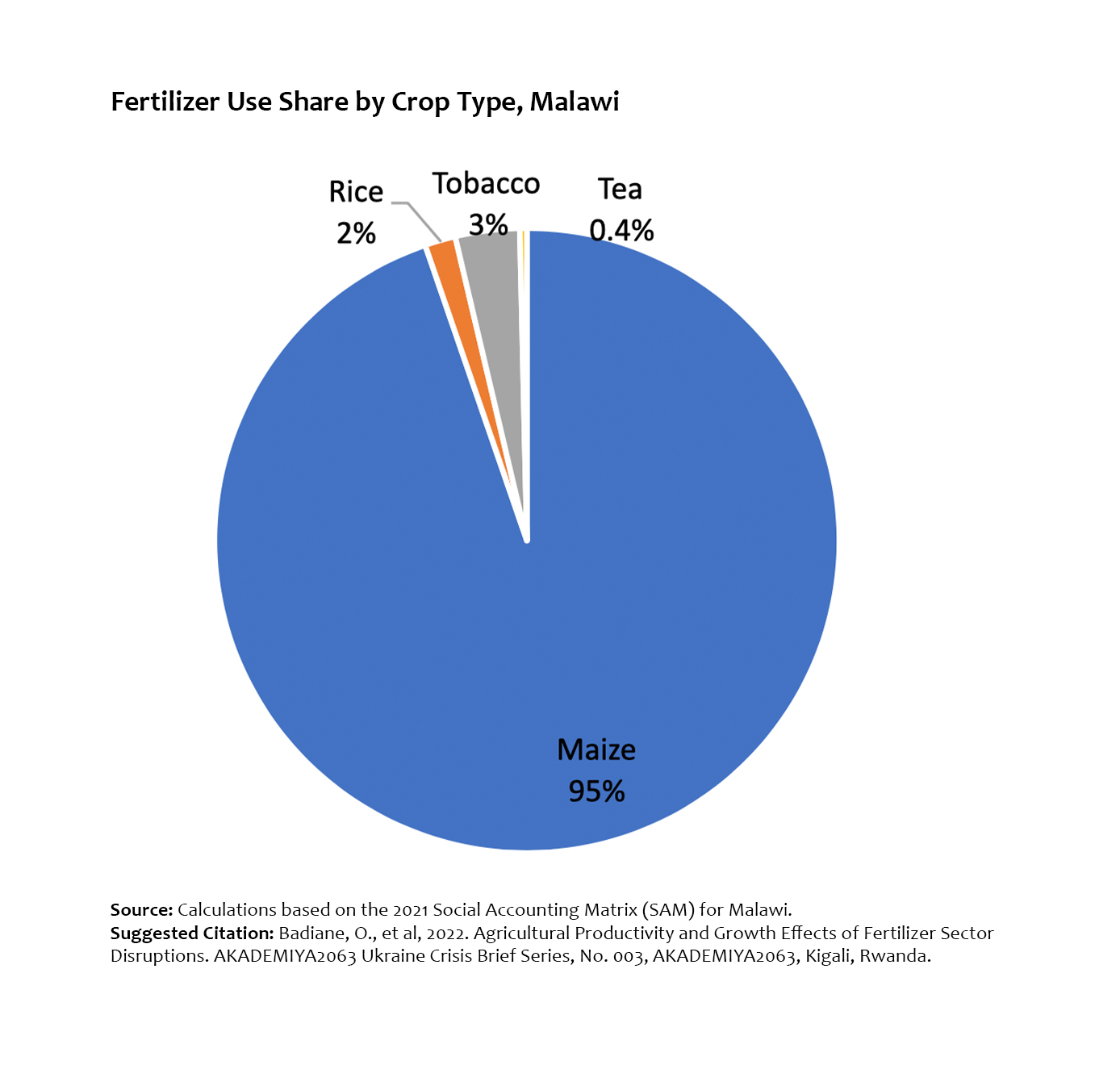
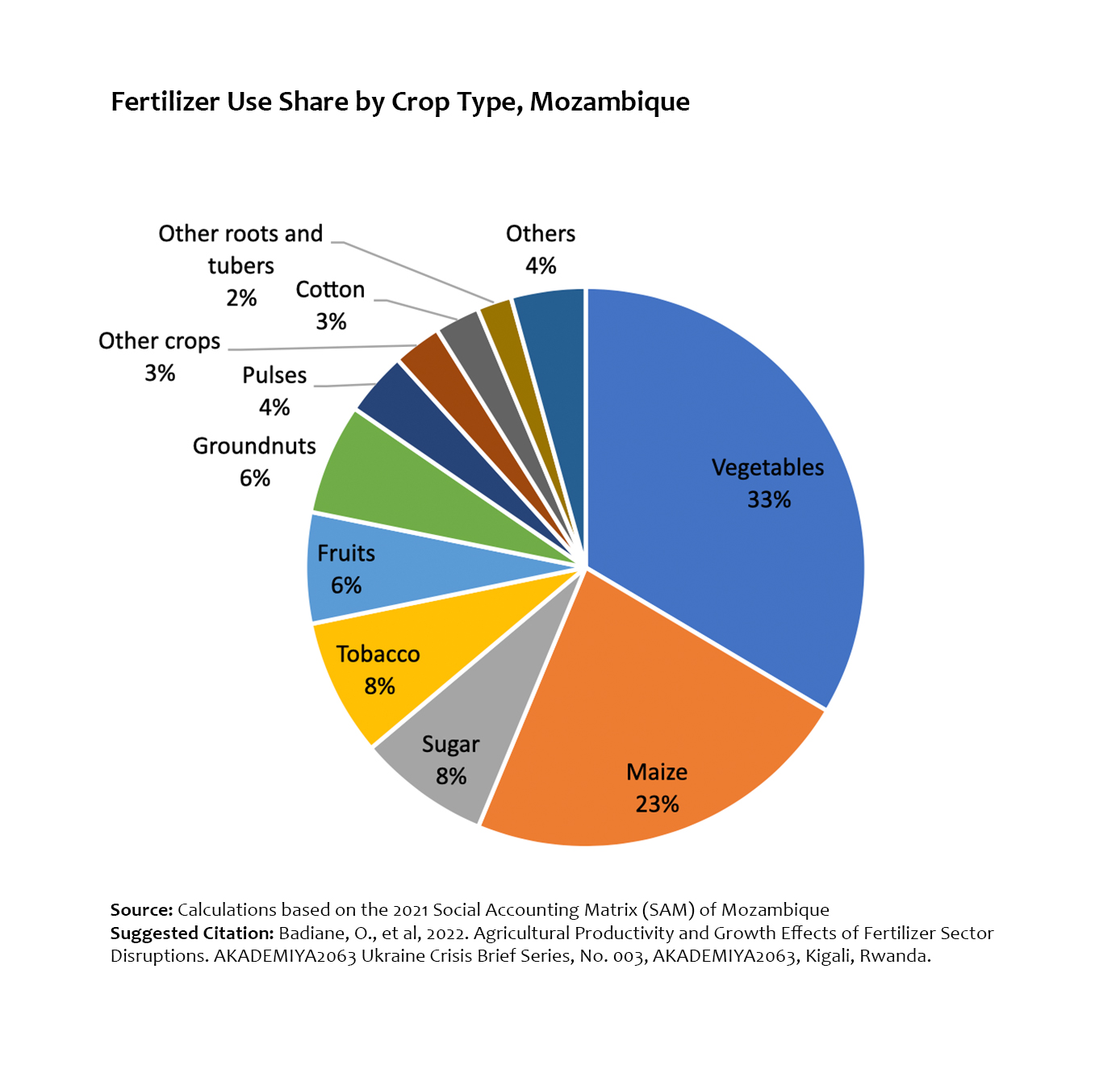
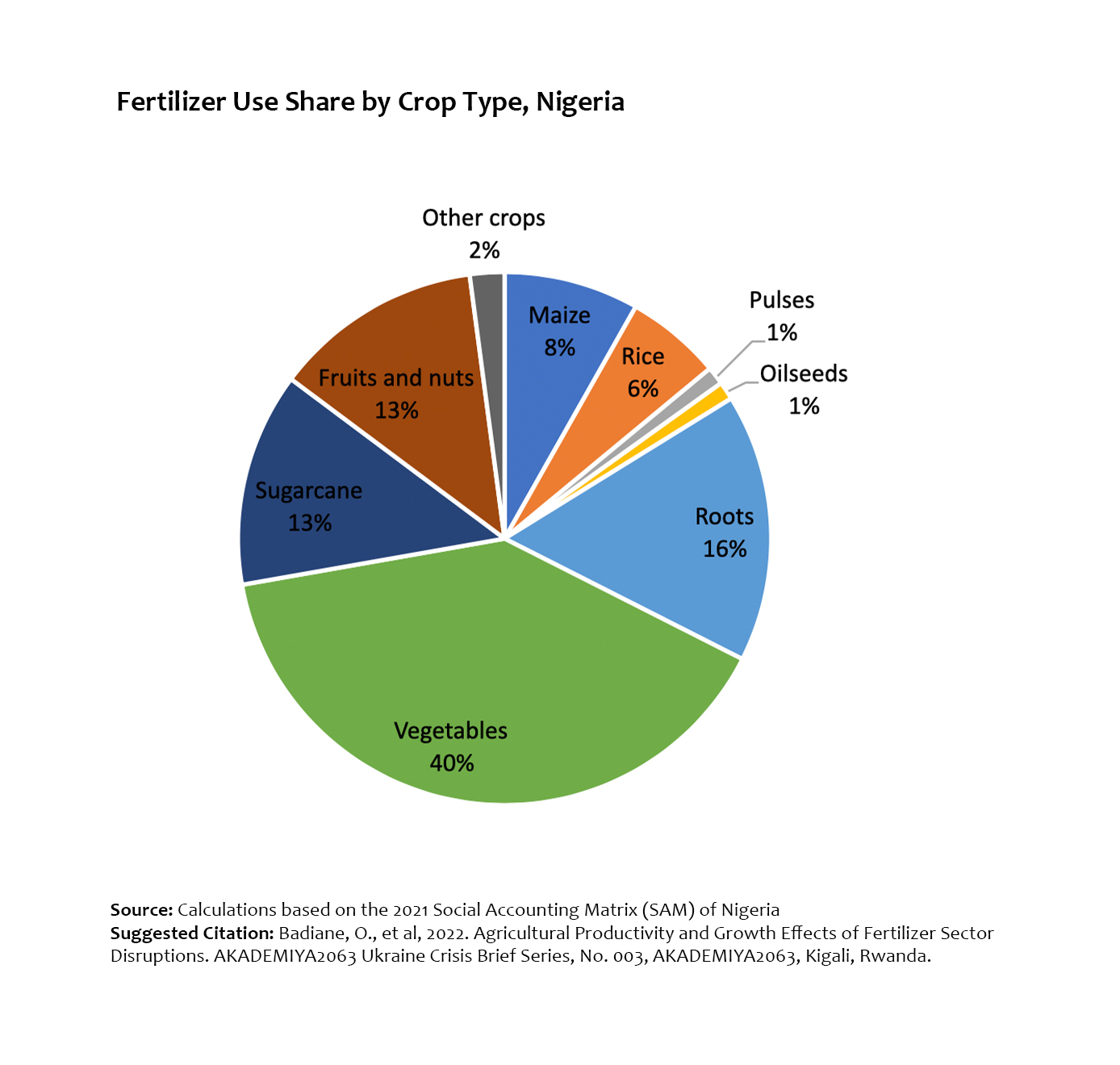

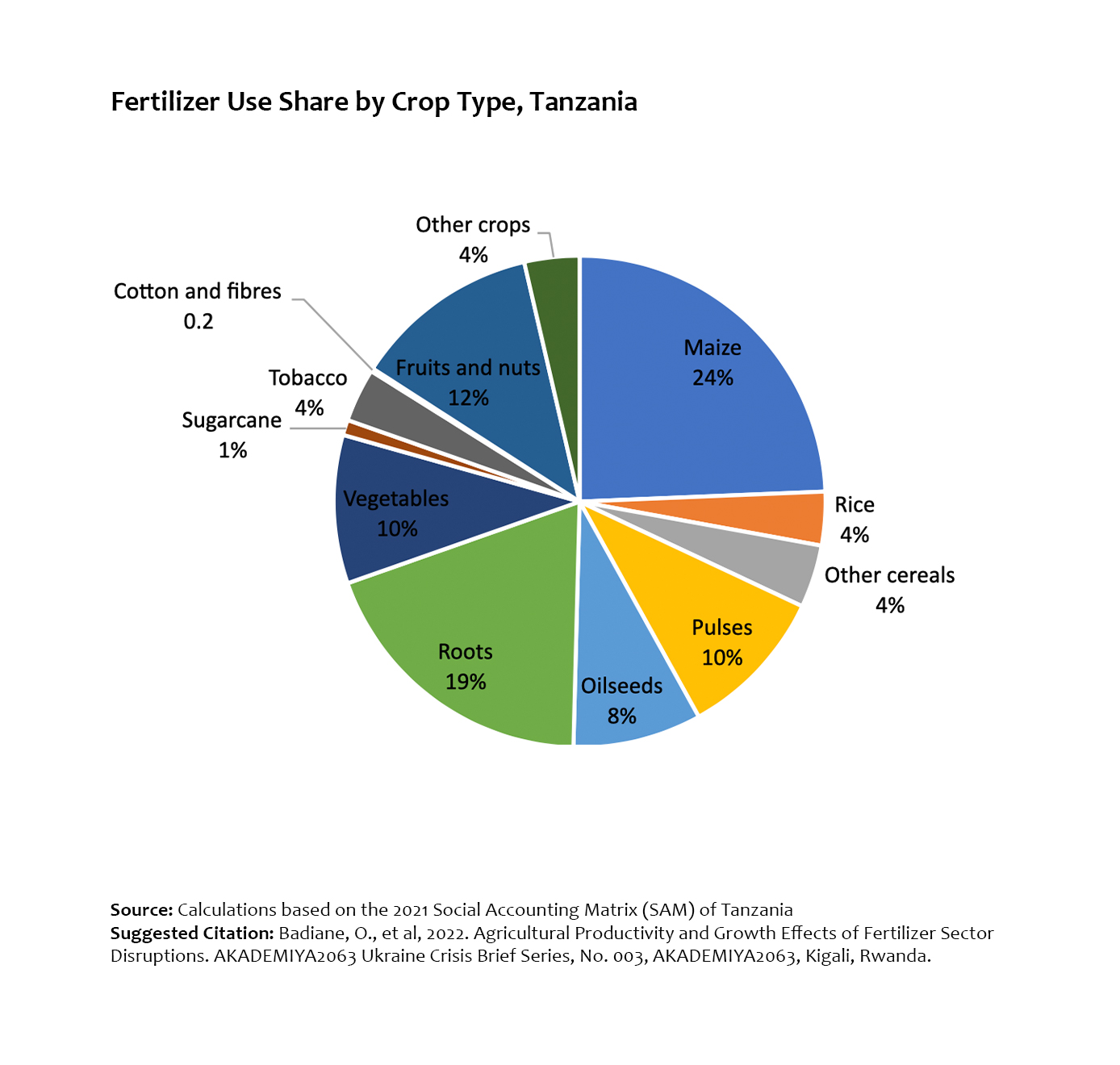
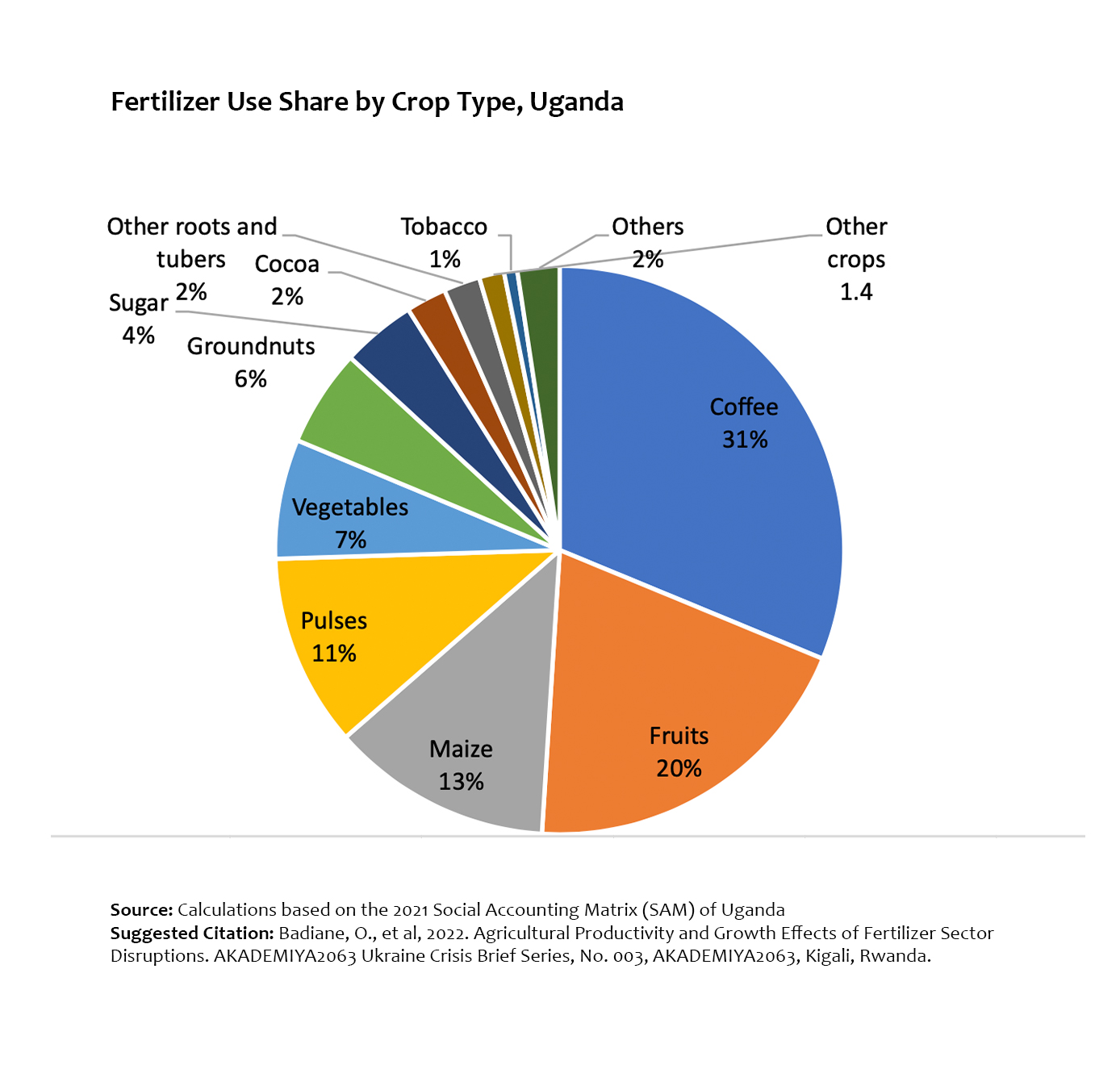
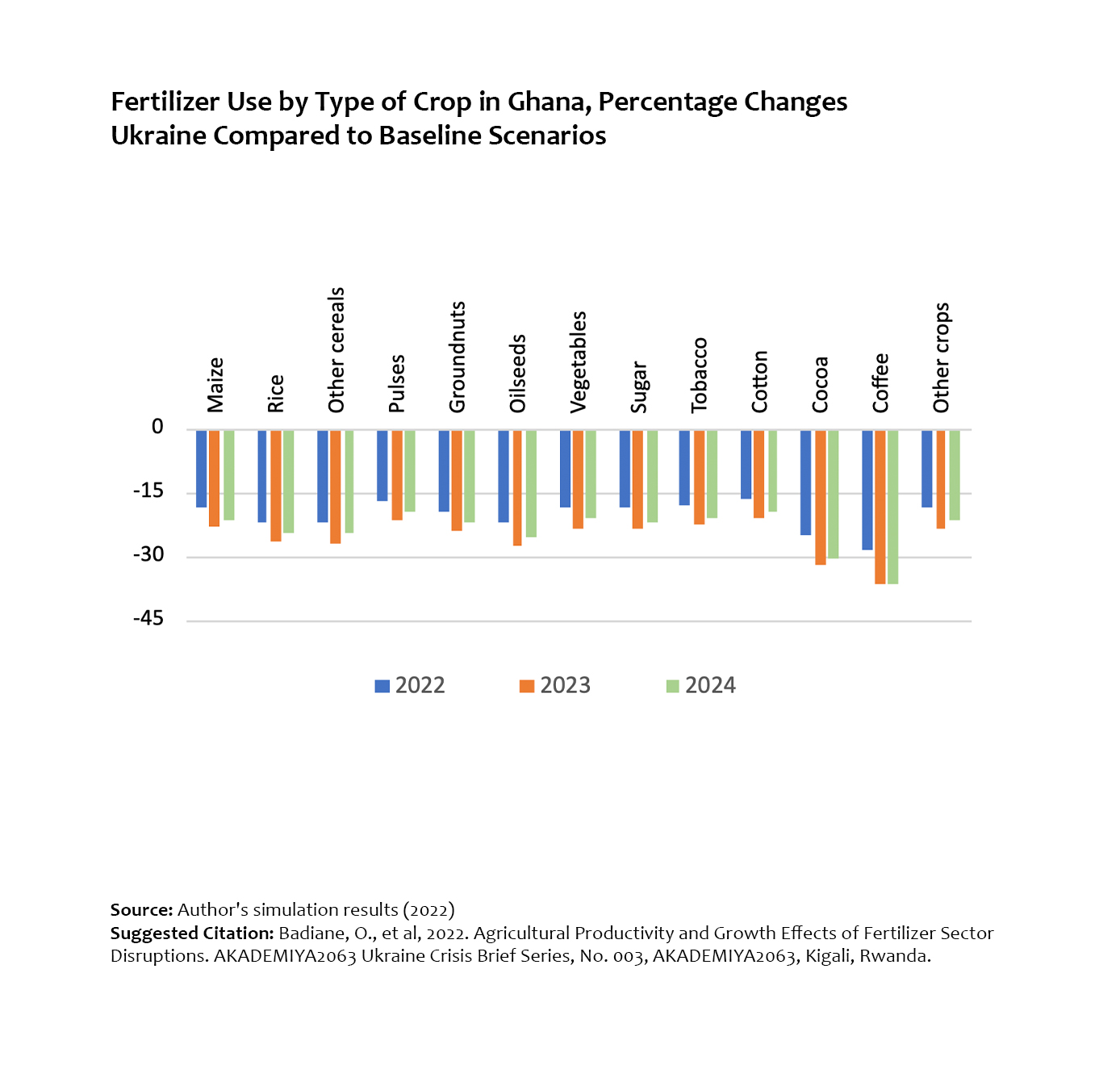
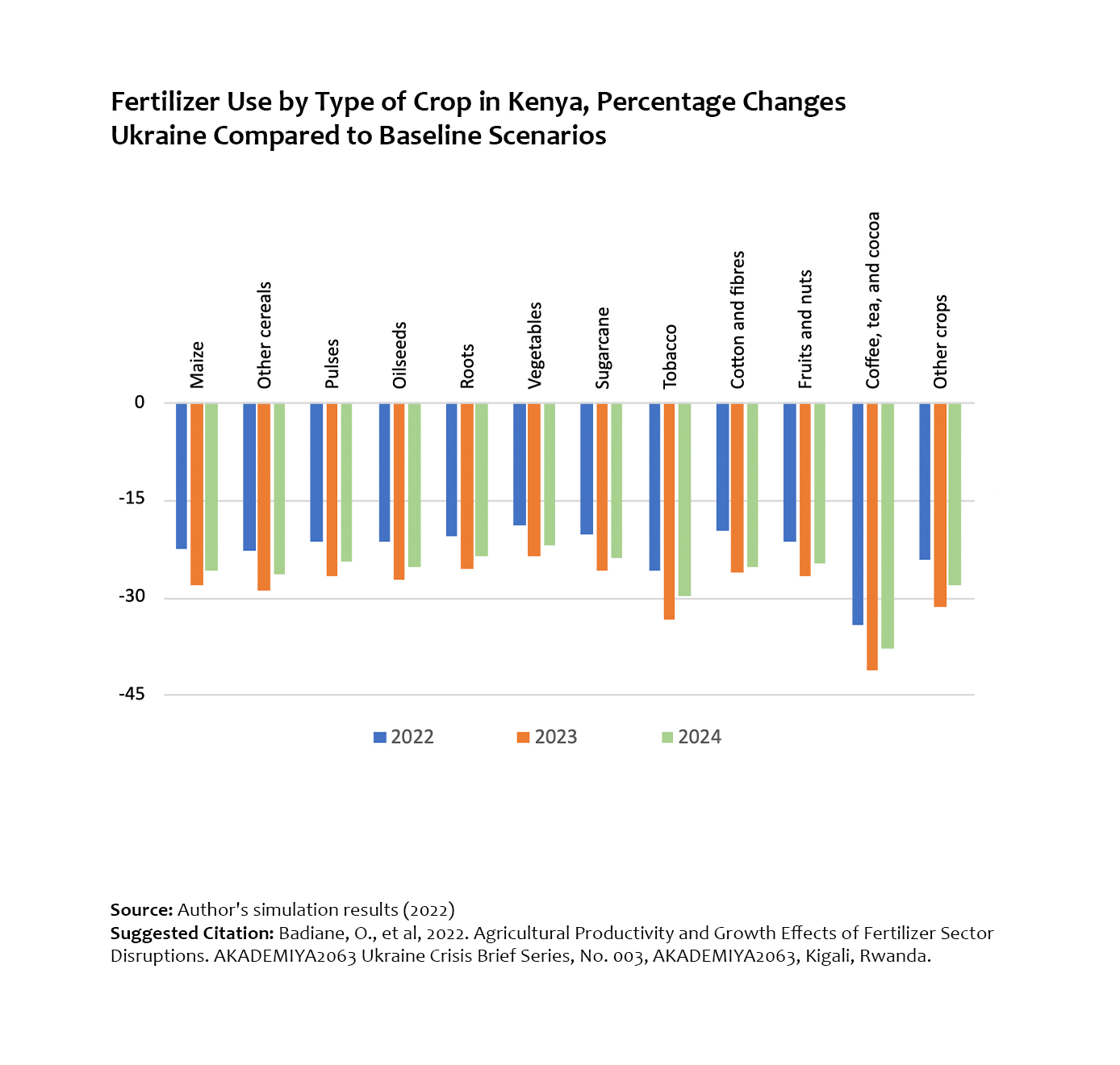
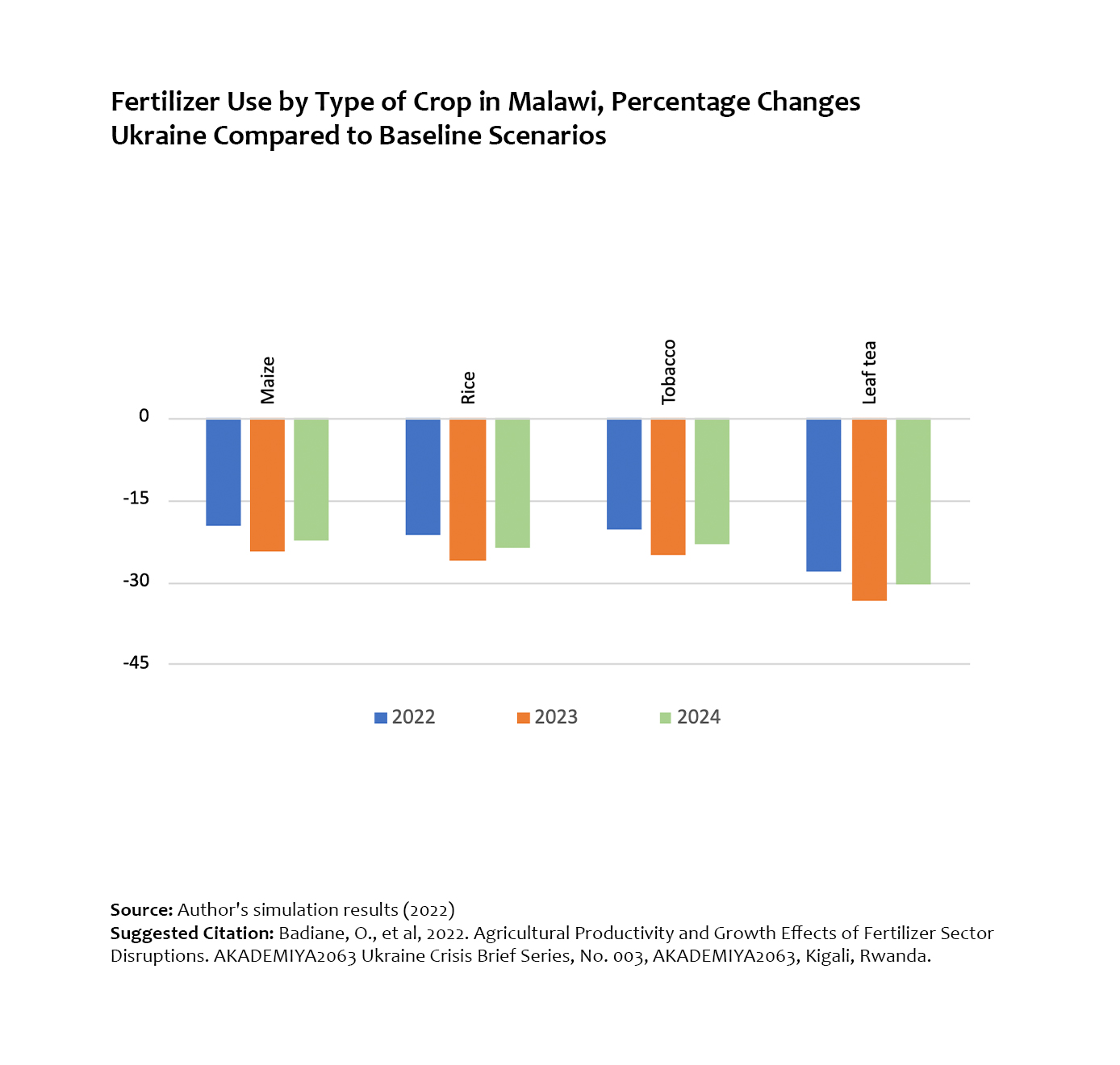
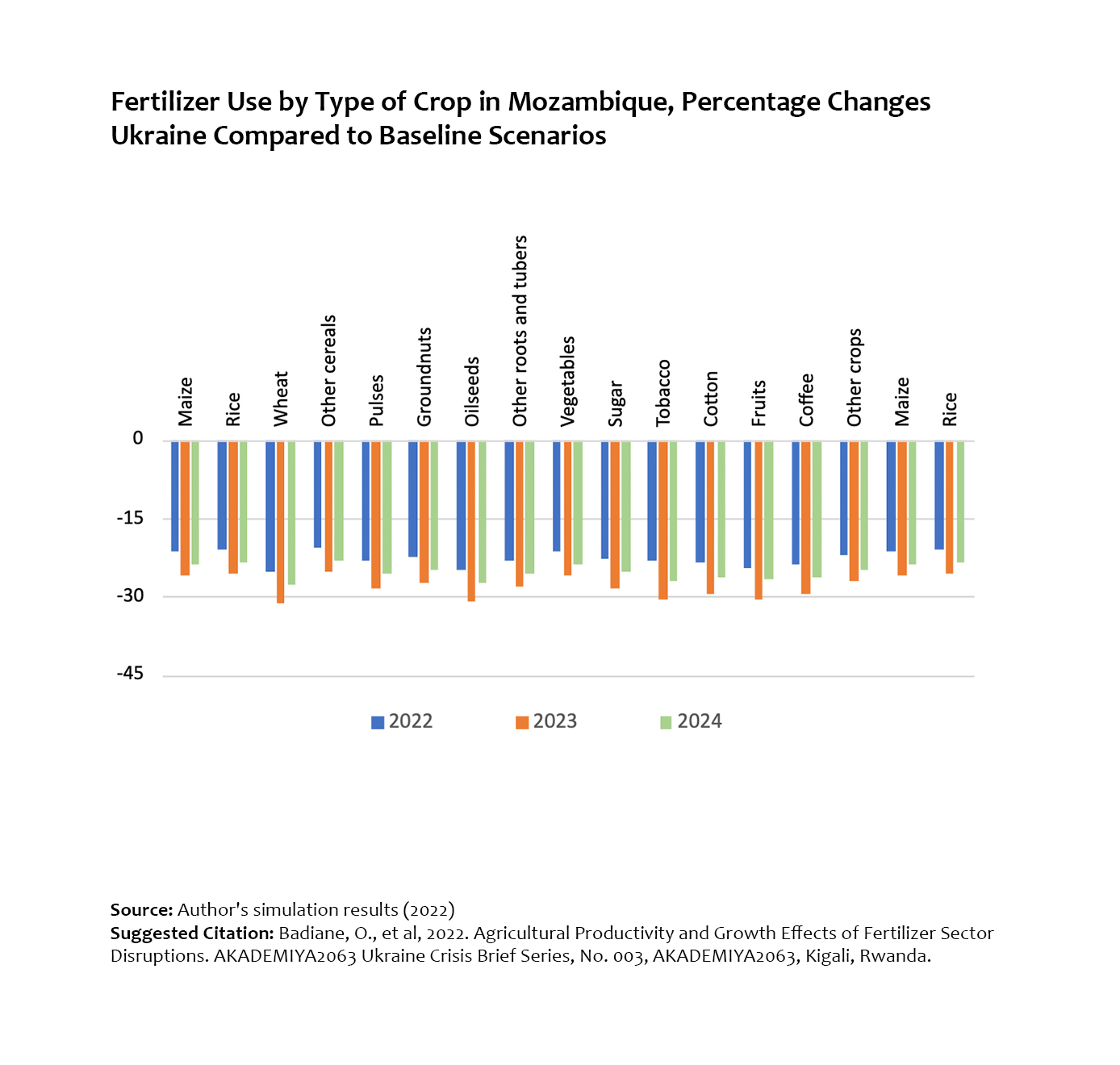
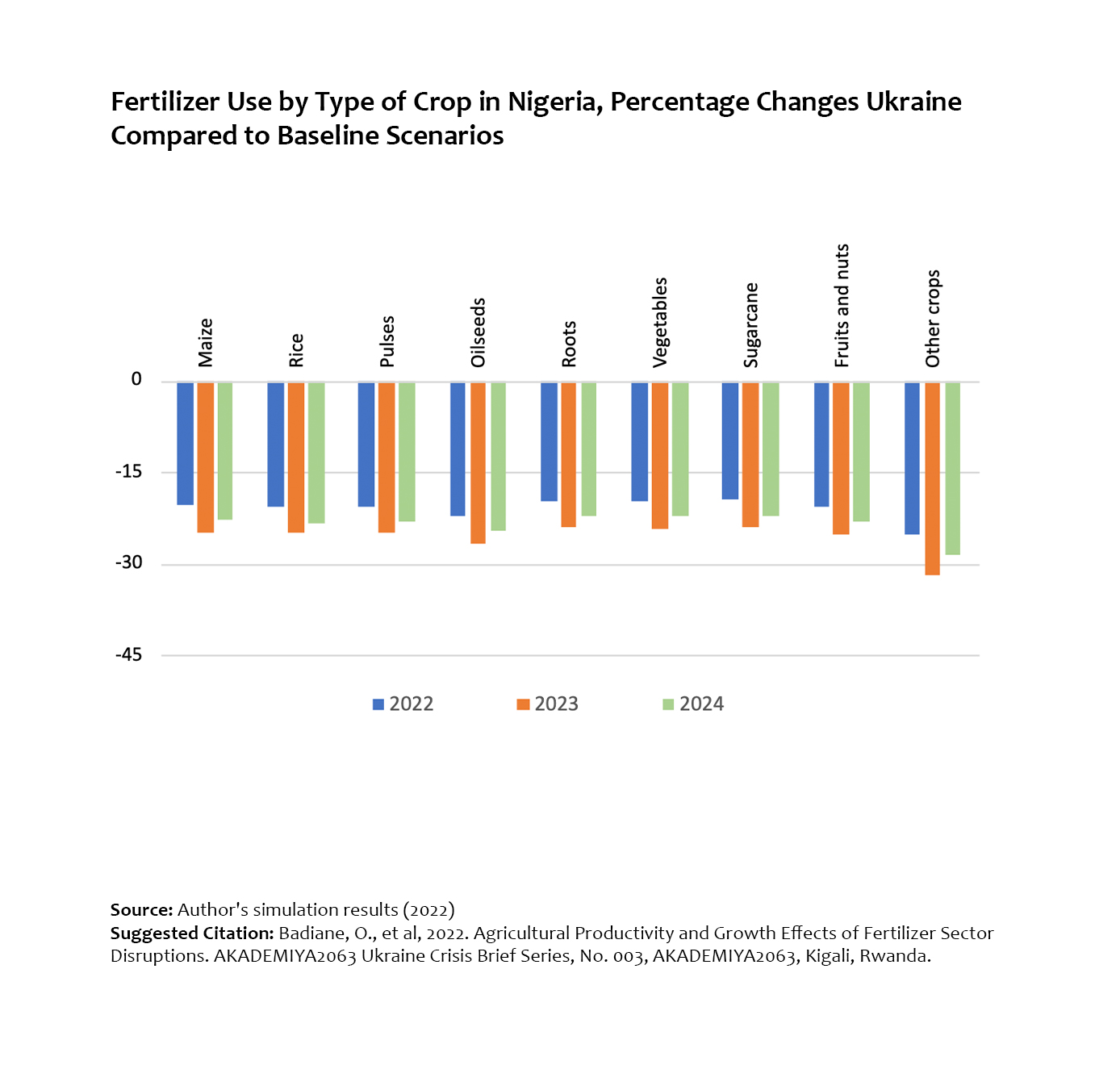
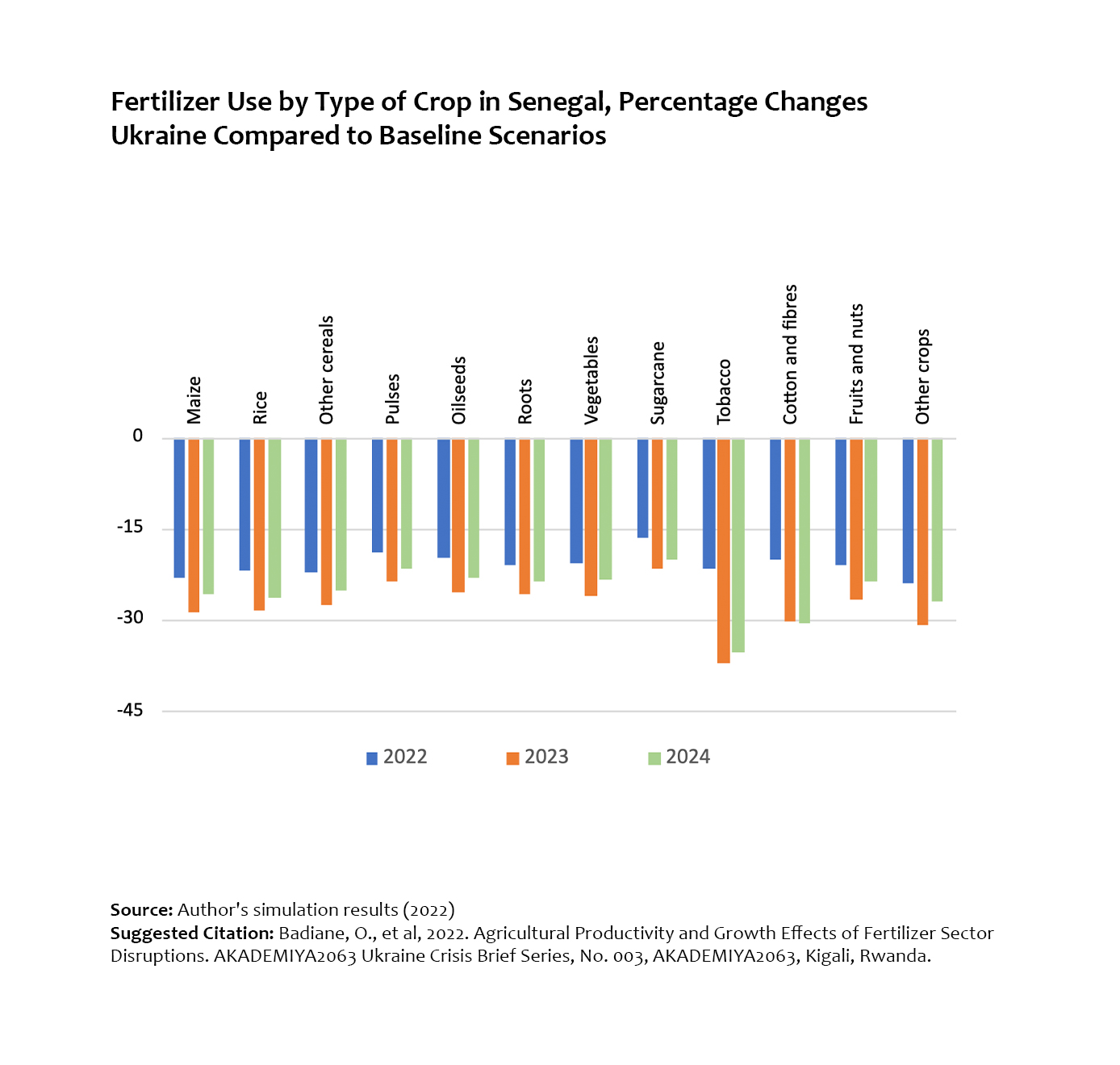
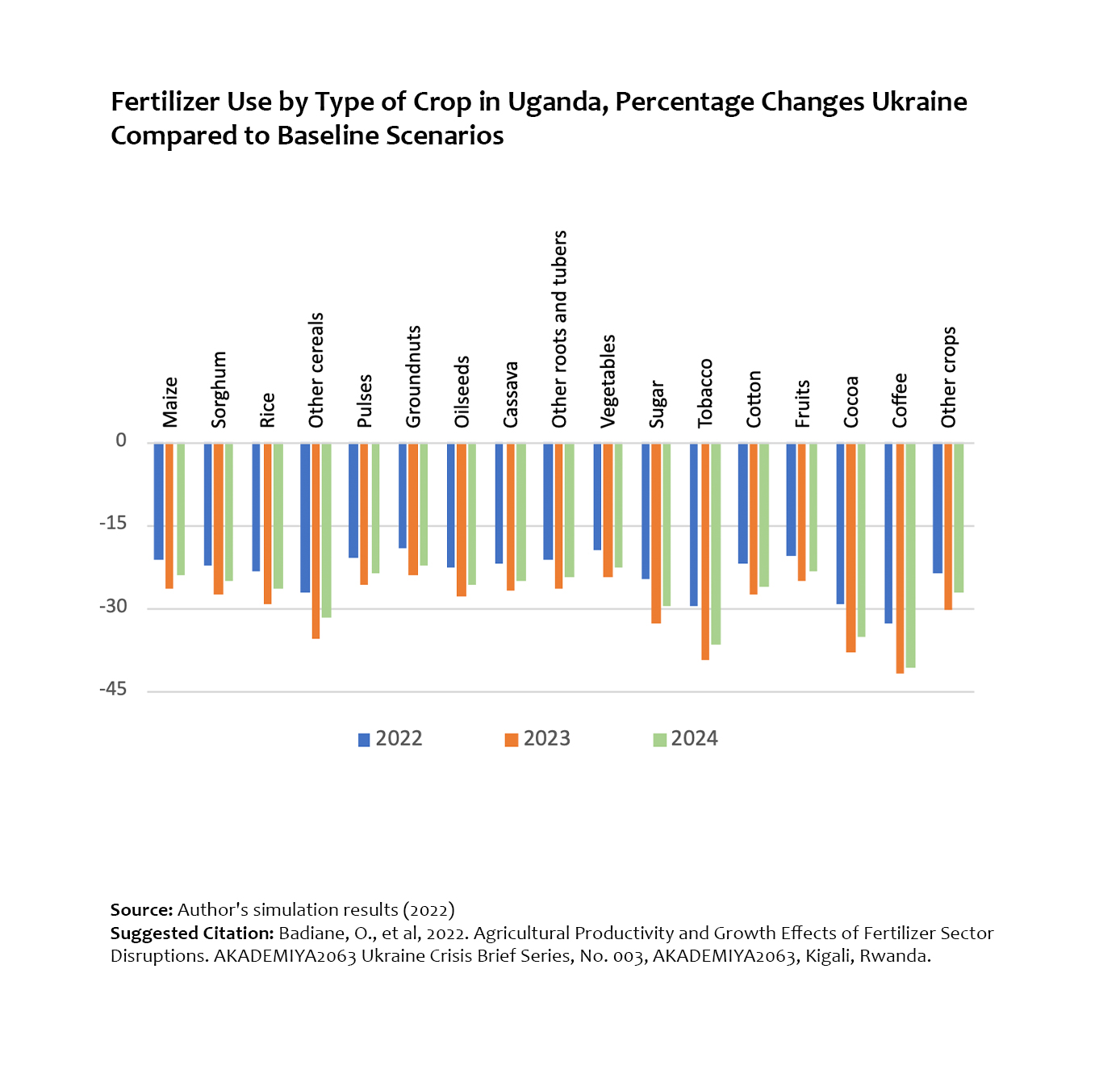
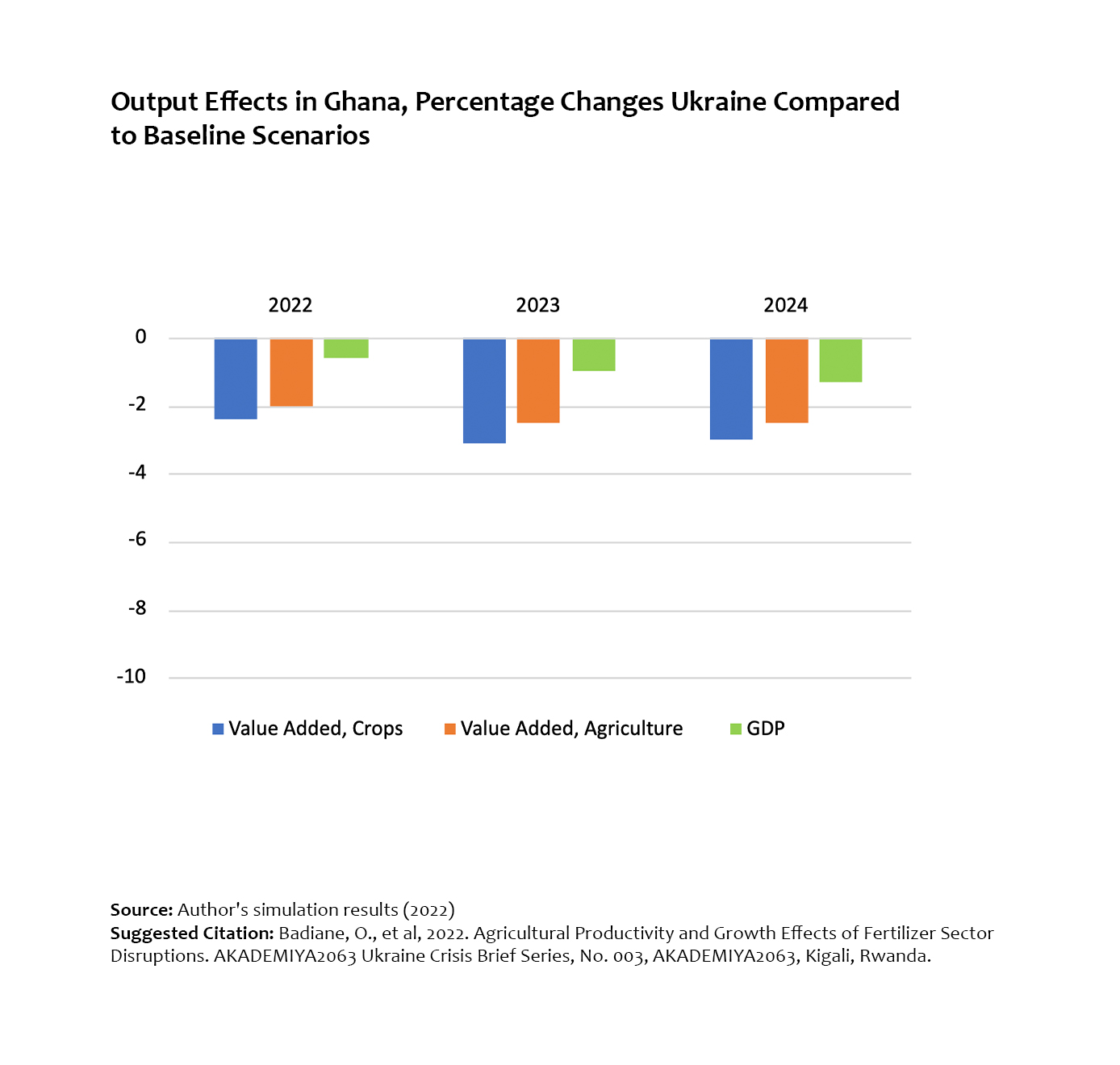
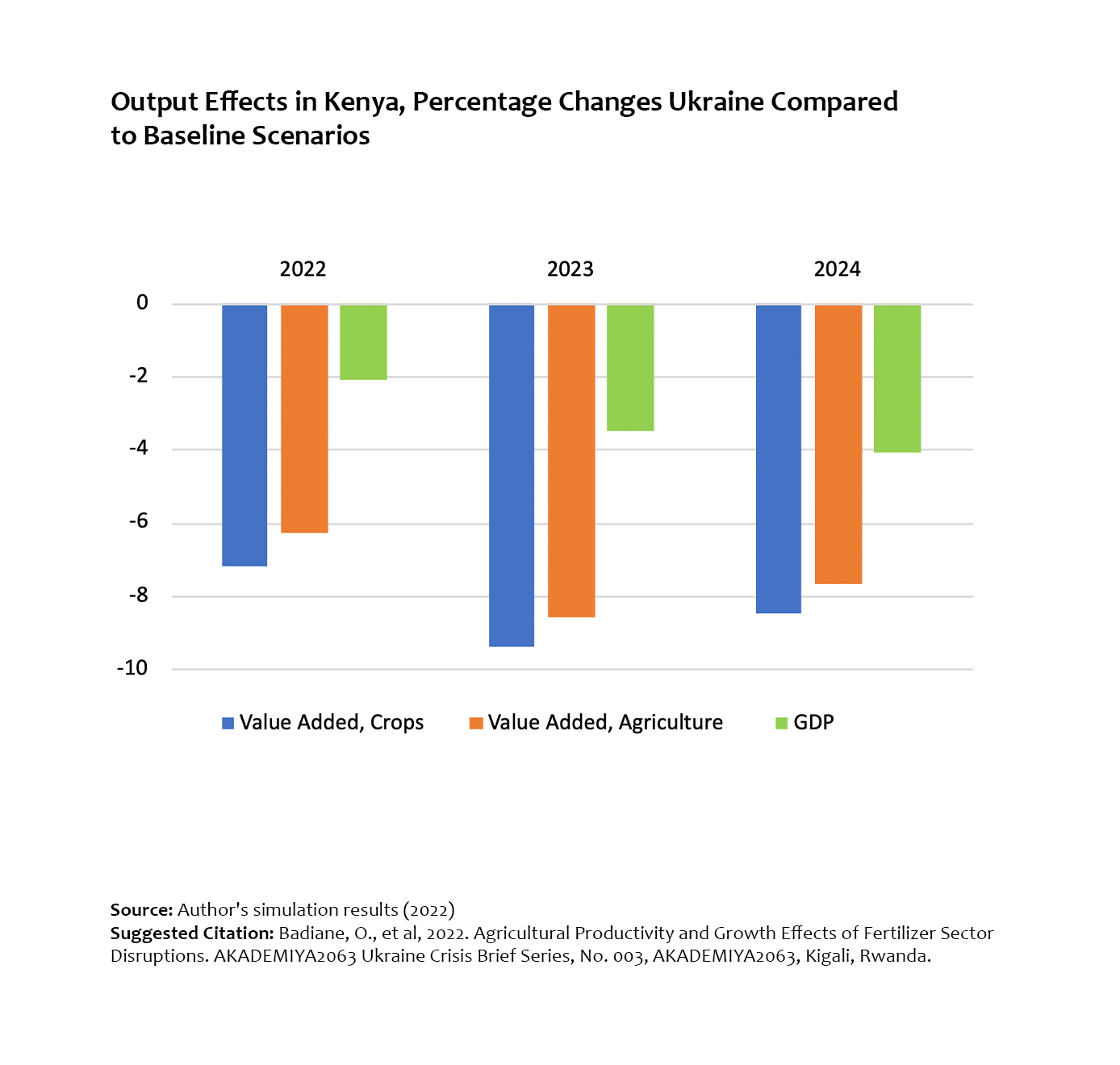
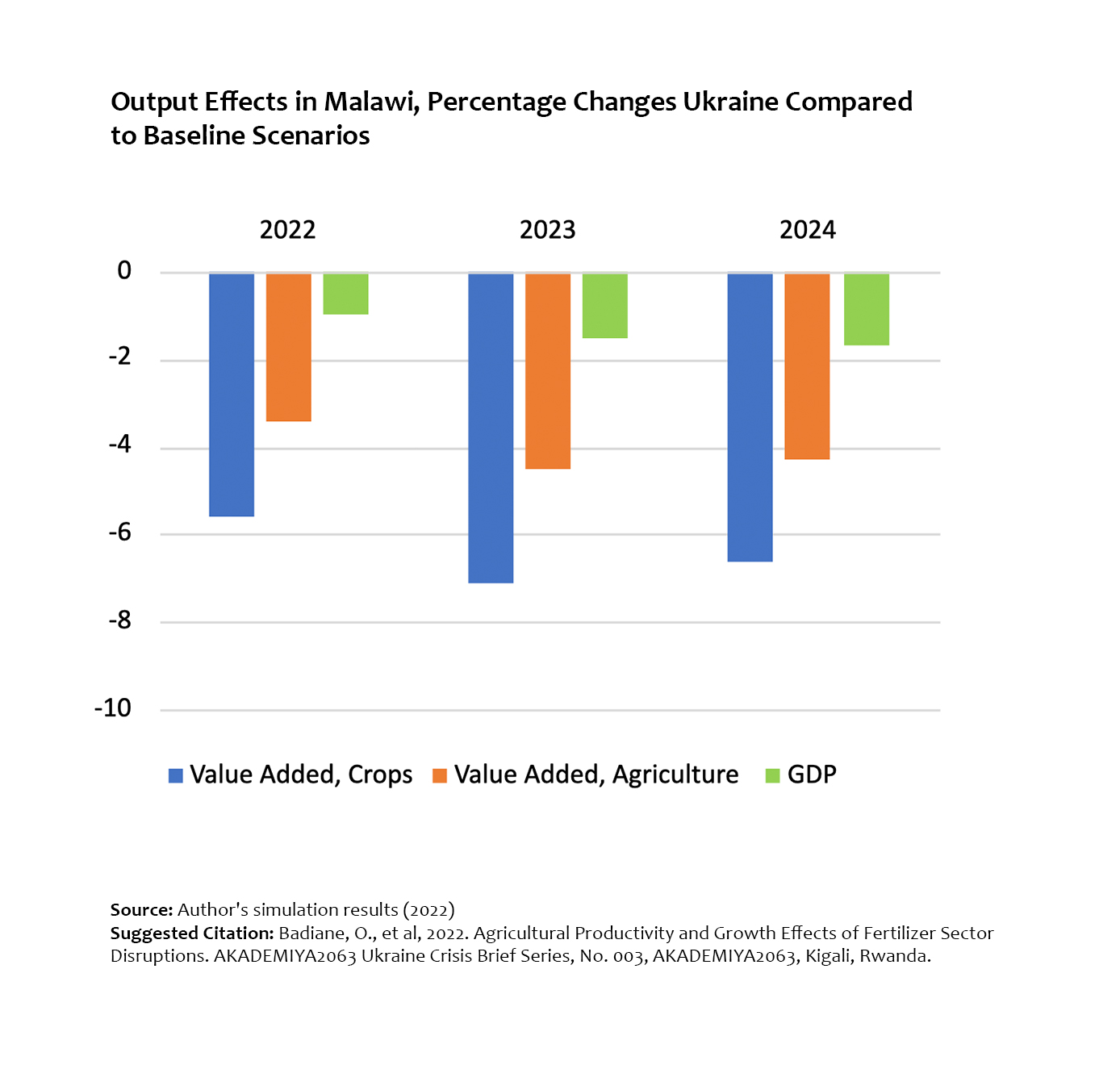
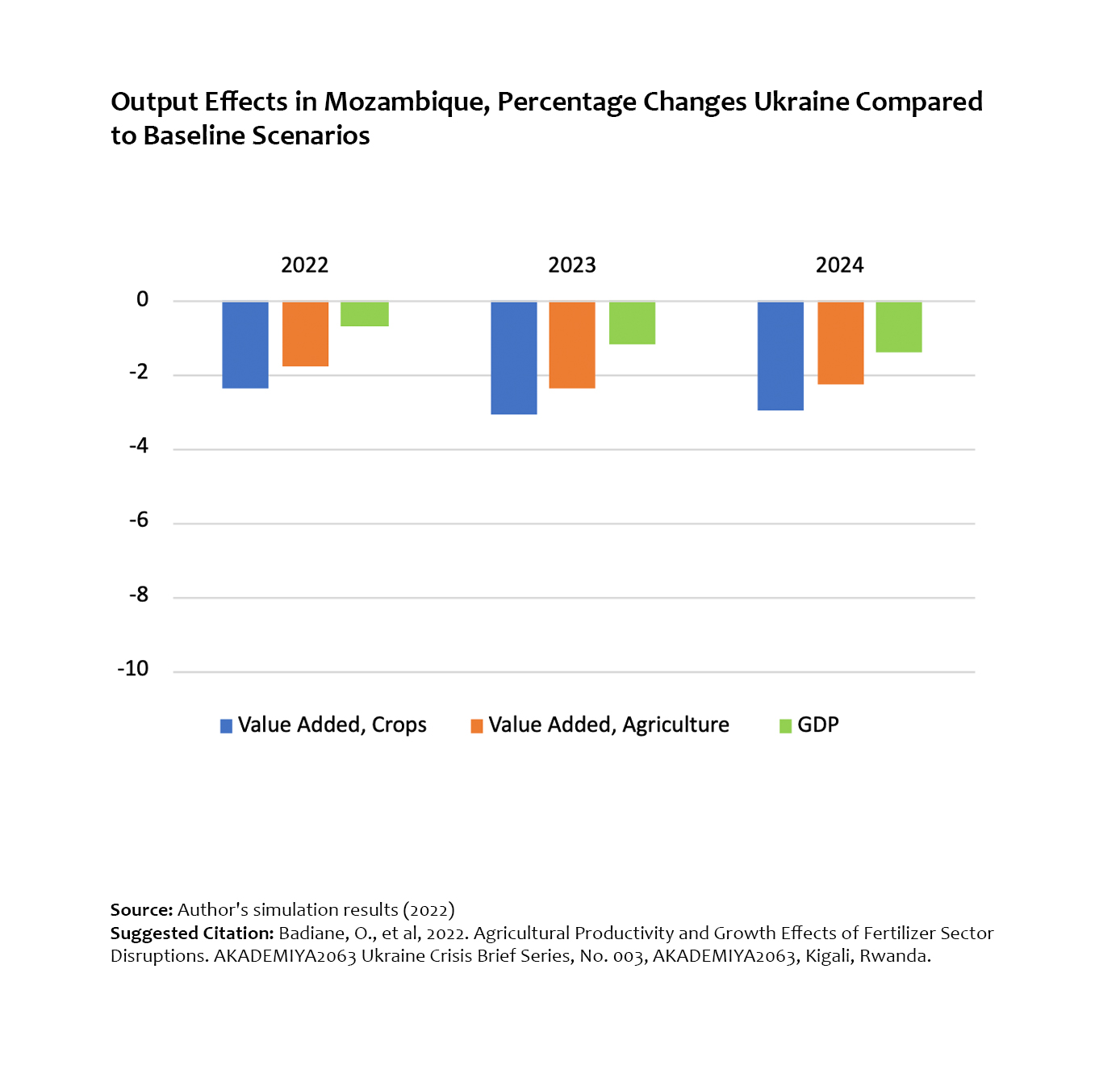
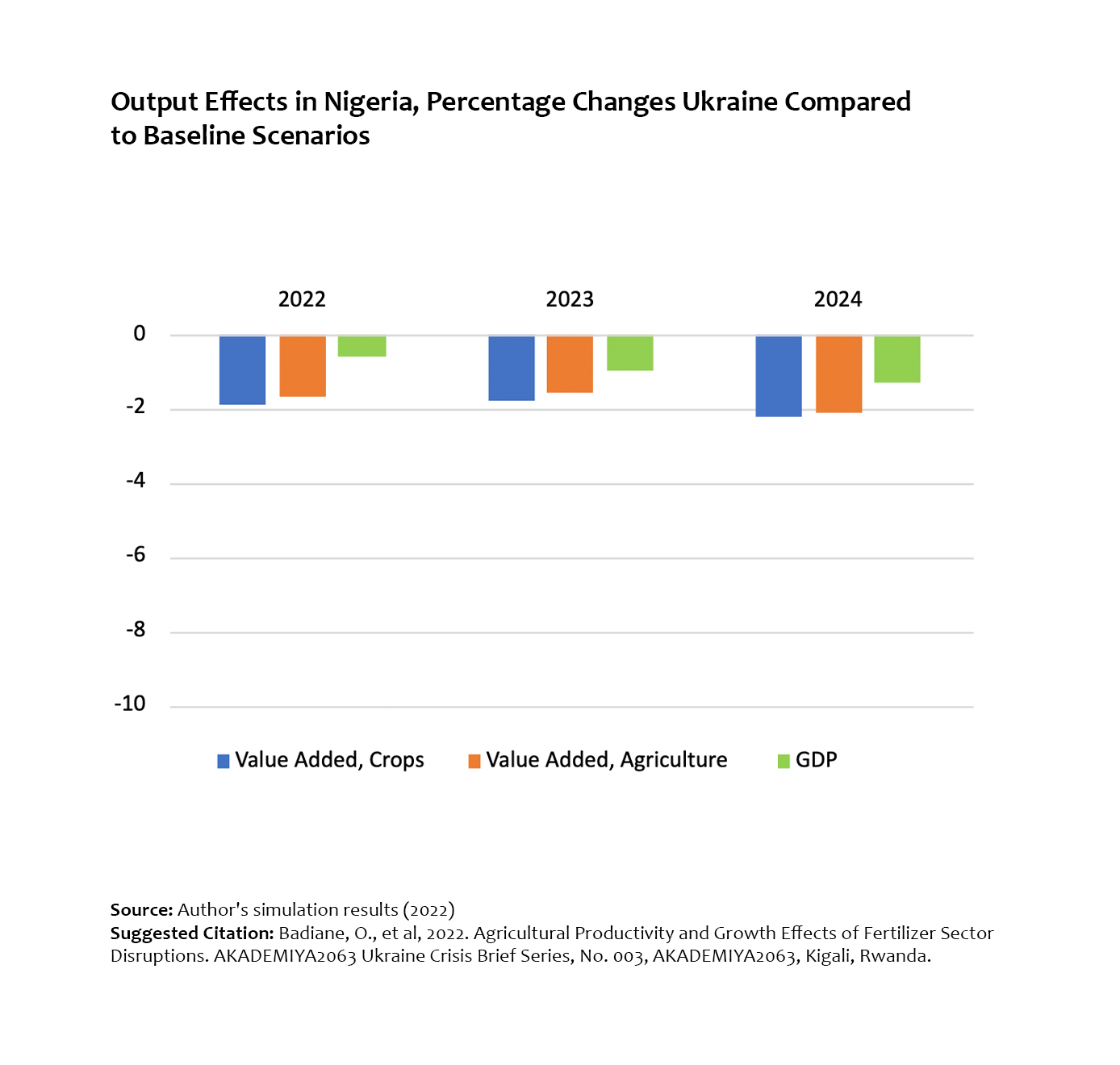
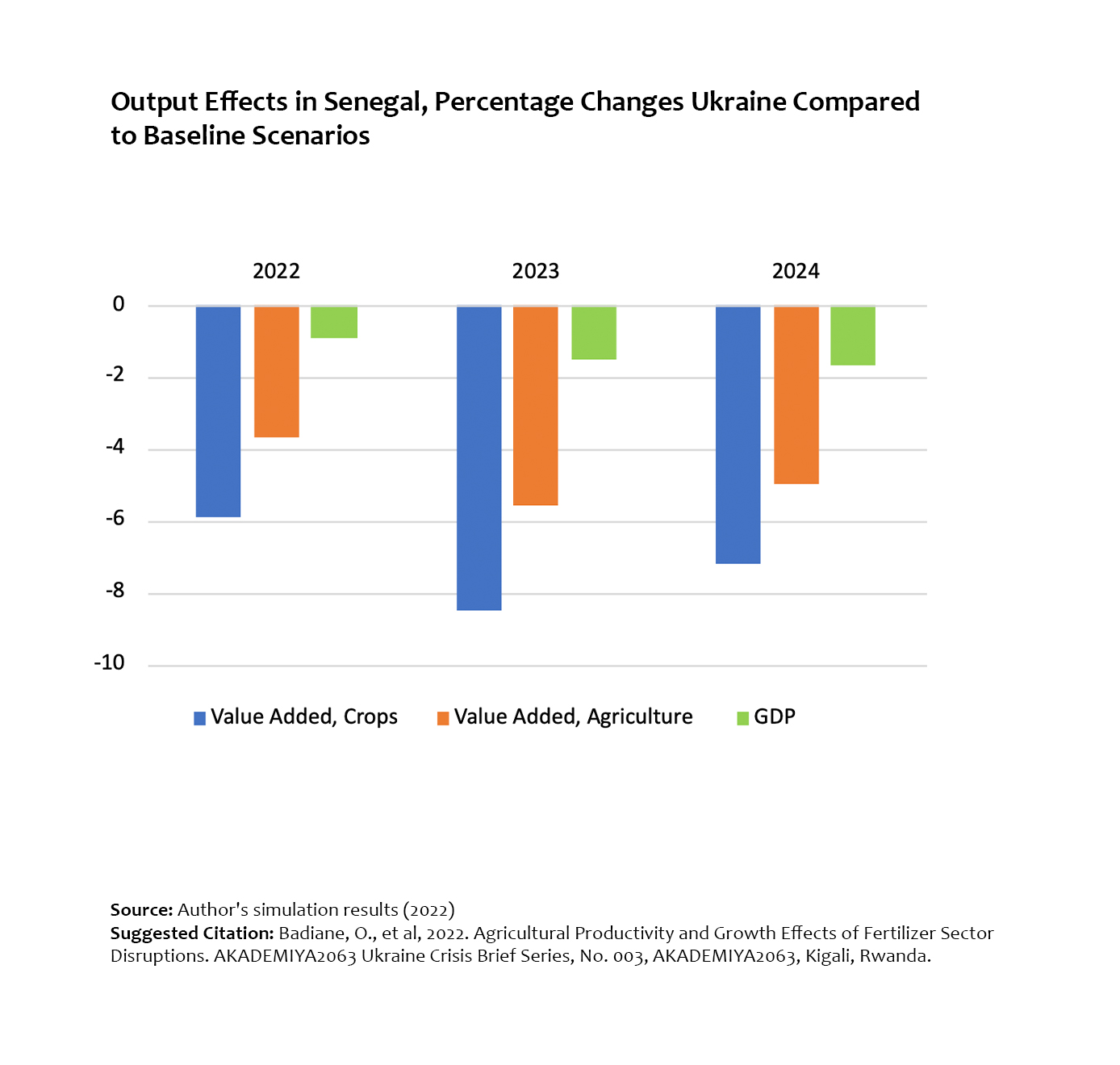
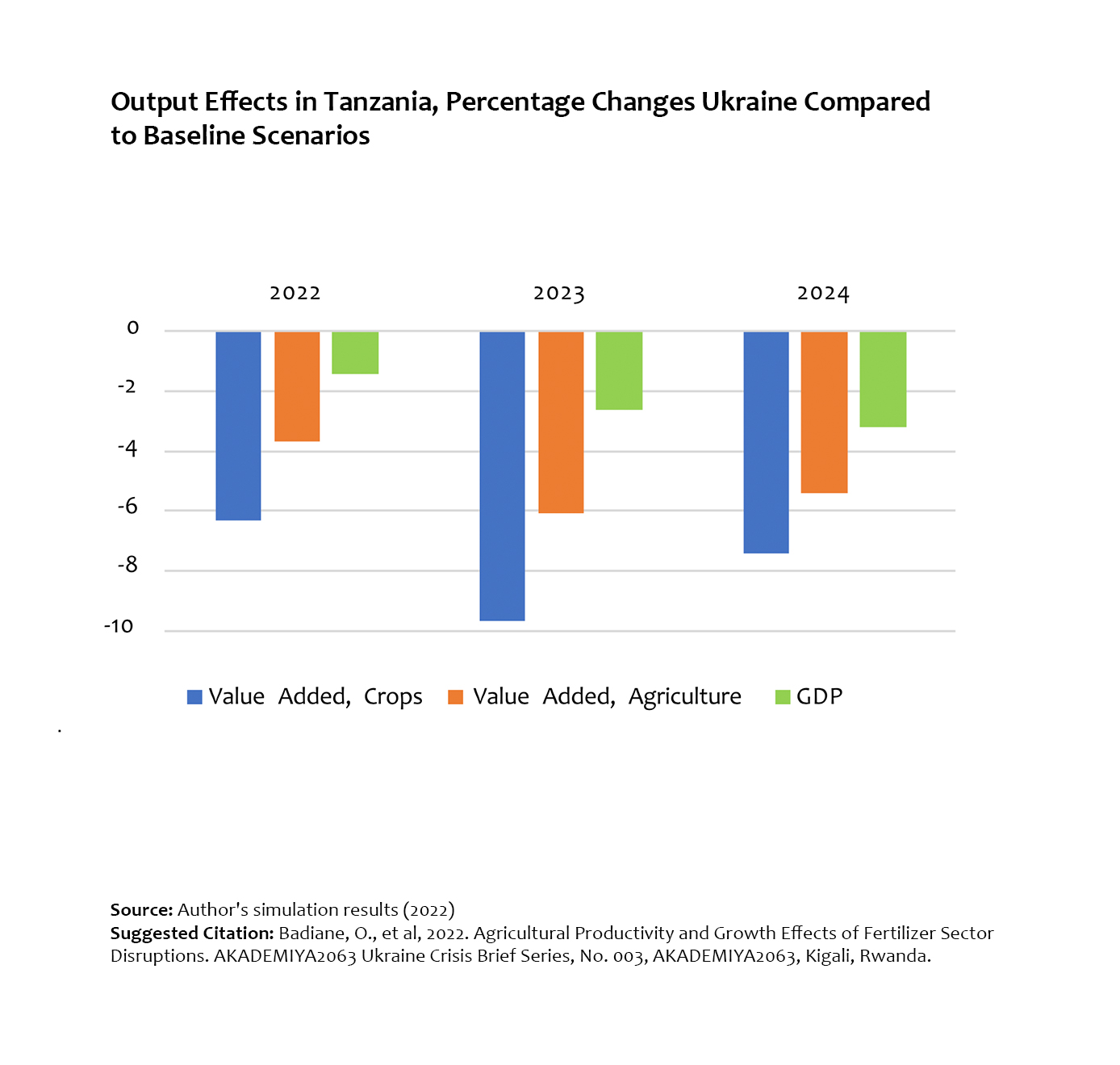
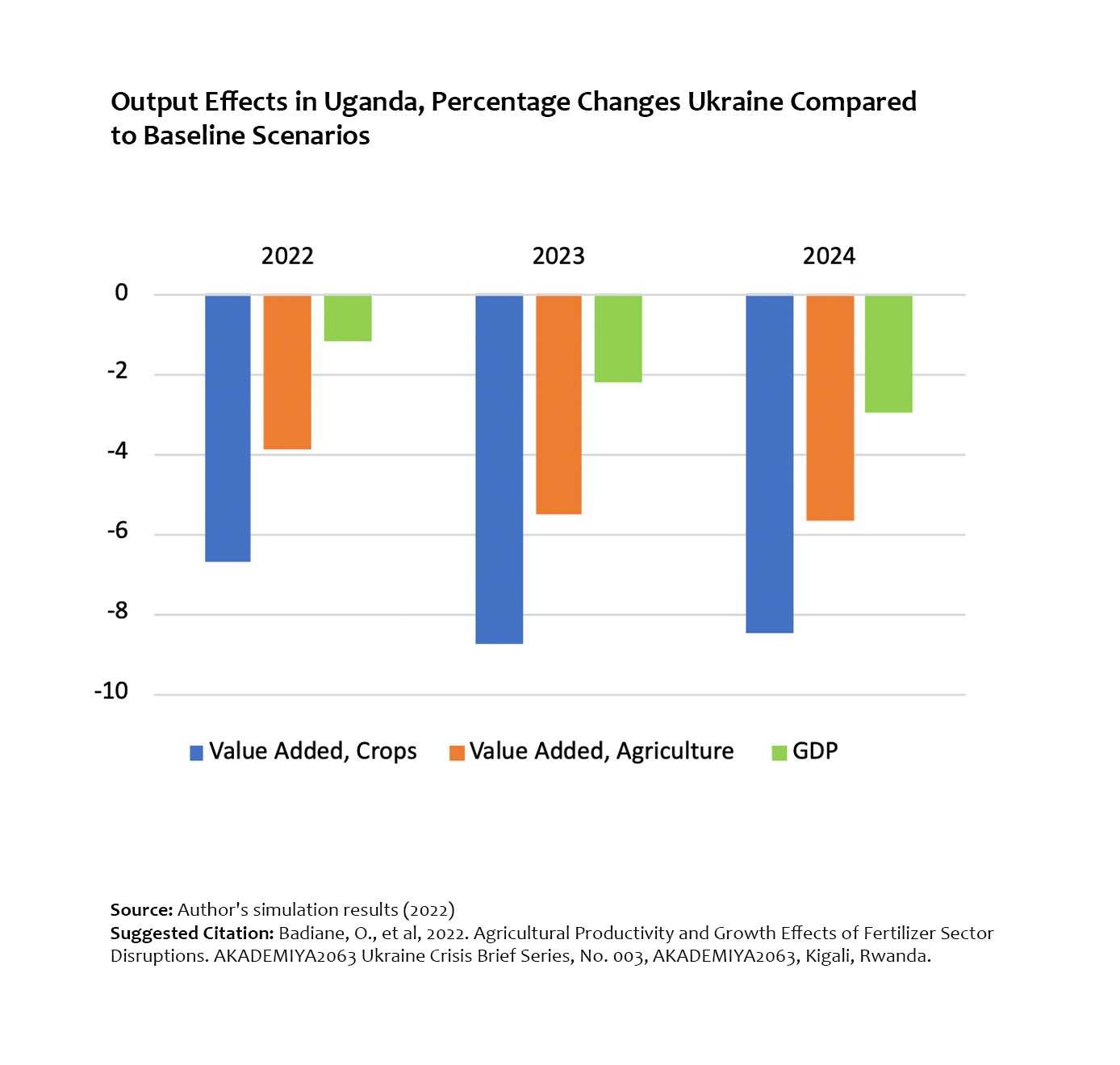
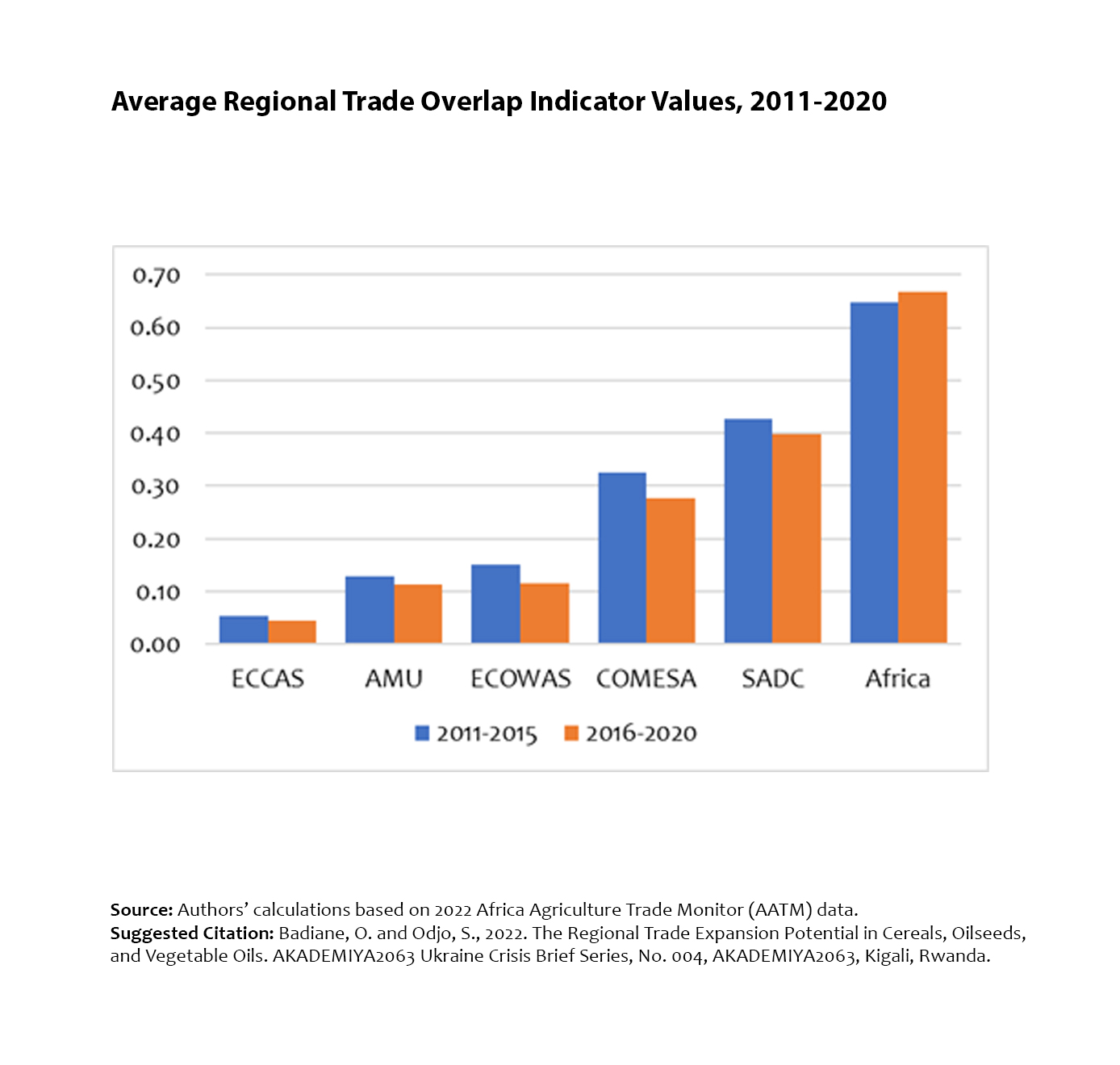
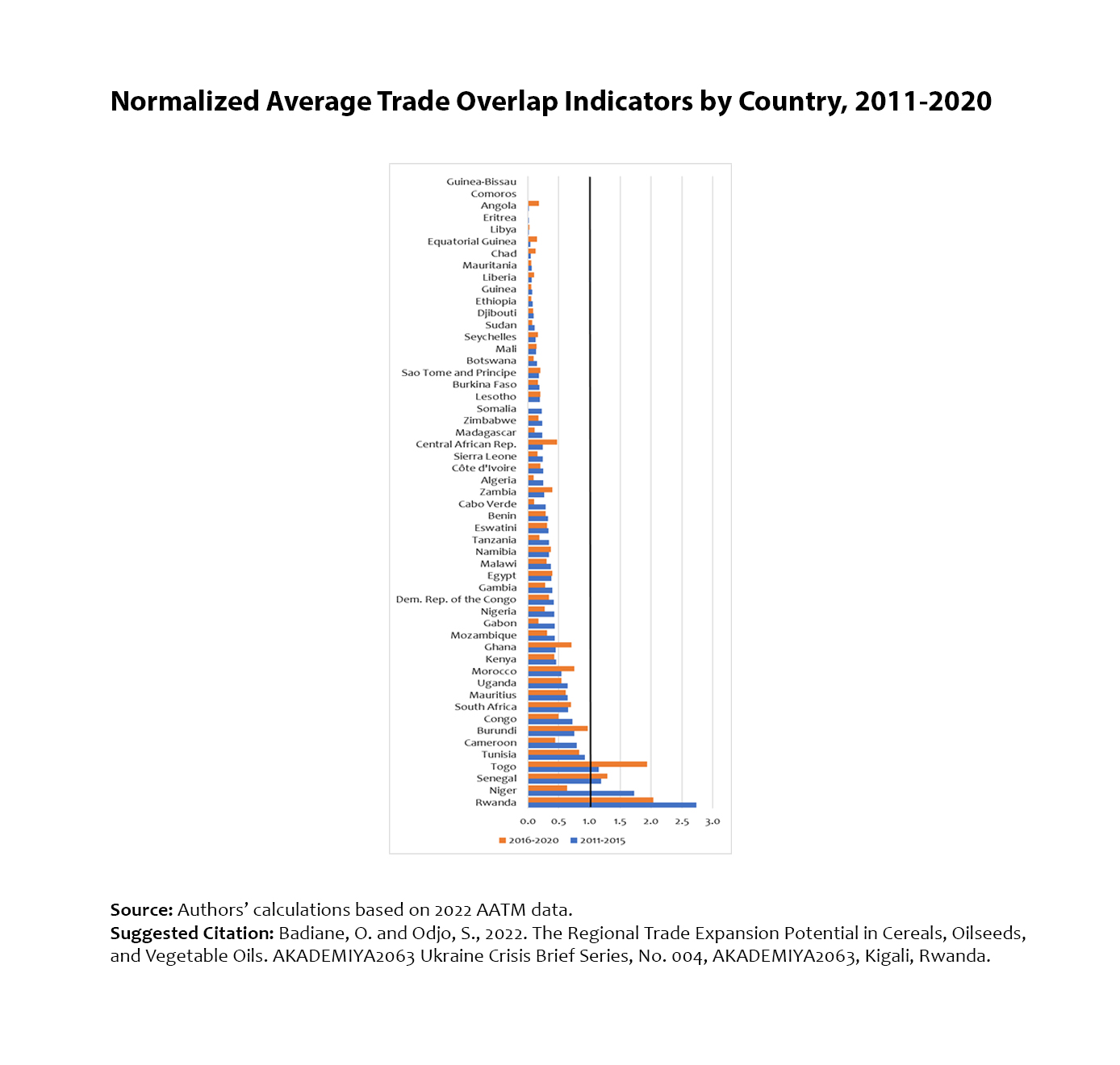
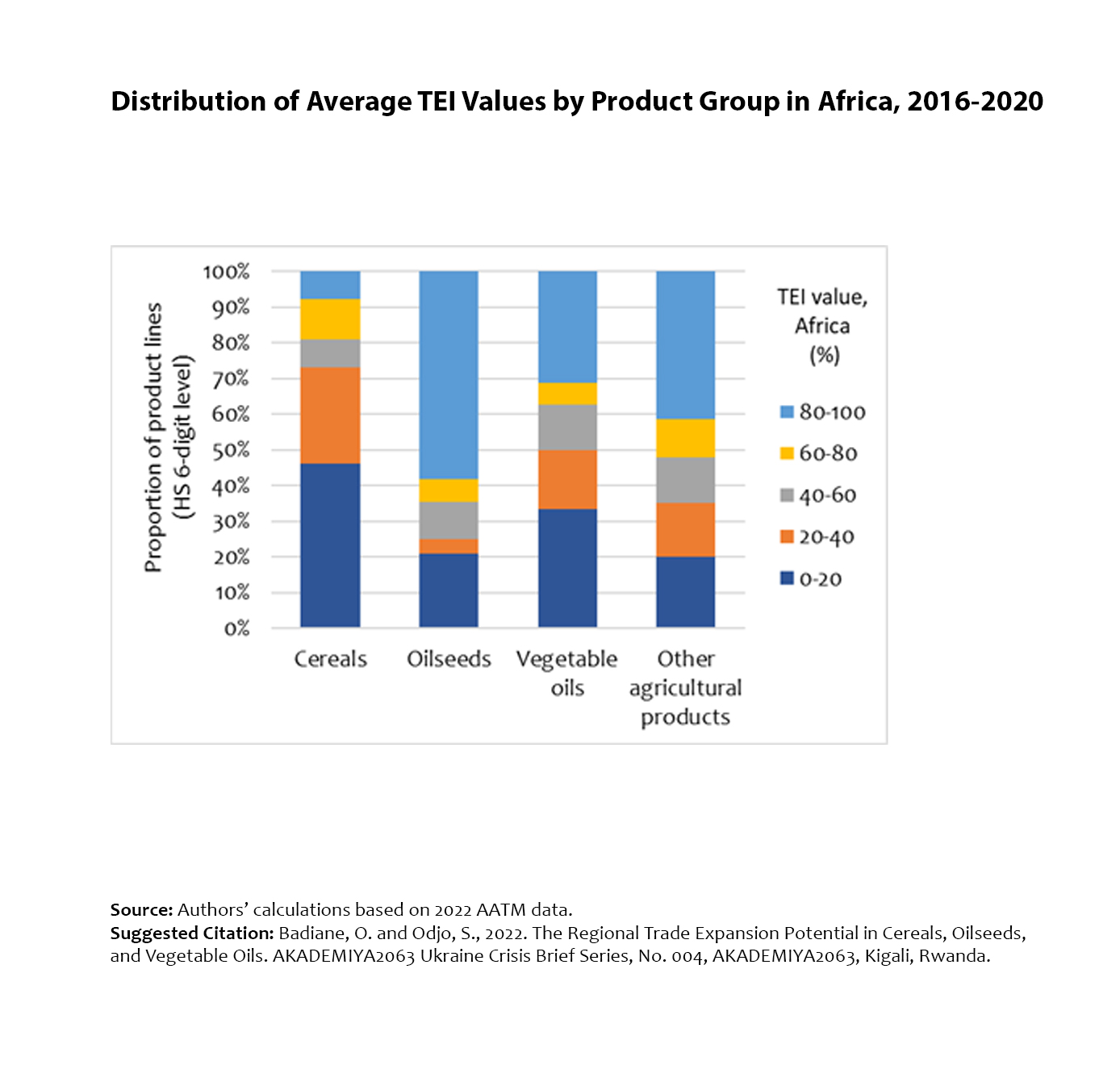
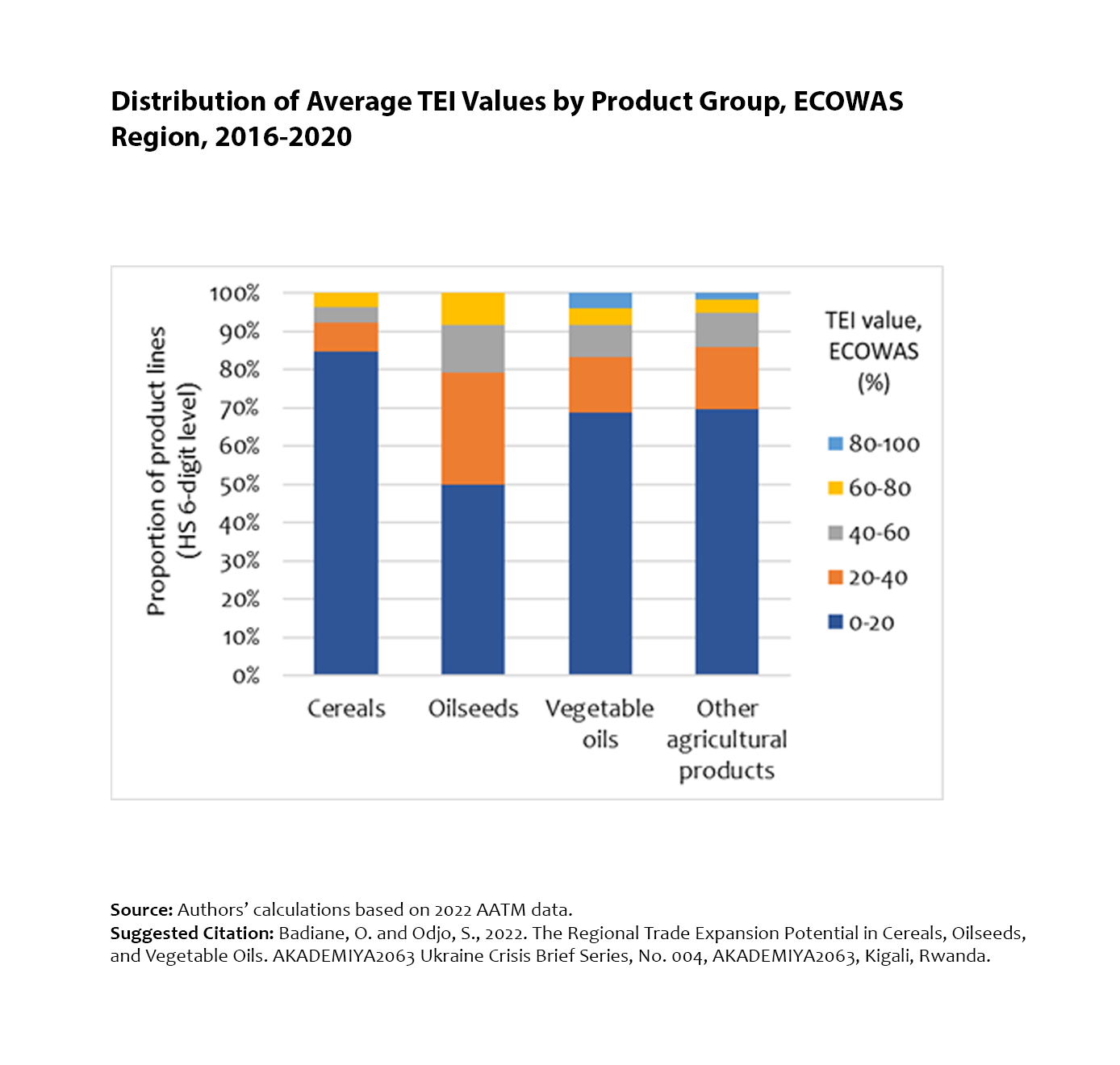
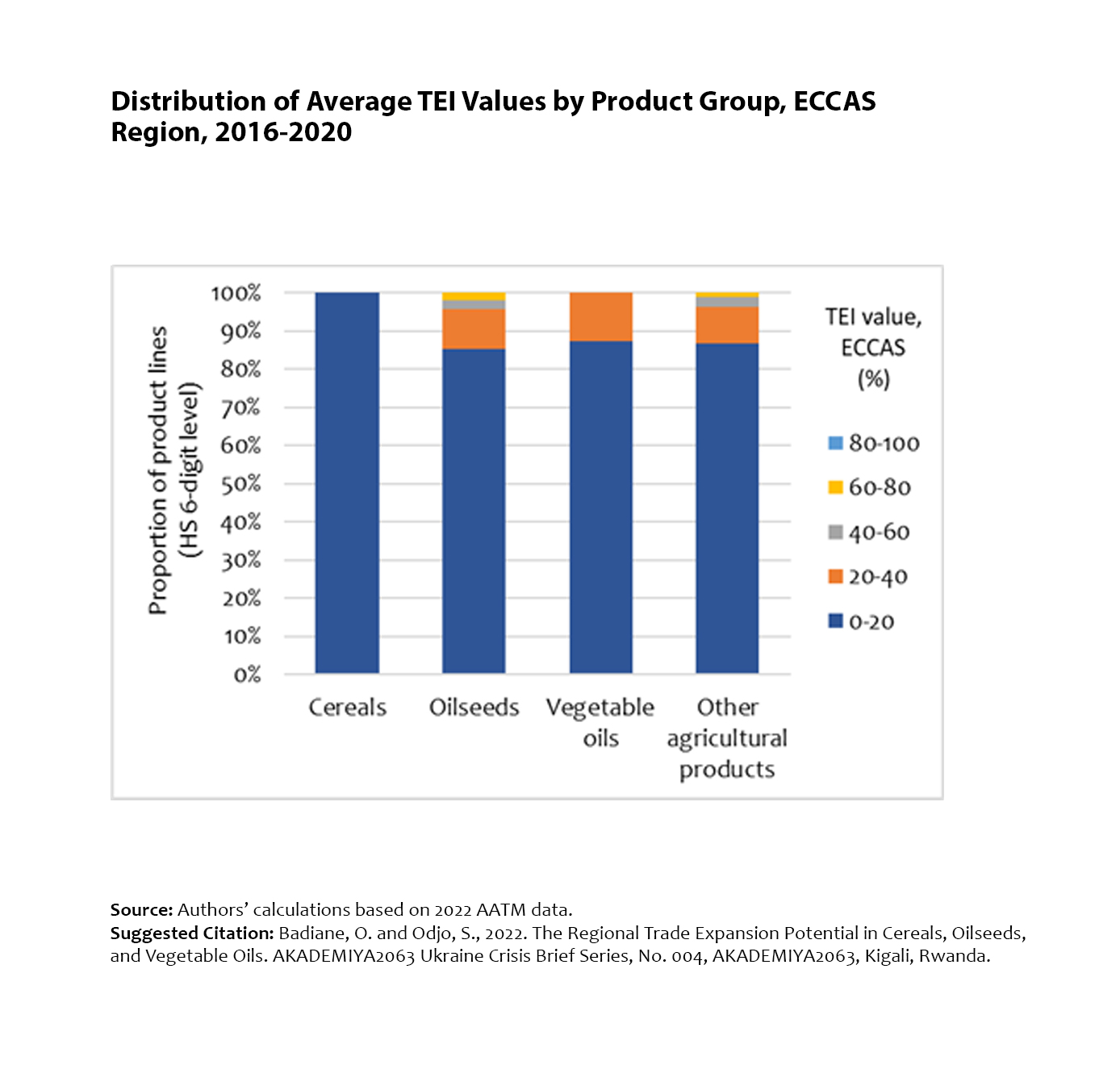
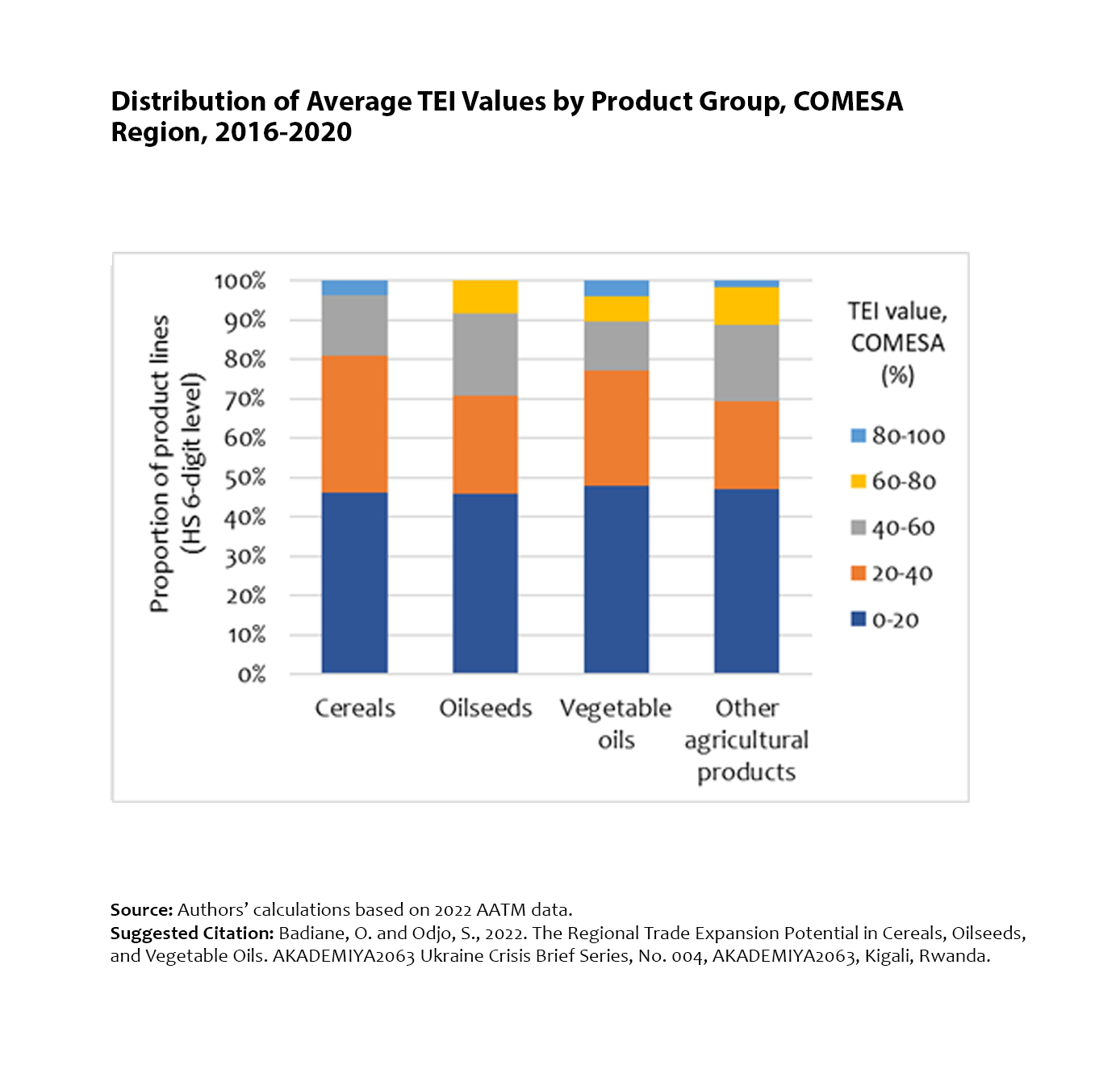
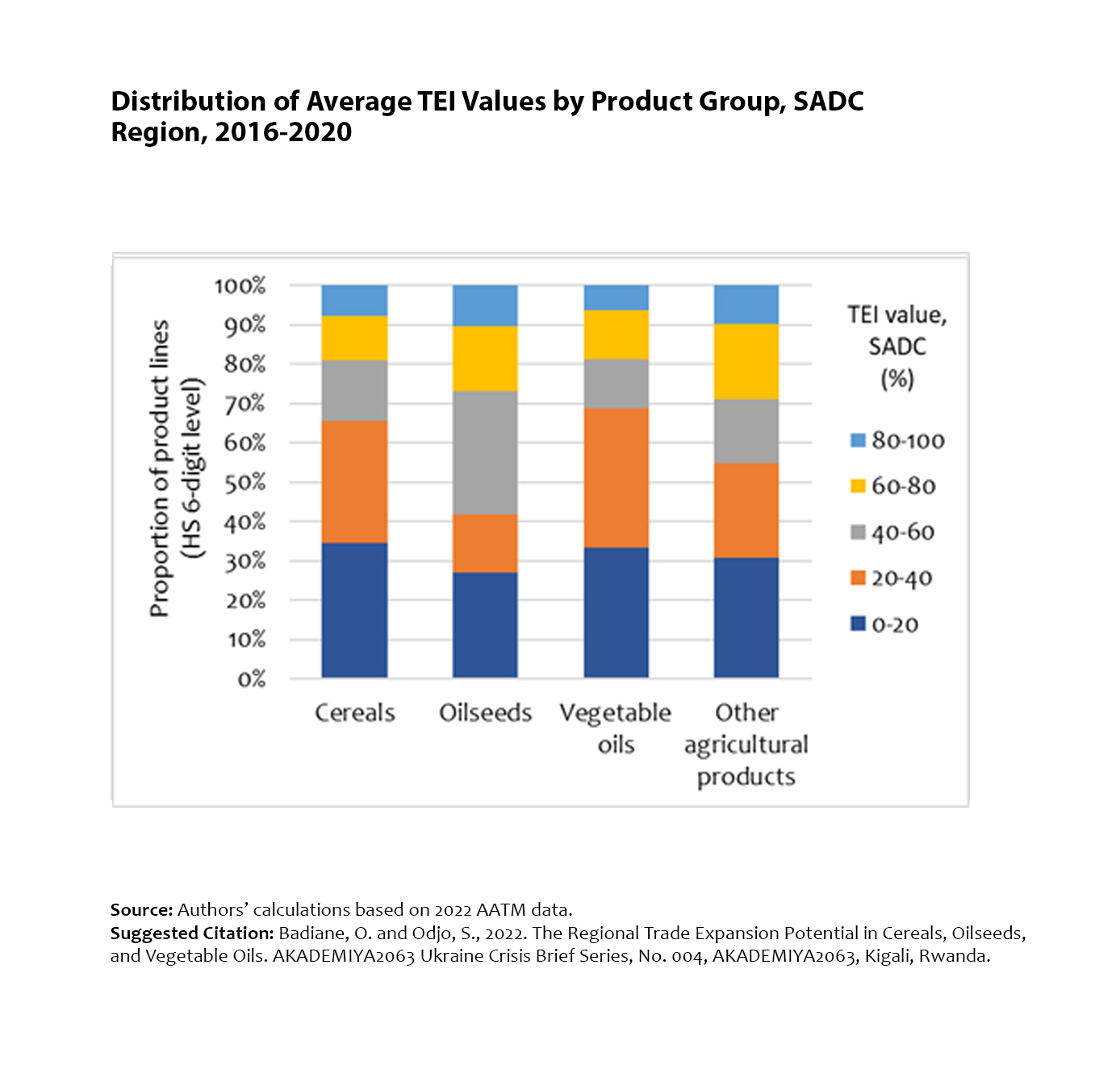
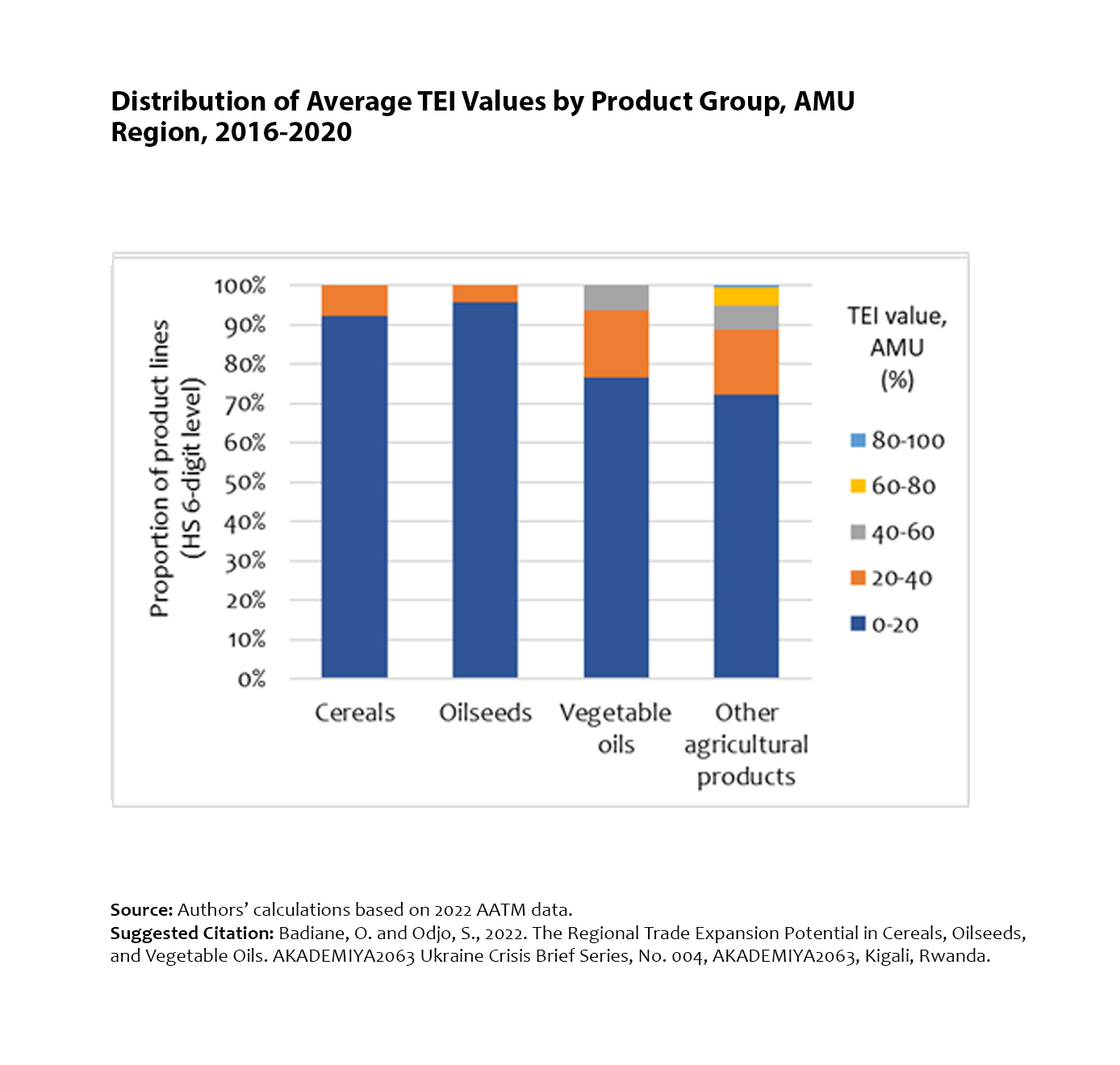
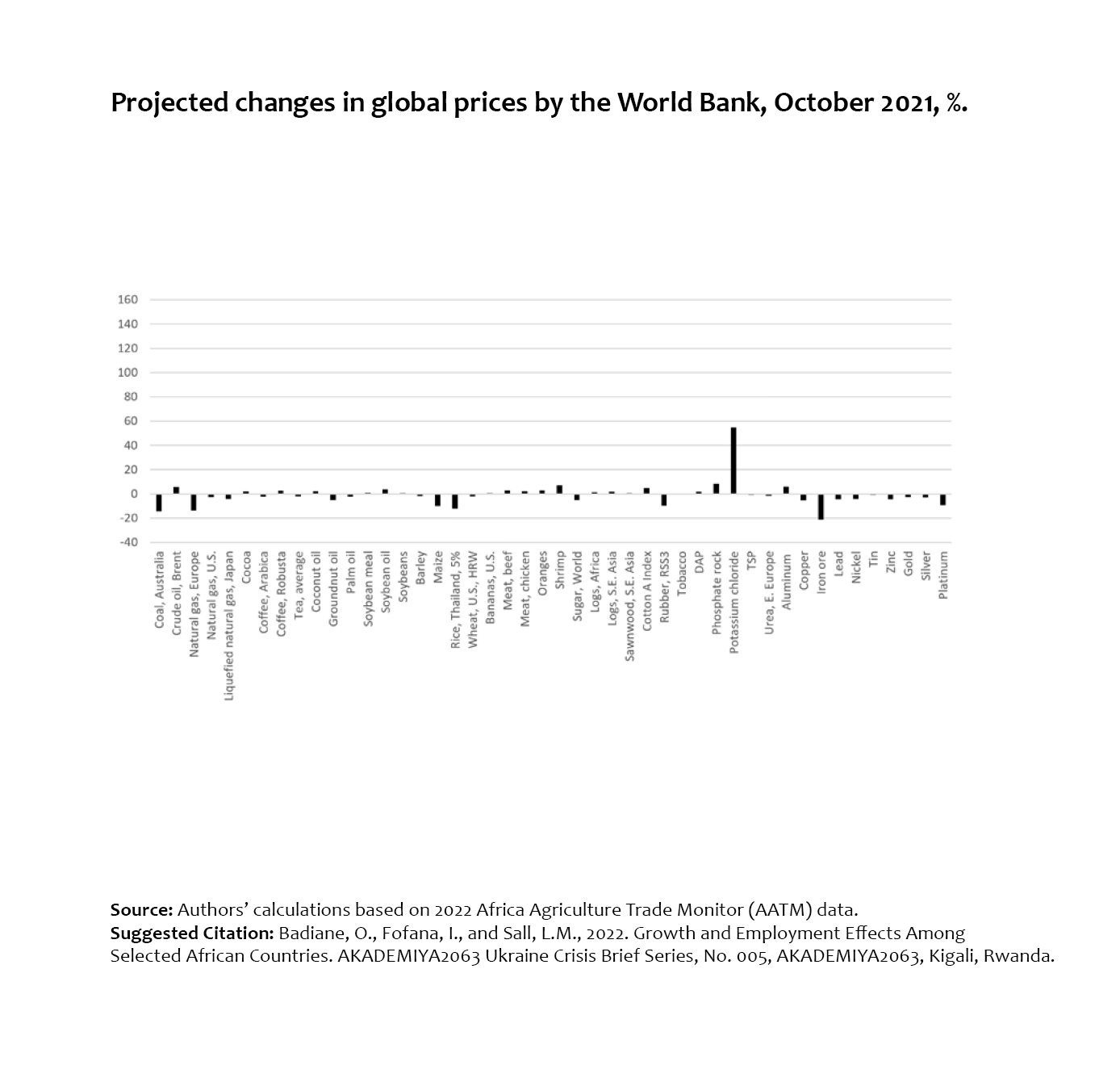
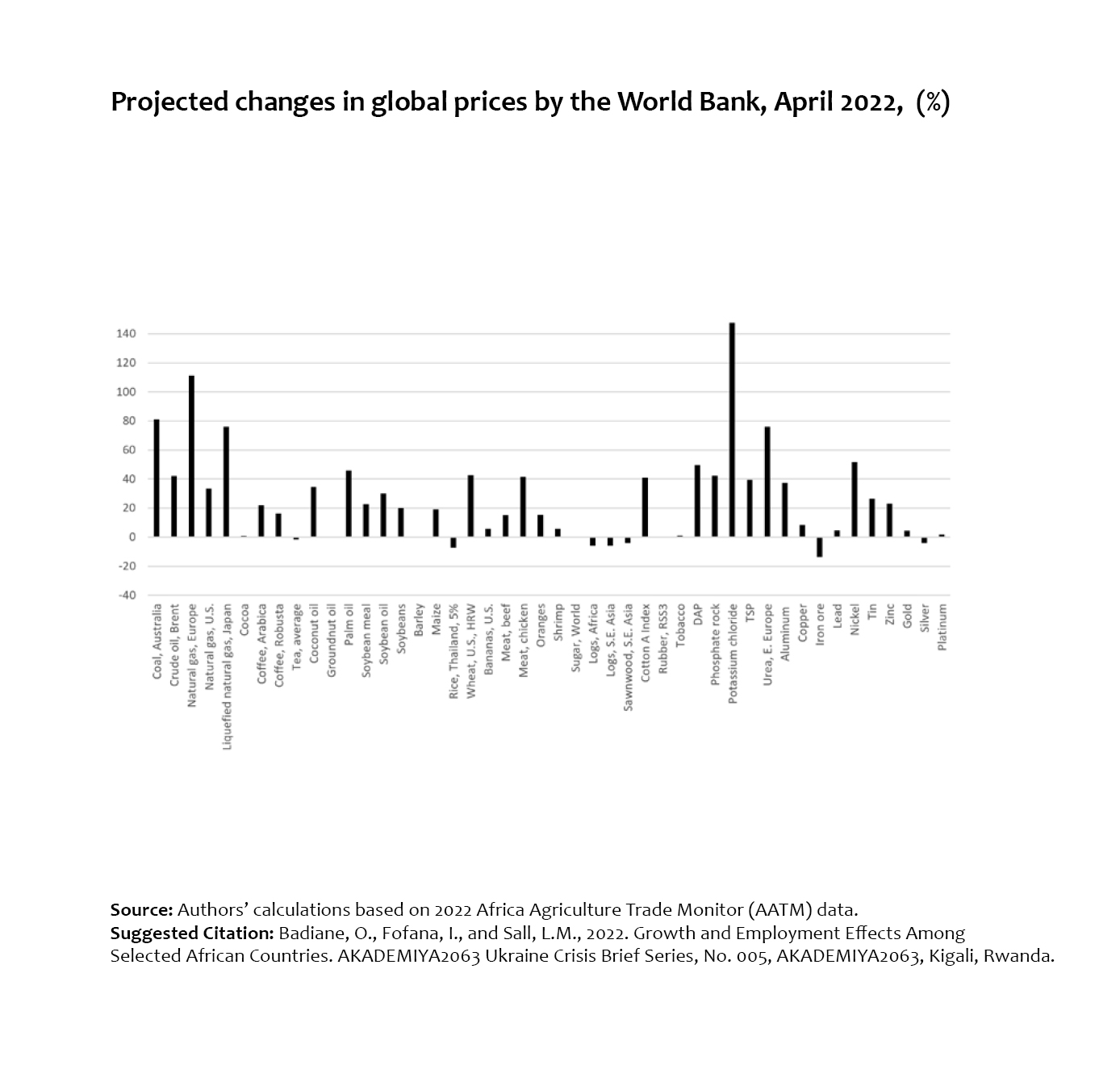
.jpg)
.jpg)
.jpg)
.jpg)
.jpg)
.jpg)
.jpg)
.jpg)
.jpg)
.jpg)
.jpg)
.jpg)
.jpg)
.jpg)
.jpg)
.jpg)
.jpg)
.jpg)
.jpg)
.jpg)
 - Kenya.jpg)
 - Kenya.jpg)
 - Malawi.jpg)
 - Malawi.jpg)
 - Senegal.jpg)
 - Senegal.jpg)
 - Tanzania.jpg)
 - Uganda.jpg)
 - Uganda.jpg)
 - Benin.jpg)
 - Benin.jpg)
 - Ghana.jpg)
 - Mozambique.jpg)
 - Mozambique.jpg)
 - Nigeria.jpg)
 - Nigeria.jpg)
 - South Africa.jpg)
 - South Africa.jpg)

.jpg)
.jpg)
.jpg)
.jpg)
.jpg)
.jpg)
.jpg)
.jpg)
.jpg)
.jpg)
.jpg)
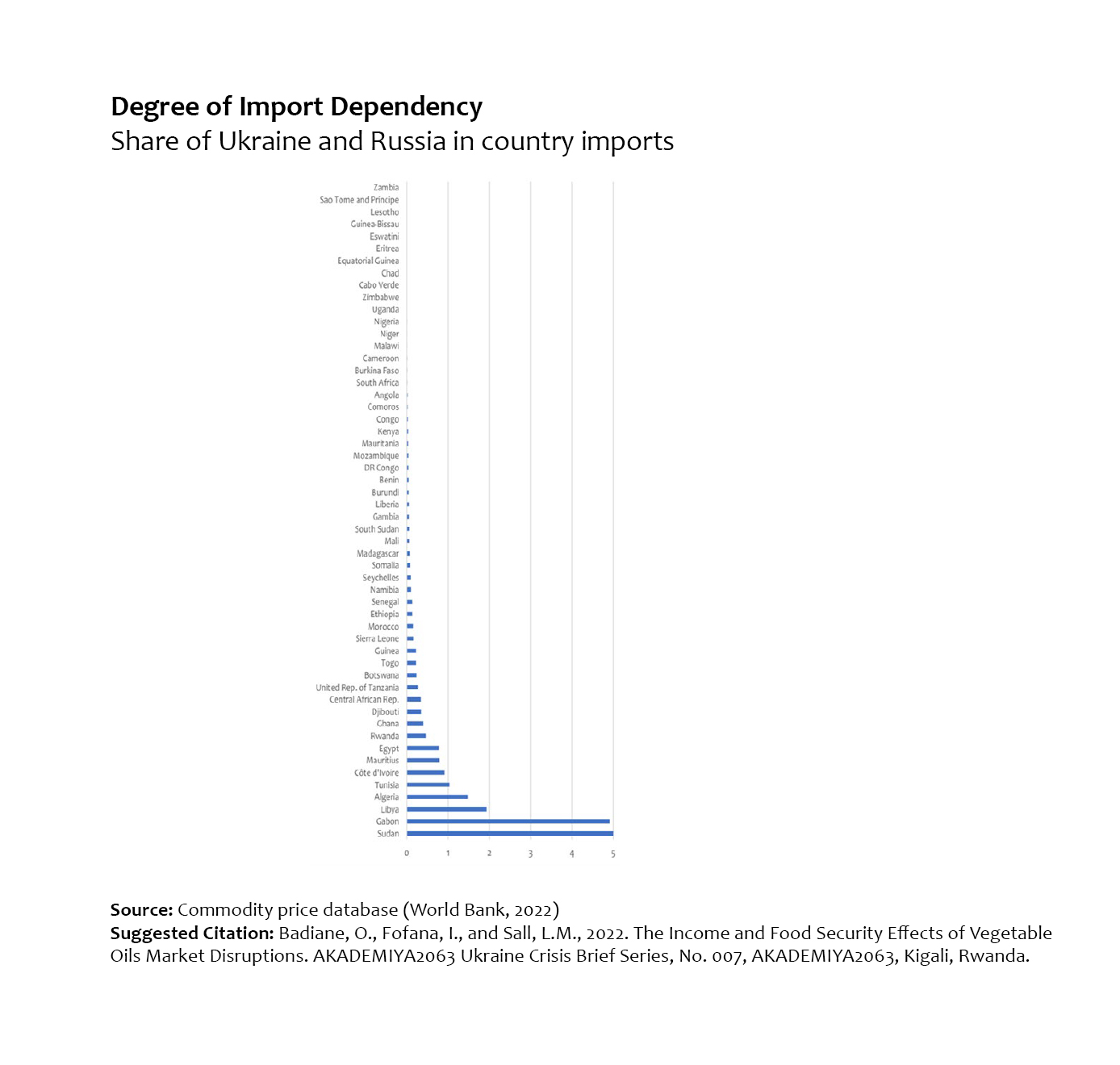
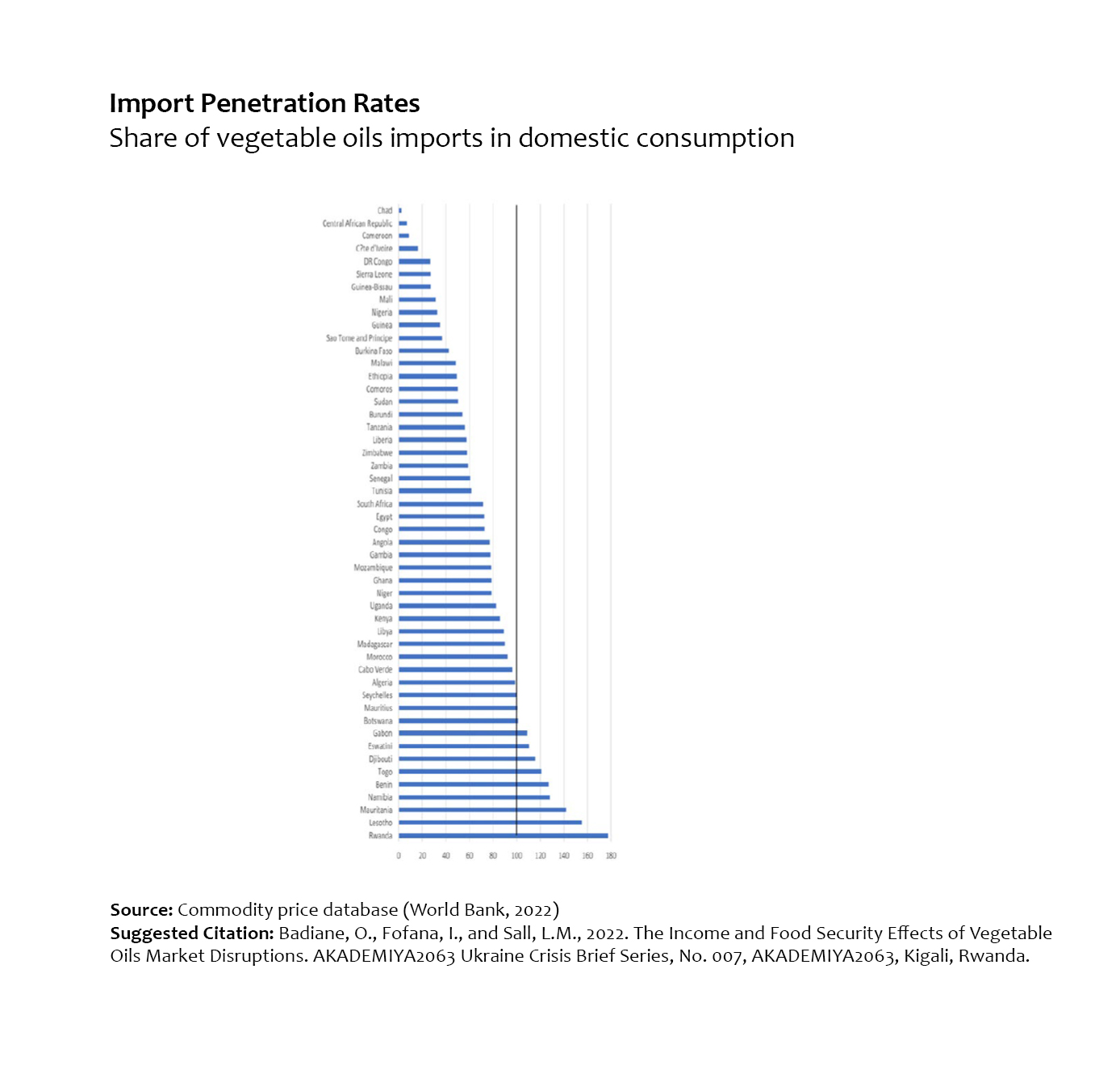
 - Rural Farm Households (Ghana).jpg)
 - Rural Non-farm Households (Ghana).jpg)
 - Urban Households (Ghana).jpg)
 - Rural Farm Households (Malawi).jpg)
 - Rural Non-farm Households (Malawi).jpg)
 - Urban Households (Malawi).jpg)
 - Rural Farm Households (Mozambique).jpg)
 - Rural Non-farm Households (Mozambique).jpg)
 - Urban Households (Mozambique).jpg)
 - Rural Farm Households (Uganda).jpg)
 - Rural Non-farm Households (Uganda).jpg)
 - Urban Households (Uganda).jpg)
 - Rural Farm Households (Ghana).jpg)
 - Rural Non-farm Households (Ghana).jpg)
 - Urban Households (Ghana).jpg)
 - Rural Farm Households (Malawi).jpg)
 - Rural Non-farm Households (Malawi).jpg)
 - Urban Households (Malawi).jpg)
 - Rural Farm Households (Mozambique).jpg)
 - Rural Non-farm Households (Mozambique).jpg)
 - Urban Households (Mozambique).jpg)
 - Rural Farm Households (Uganda).jpg)
 - Rural Non-farm Households (Uganda).jpg)
 - Urban Households (Uganda).jpg)
 - Rural Farm Households (Ghana).jpg)
 - Rural Non-farm Households (Ghana).jpg)
 - Urban Households (Ghana).jpg)
 - Rural Farm Households (Malawi).jpg)
 - Rural Non-farm Households (Malawi).jpg)
 - Urban Households (Malawi).jpg)
 - Rural Farm Households (Mozambique).jpg)
 - Rural Non-farm Households (Mozambique).jpg)
 - Urban Households (Mozambique).jpg)
 - Rural Farm Households (Uganda).jpg)
 - Rural Non-farm Households (Uganda).jpg)
.jpg)
.jpg)
 of Cultivated Land in 2018.jpg)
.jpg)
.jpg)
.jpg)
.jpg)
.jpg)
.jpg)
.jpg)
.jpg)
.jpg)
.jpg)
.jpg)
.jpg)
.jpg)
.jpg)
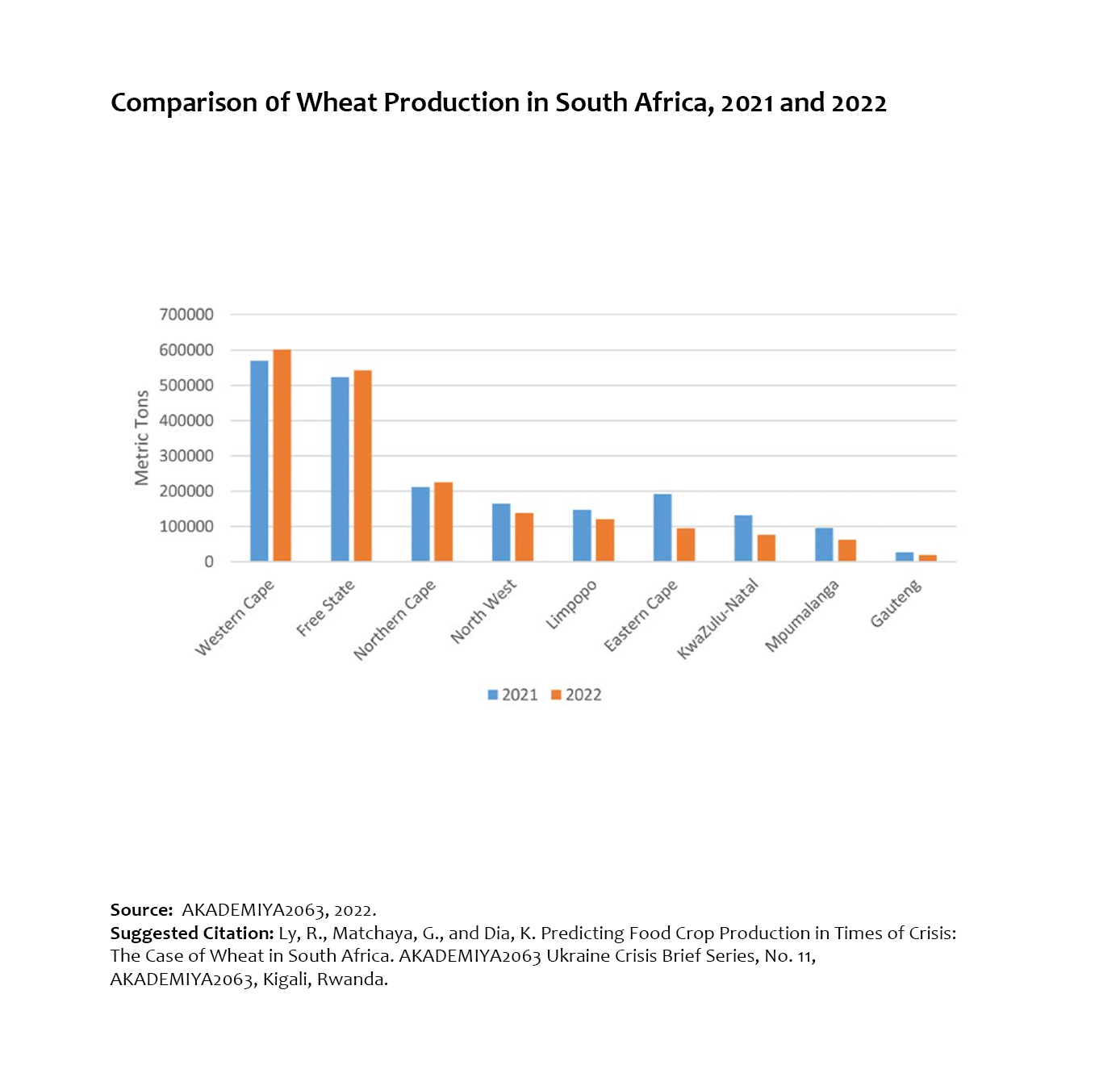
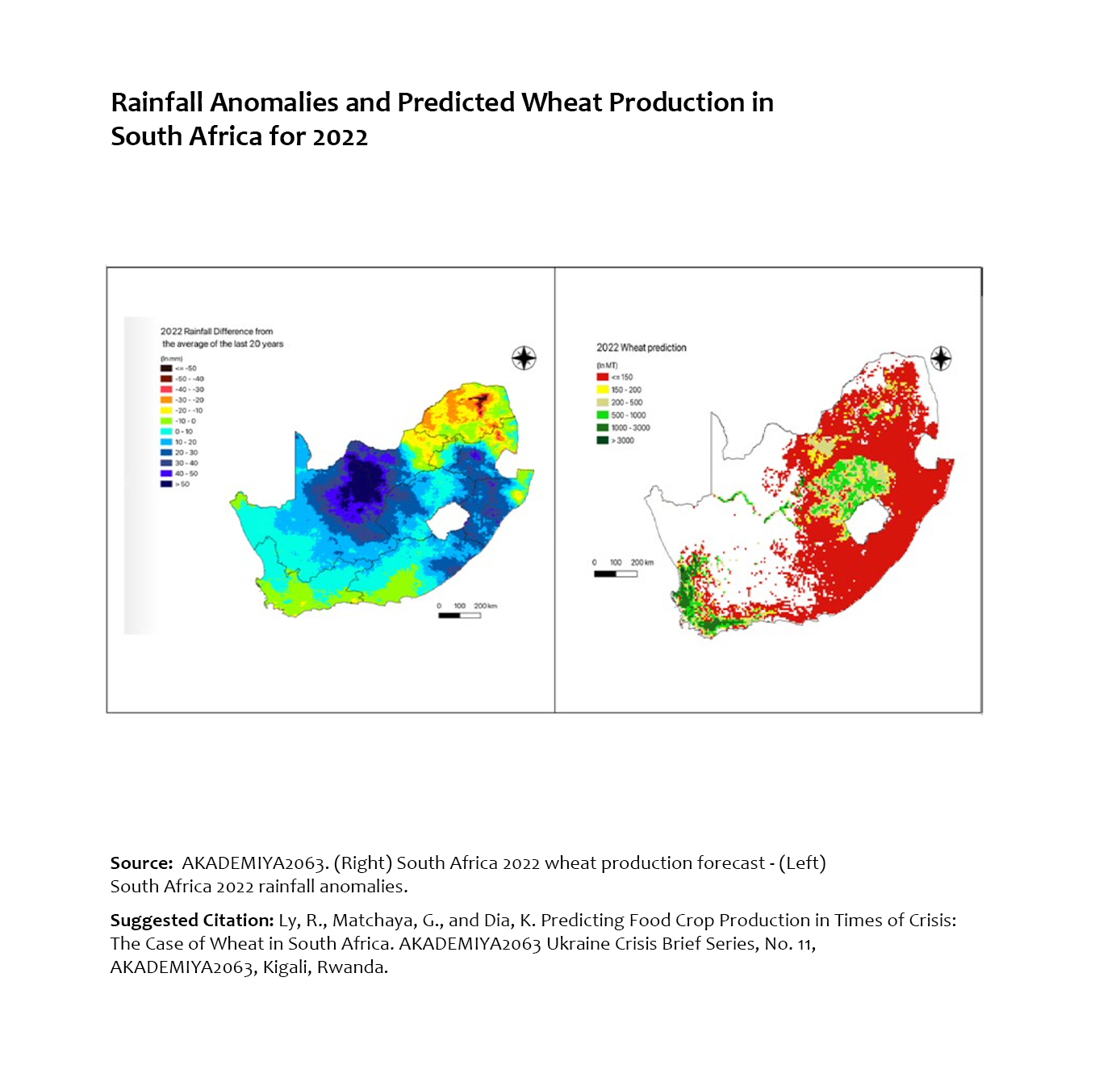
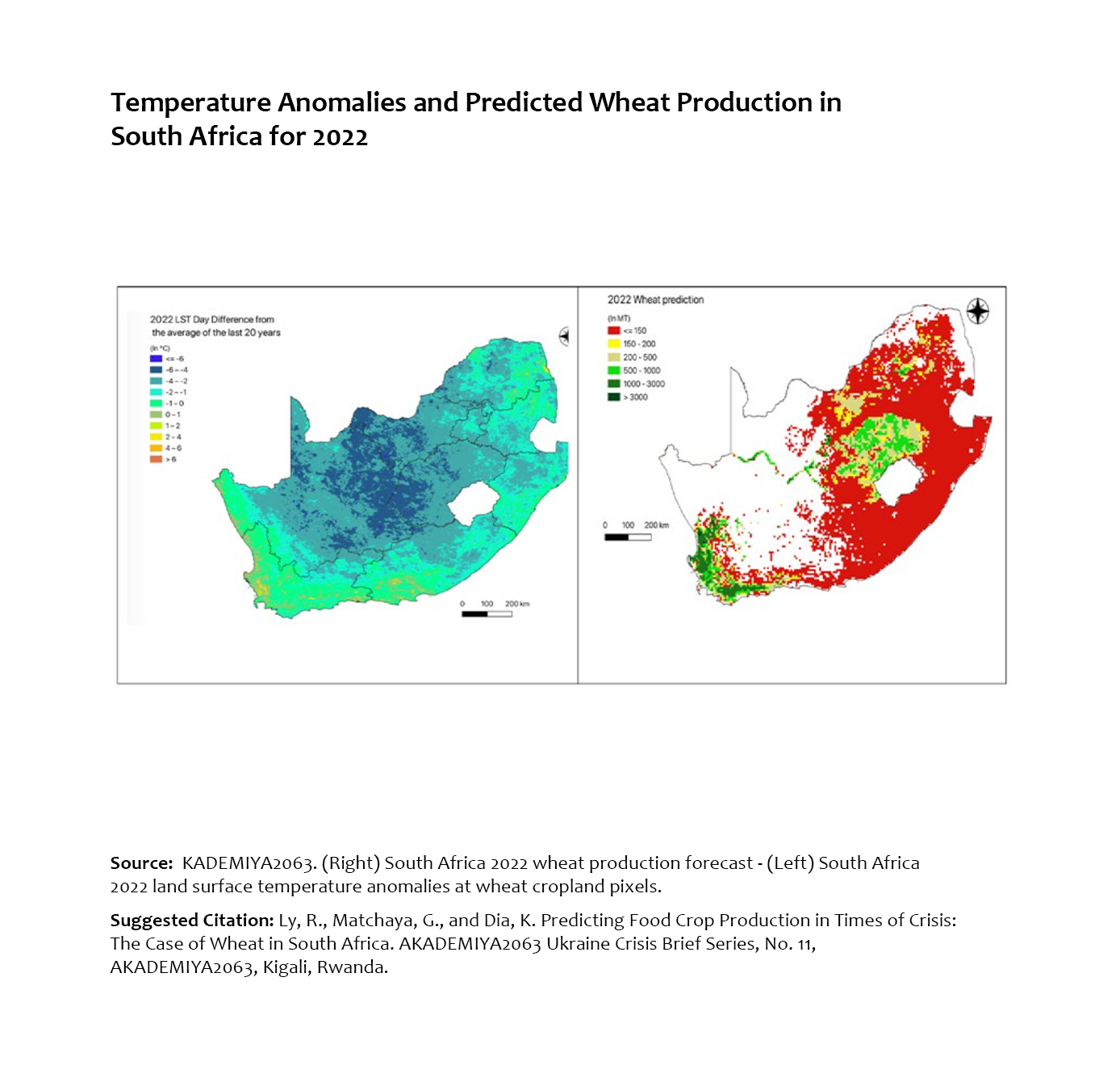
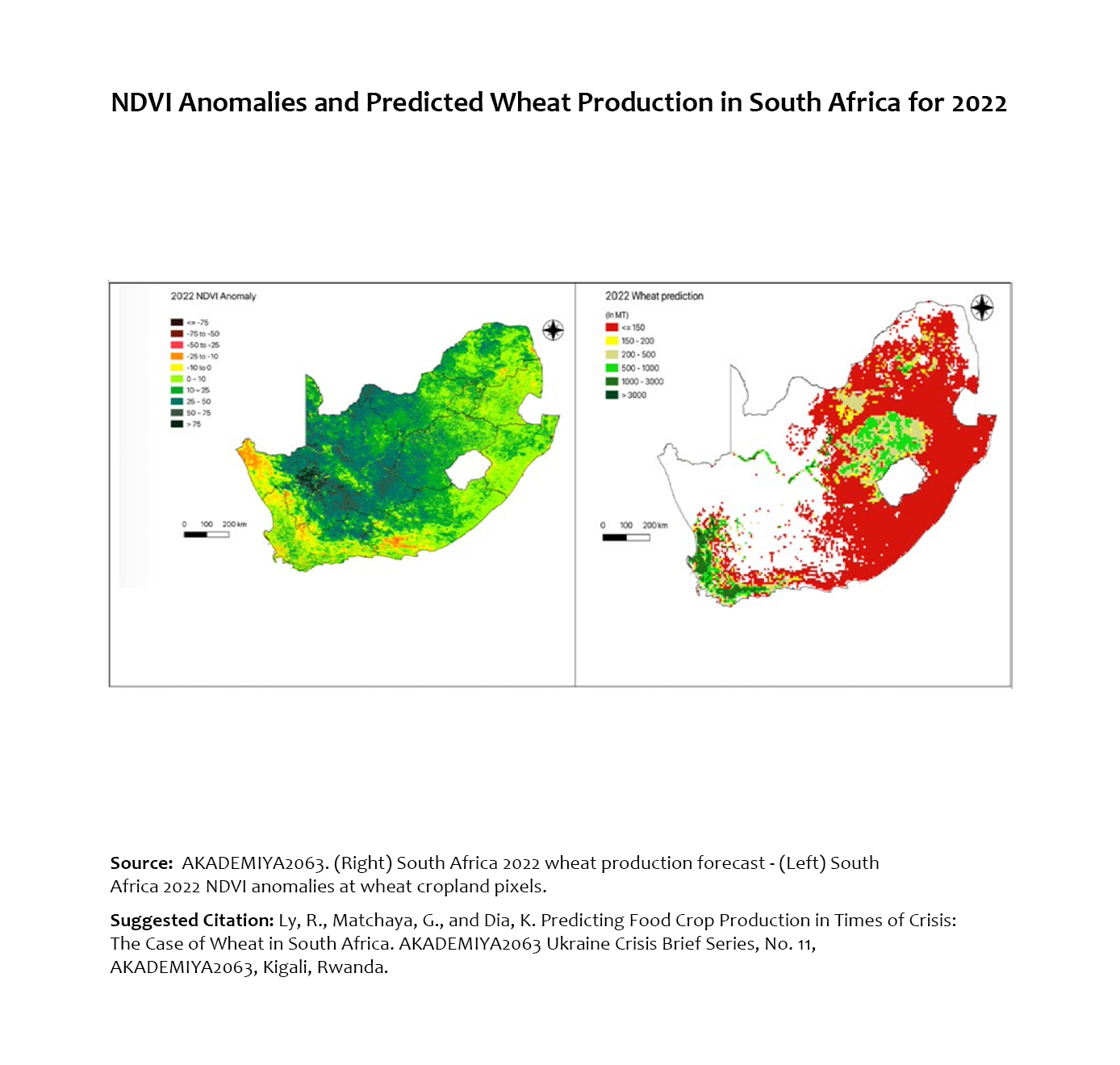
.jpg)
.jpg)
.jpg)
.jpg)
.jpg)
.jpg)
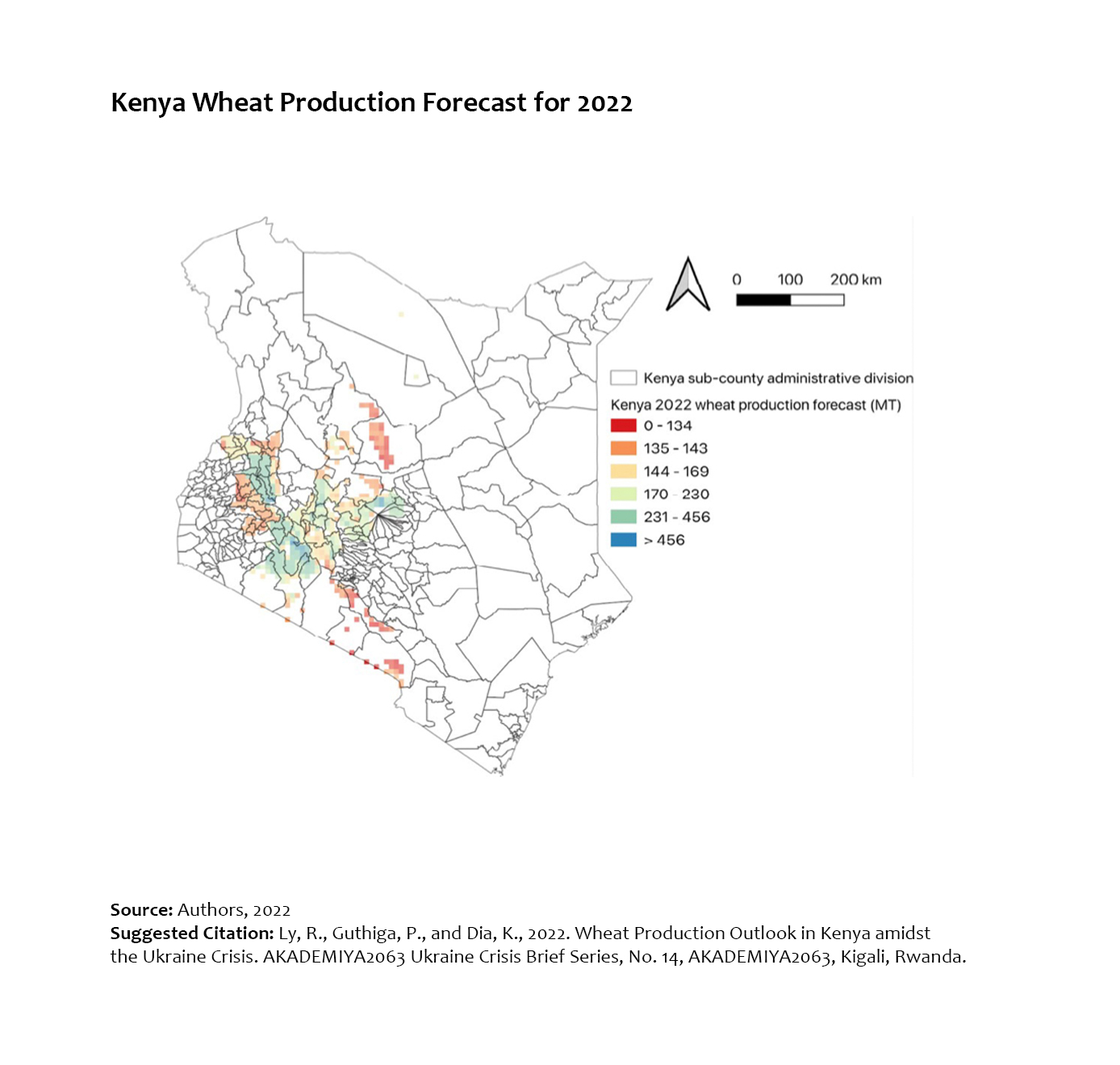
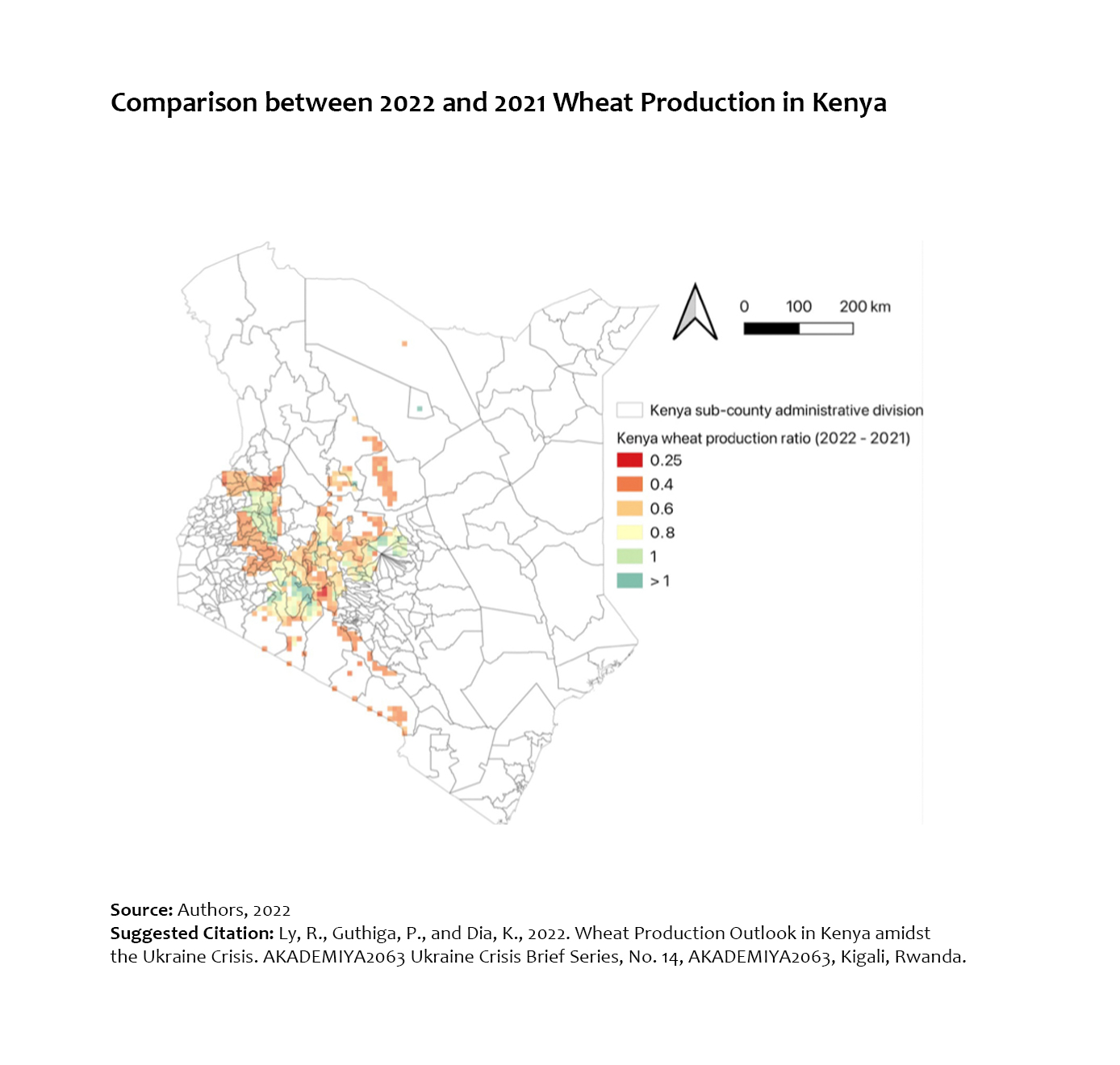
 - Kenya 2022 Land Surface Temperature Anomalies (right).jpg)
 - Kenya 2022 Rainfall Anomalies (right).jpg)
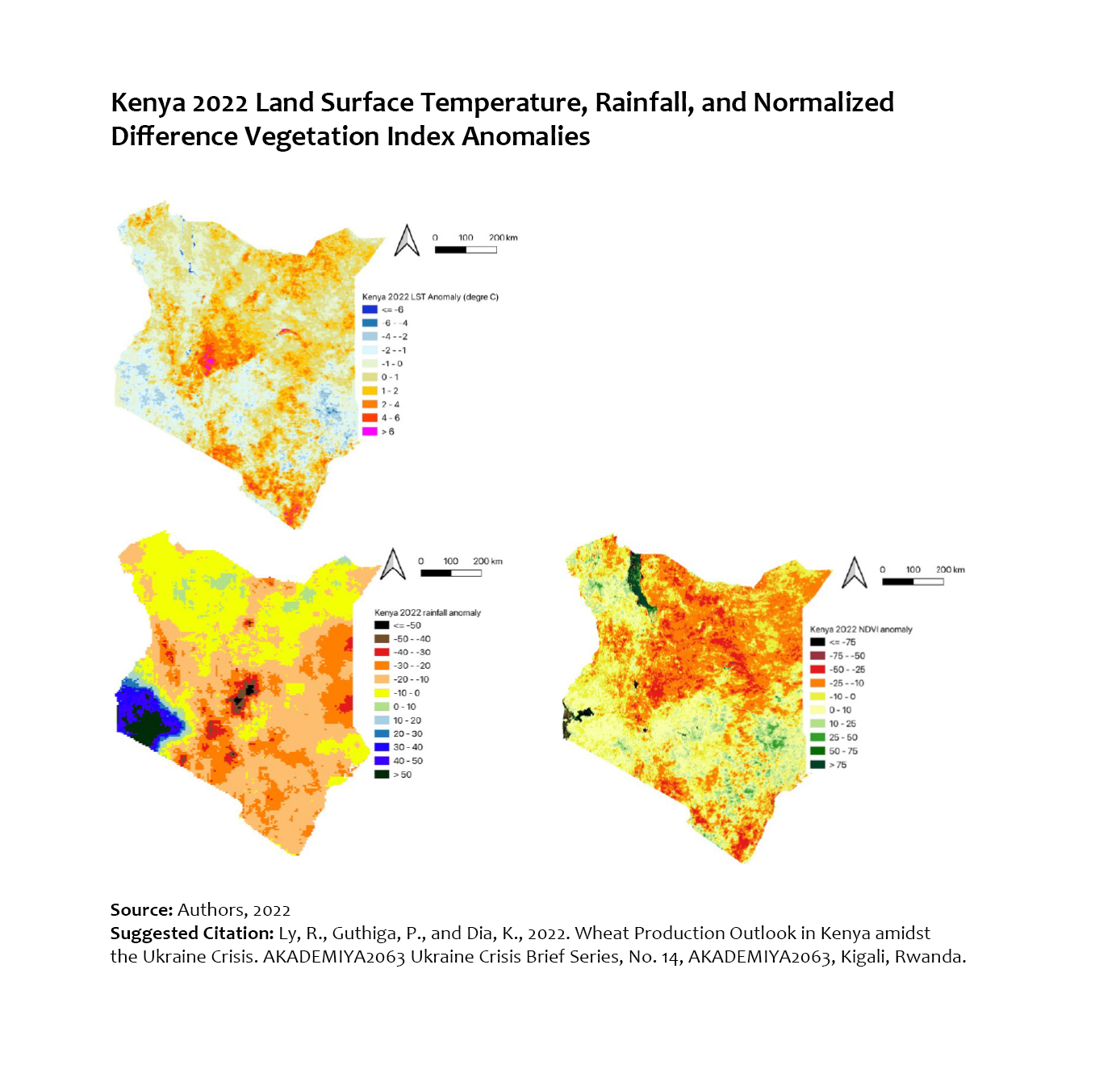
.jpg)
.jpg)
.jpg)
.jpg)
.jpg)
.jpg)
.jpg)
.jpg)
.jpg)
.jpg)
.jpg)
.jpg)
.jpg)
.jpg)
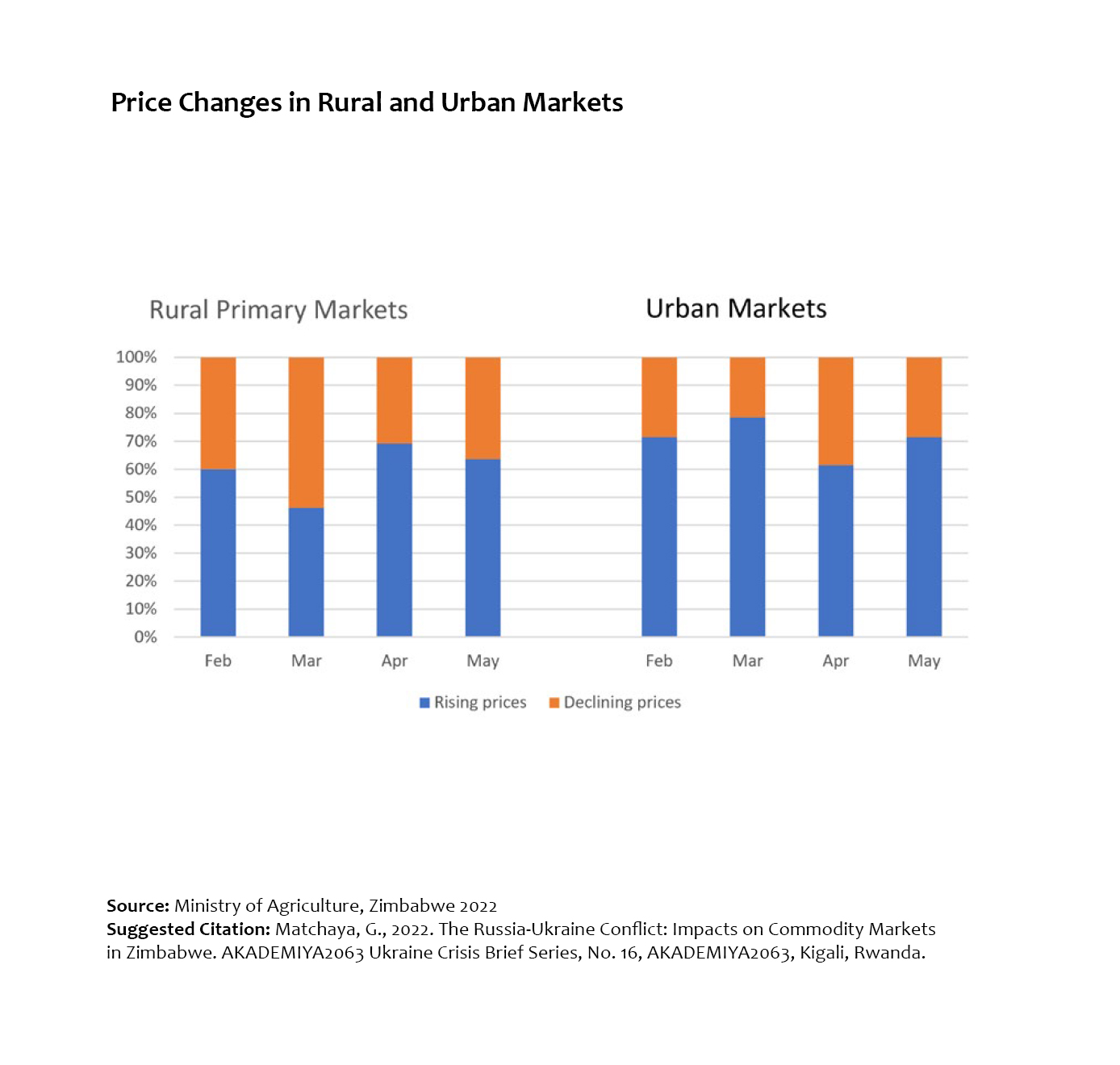
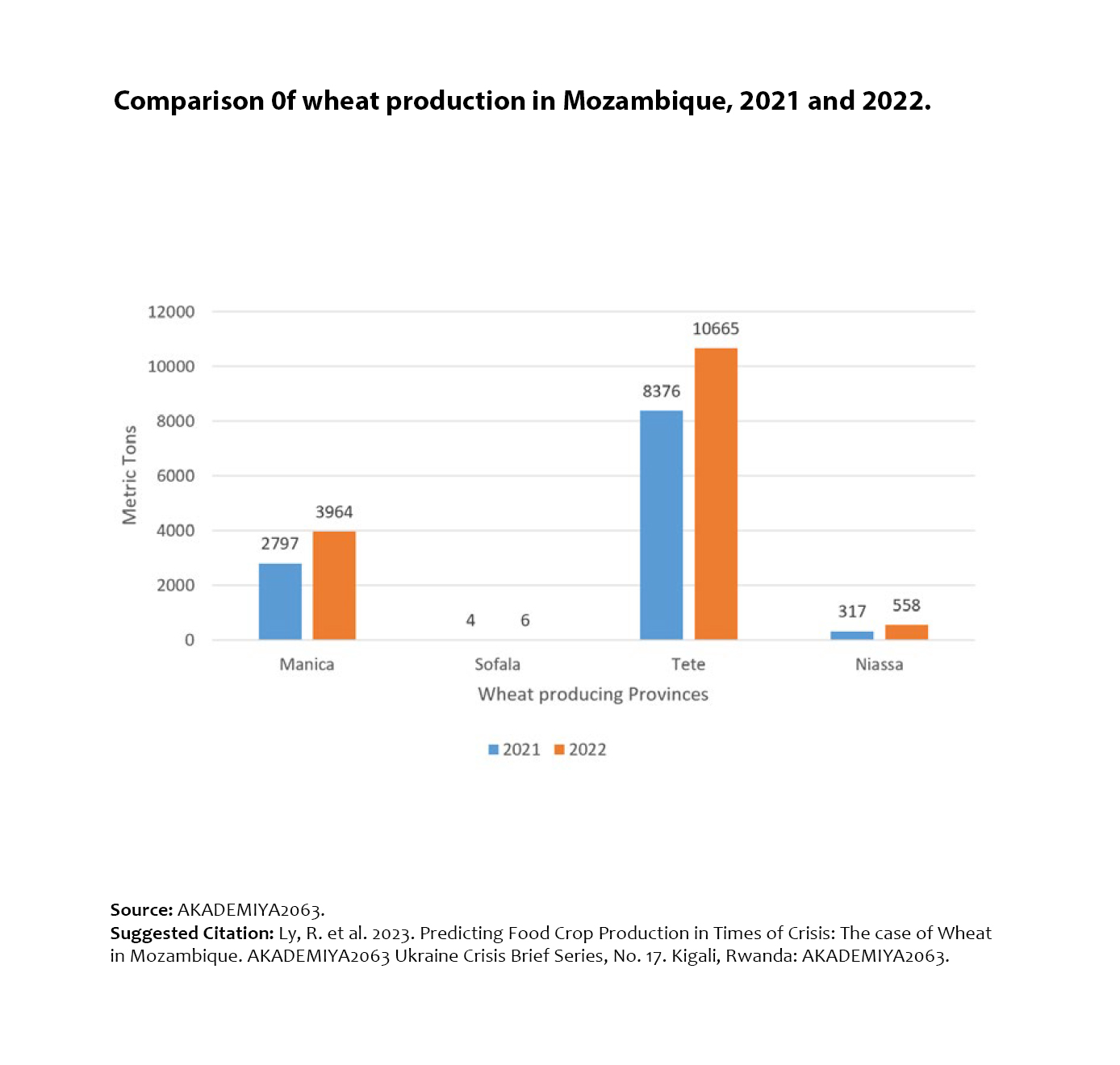
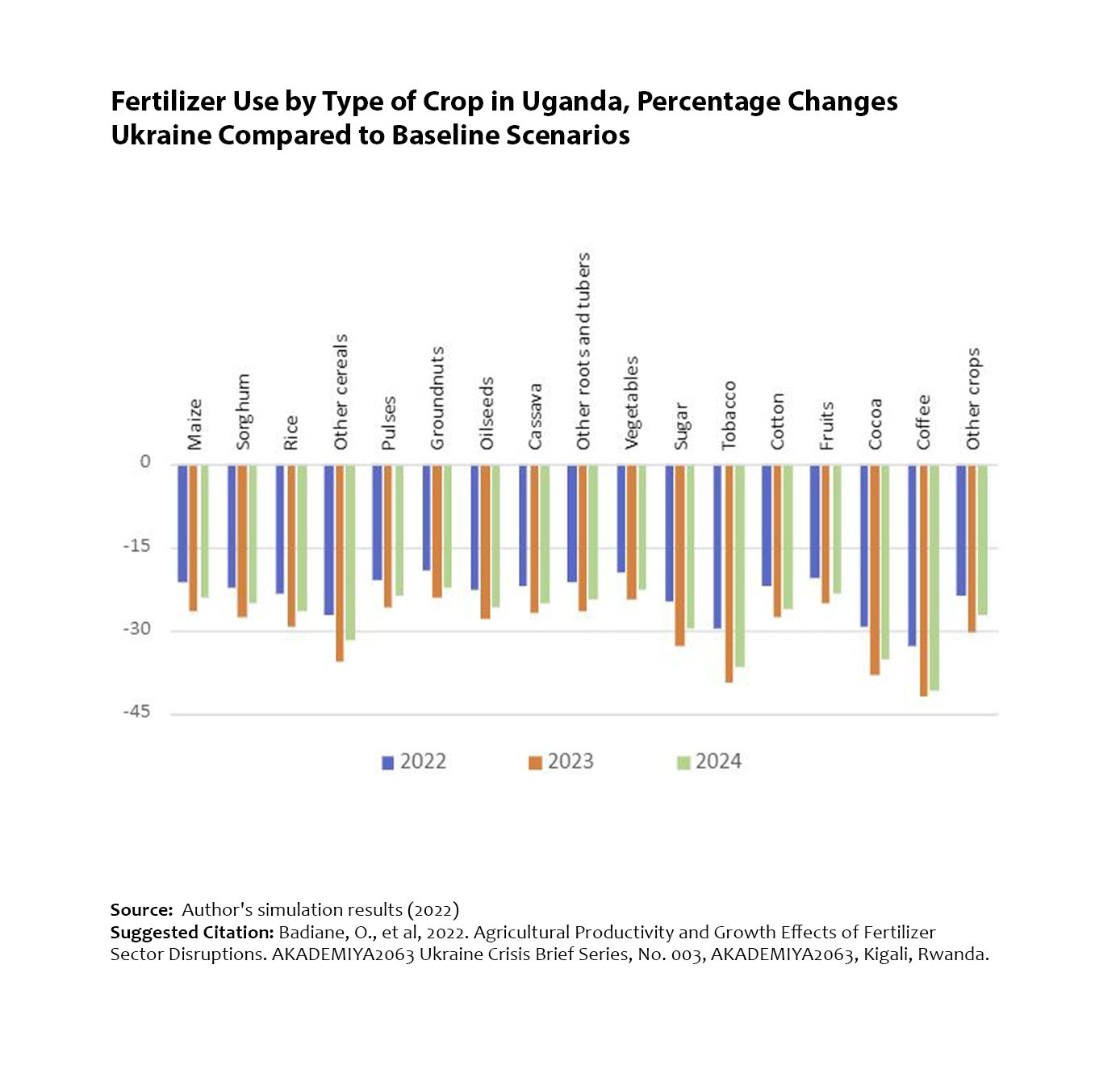

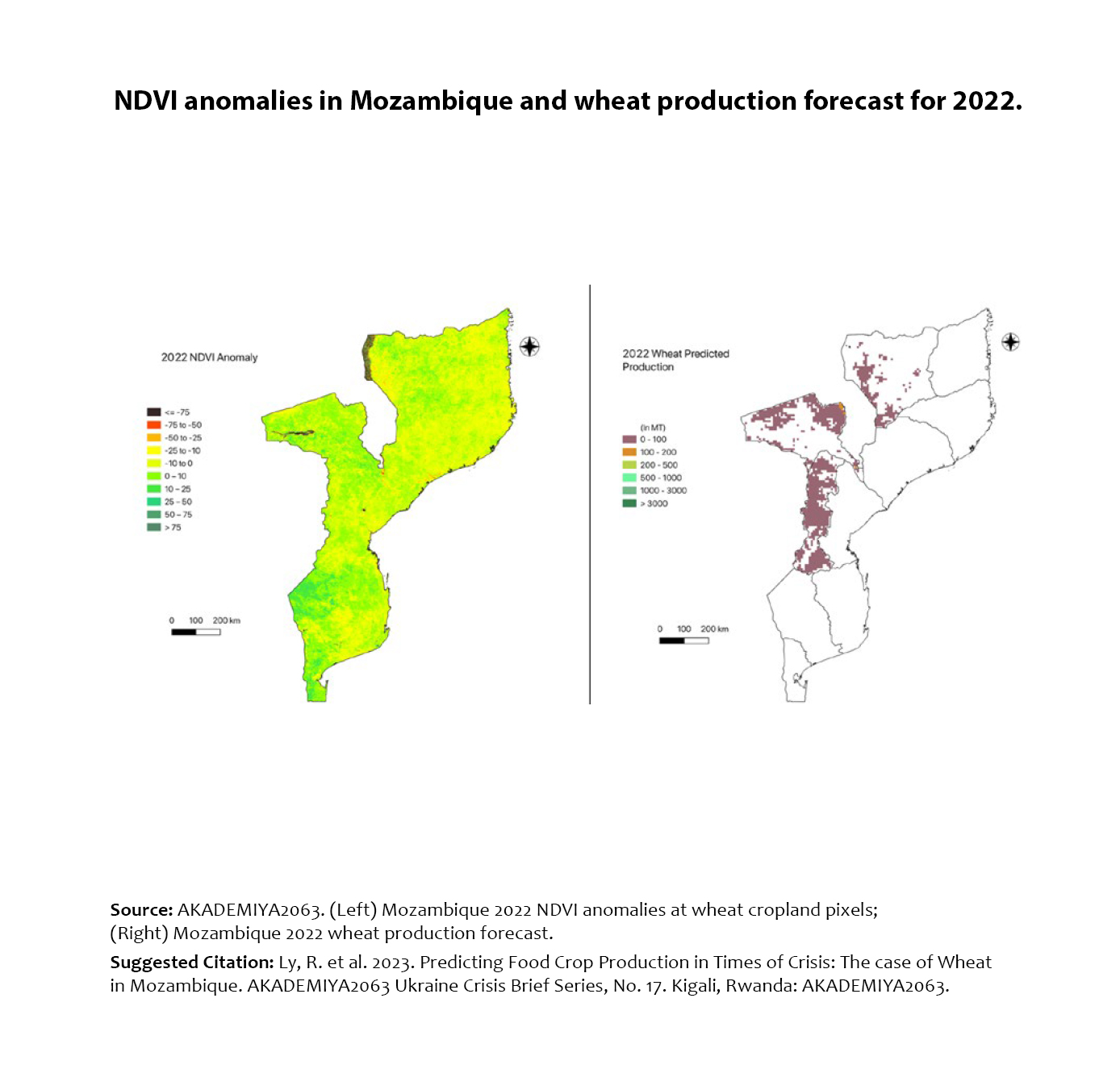
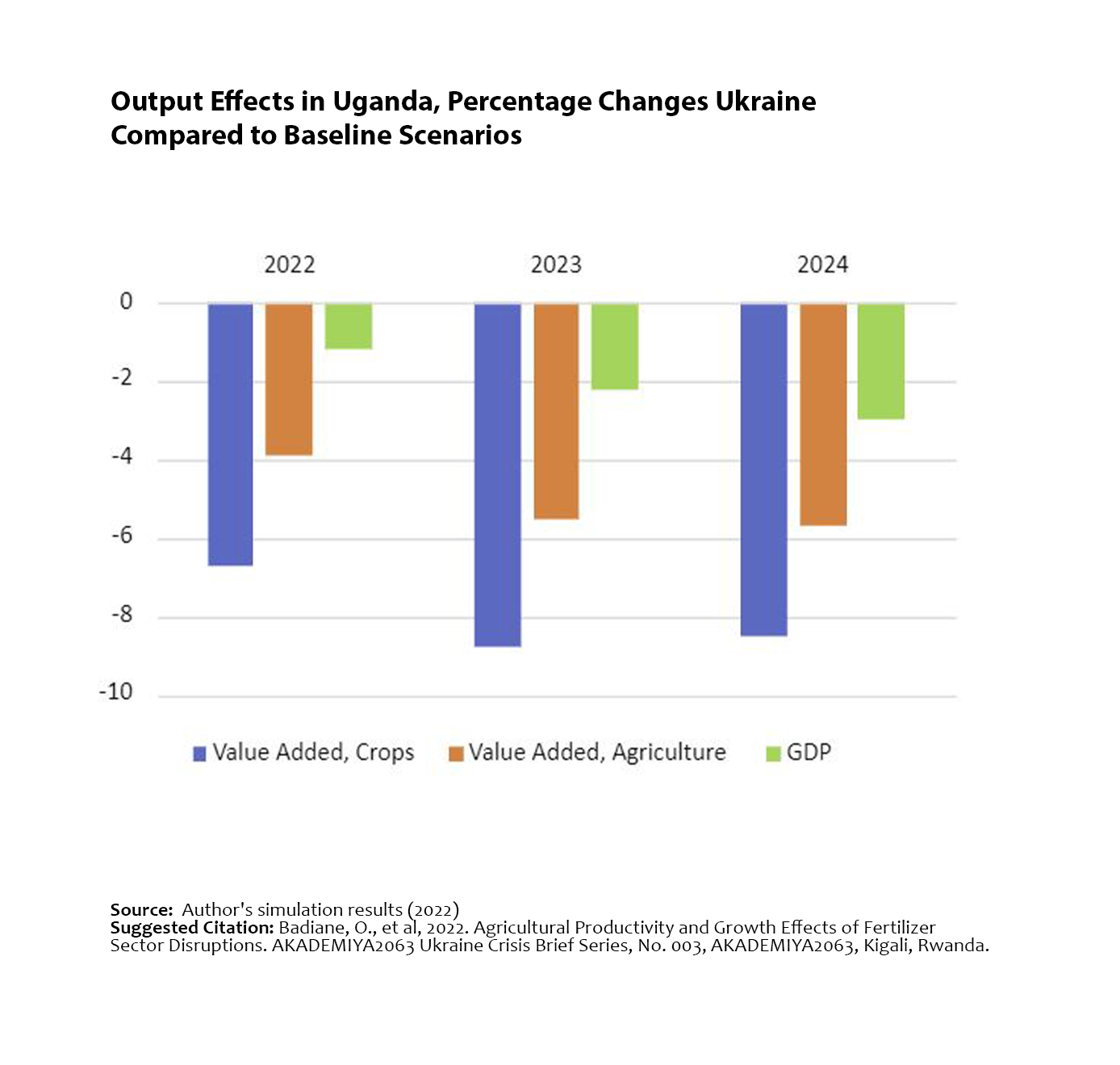
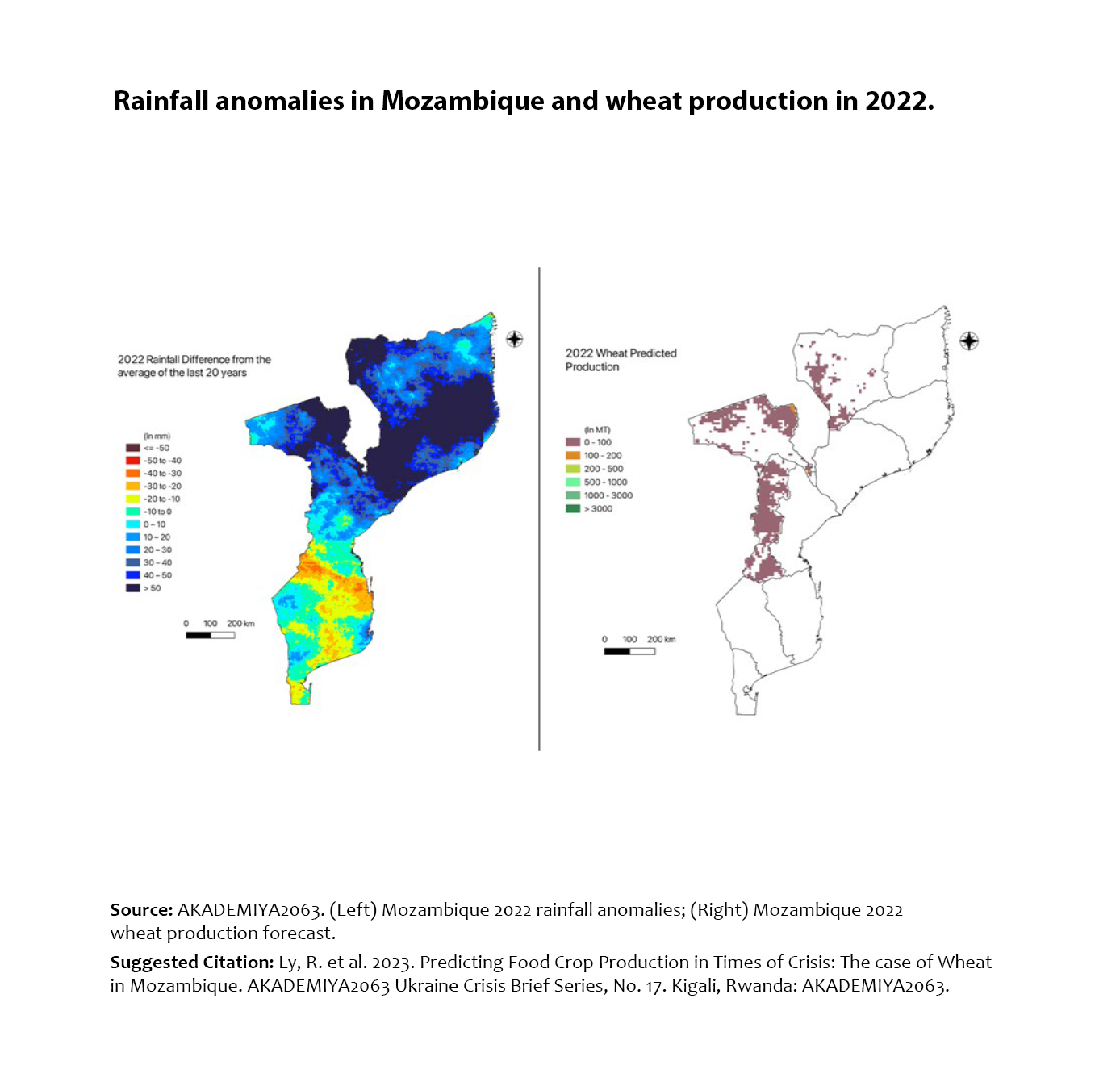
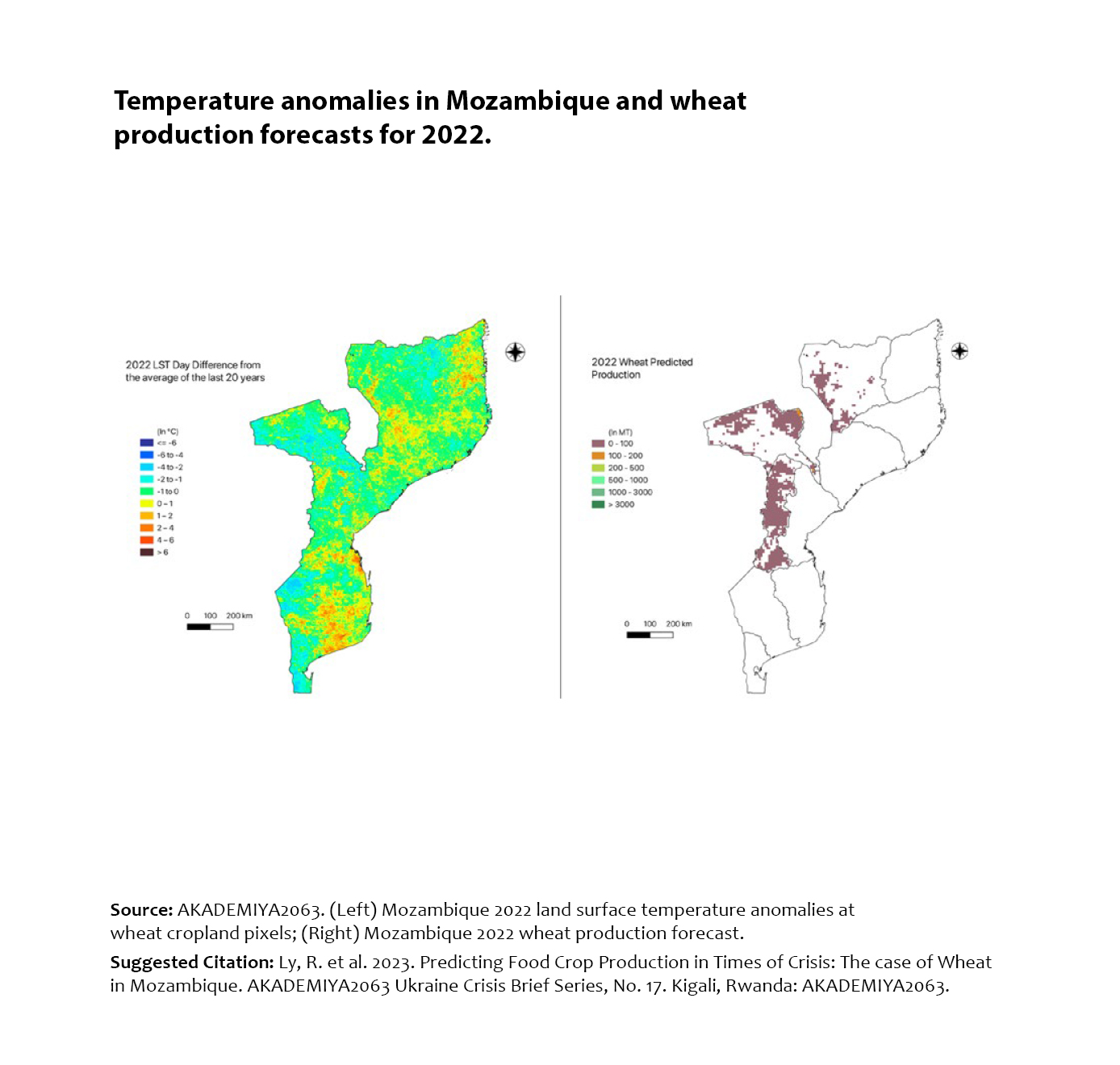
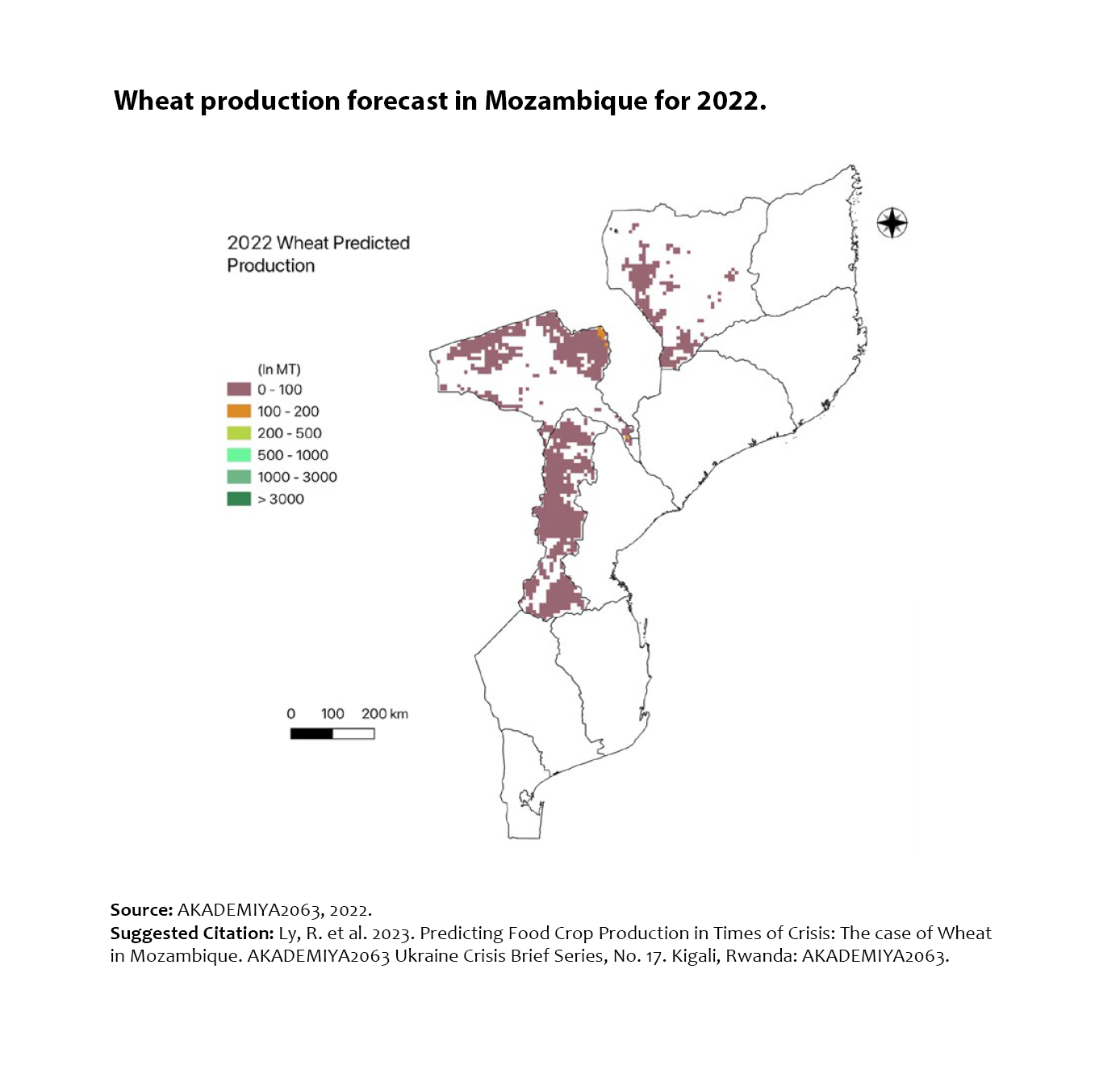


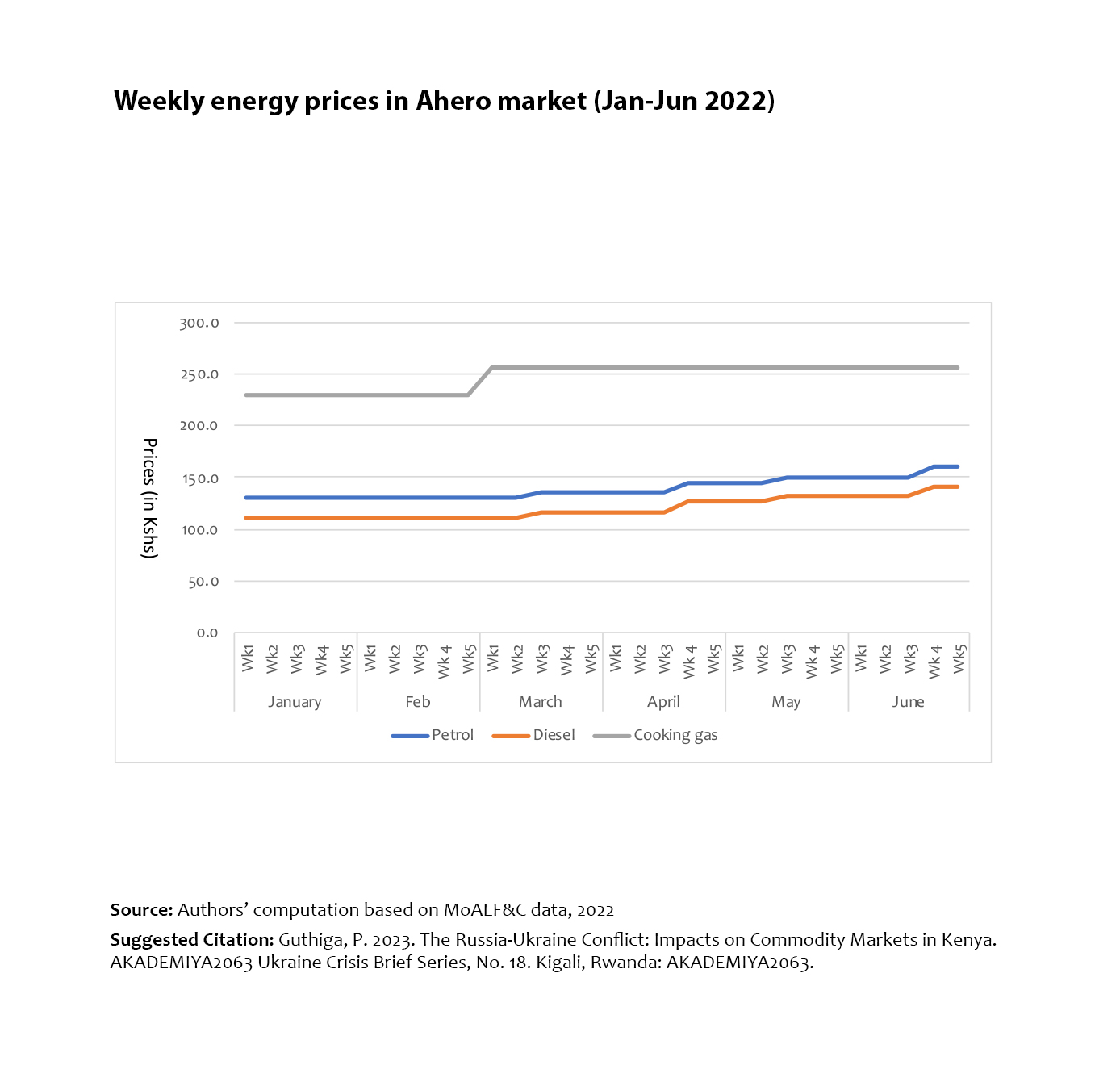

.jpg)
.jpg)
.jpg)
.jpg)
.jpg)
.jpg)
.jpg)
 of food commodities in Gulu (Jan-May 2022).jpg)
 of food commodities in Mbale market (Jan-May 2022).jpg)
 of food commodities in Mbarara (Jan-May 2022).jpg)
.jpg)
3 of food commodities in Kampala (Jan-Jun 2022).jpg)
